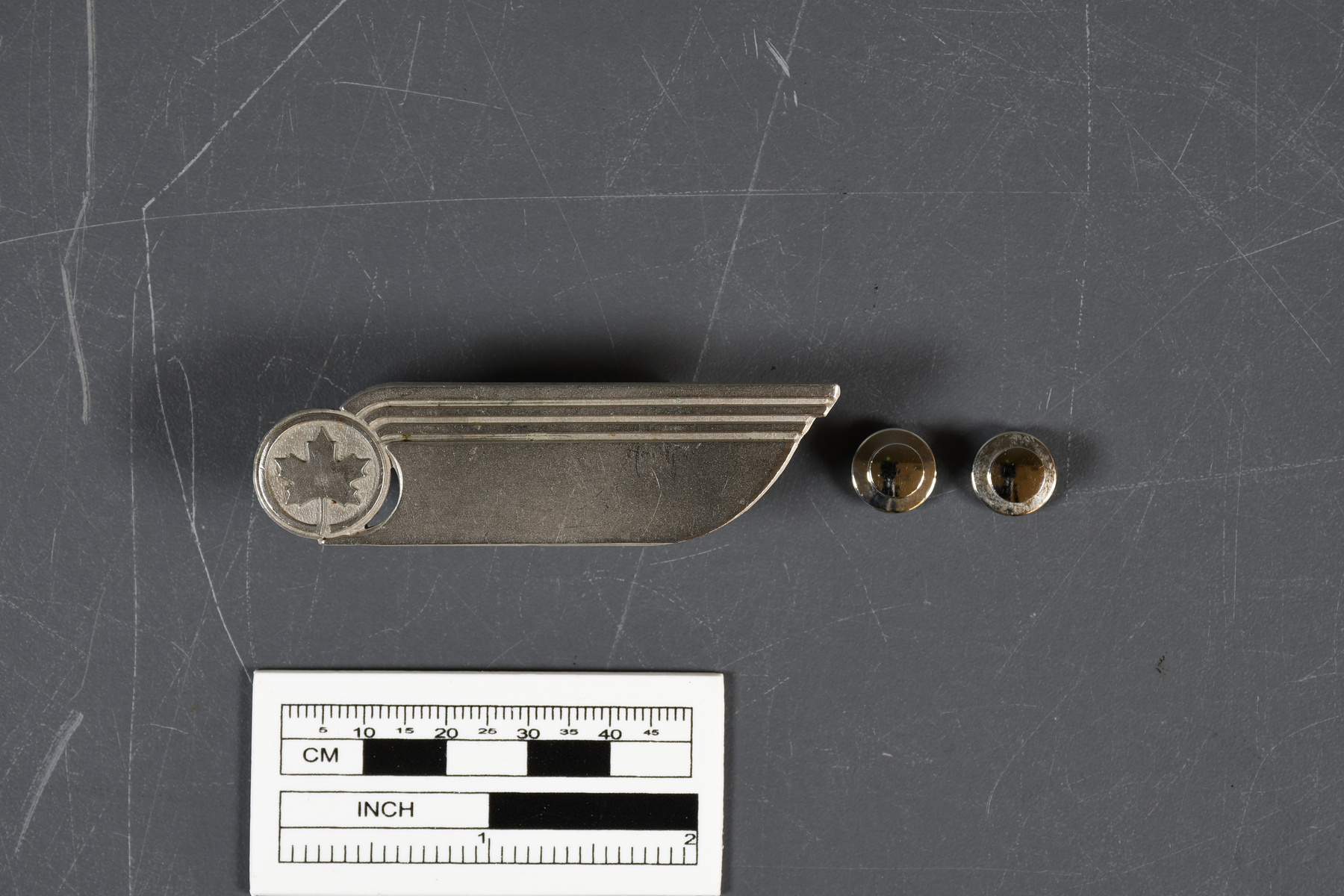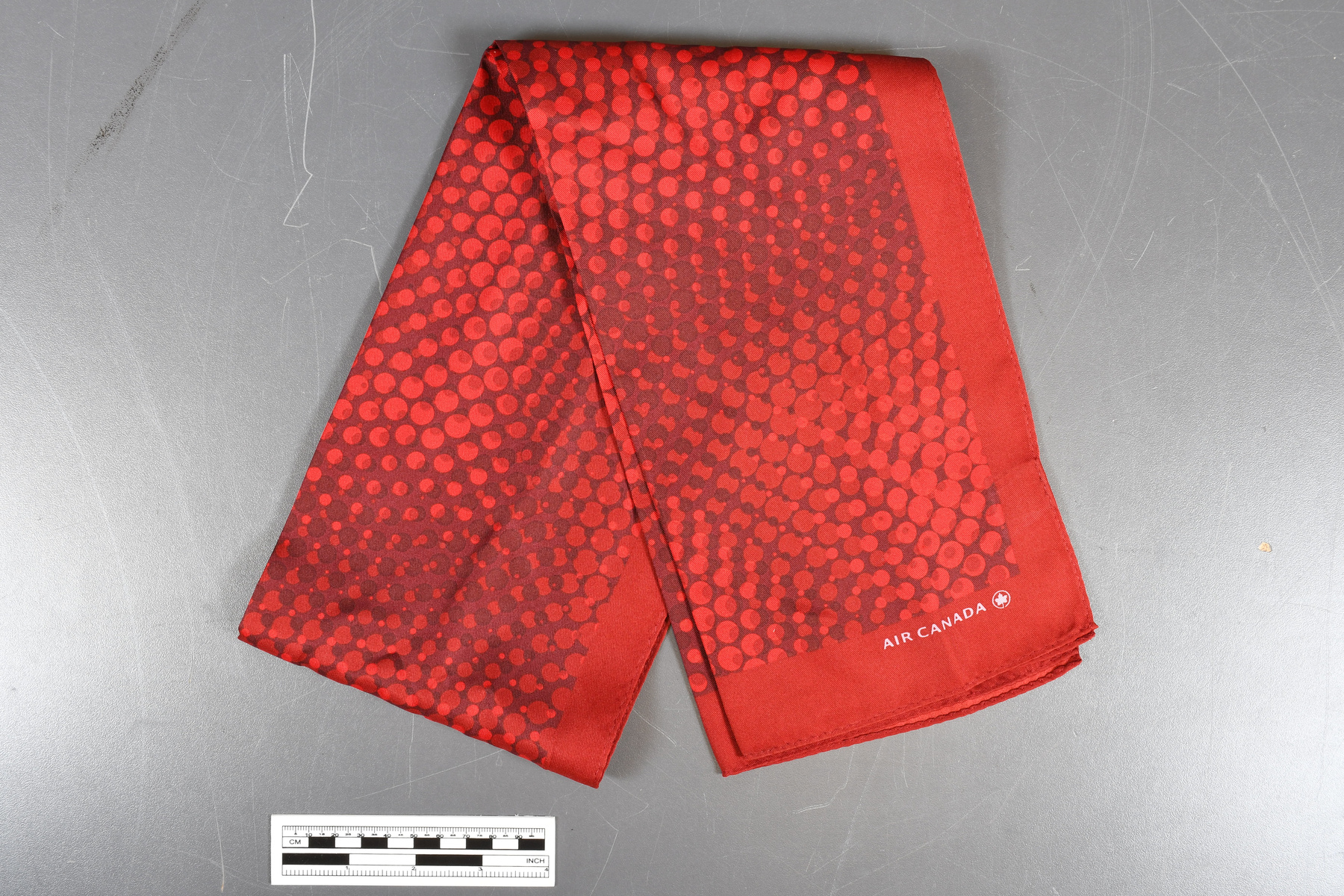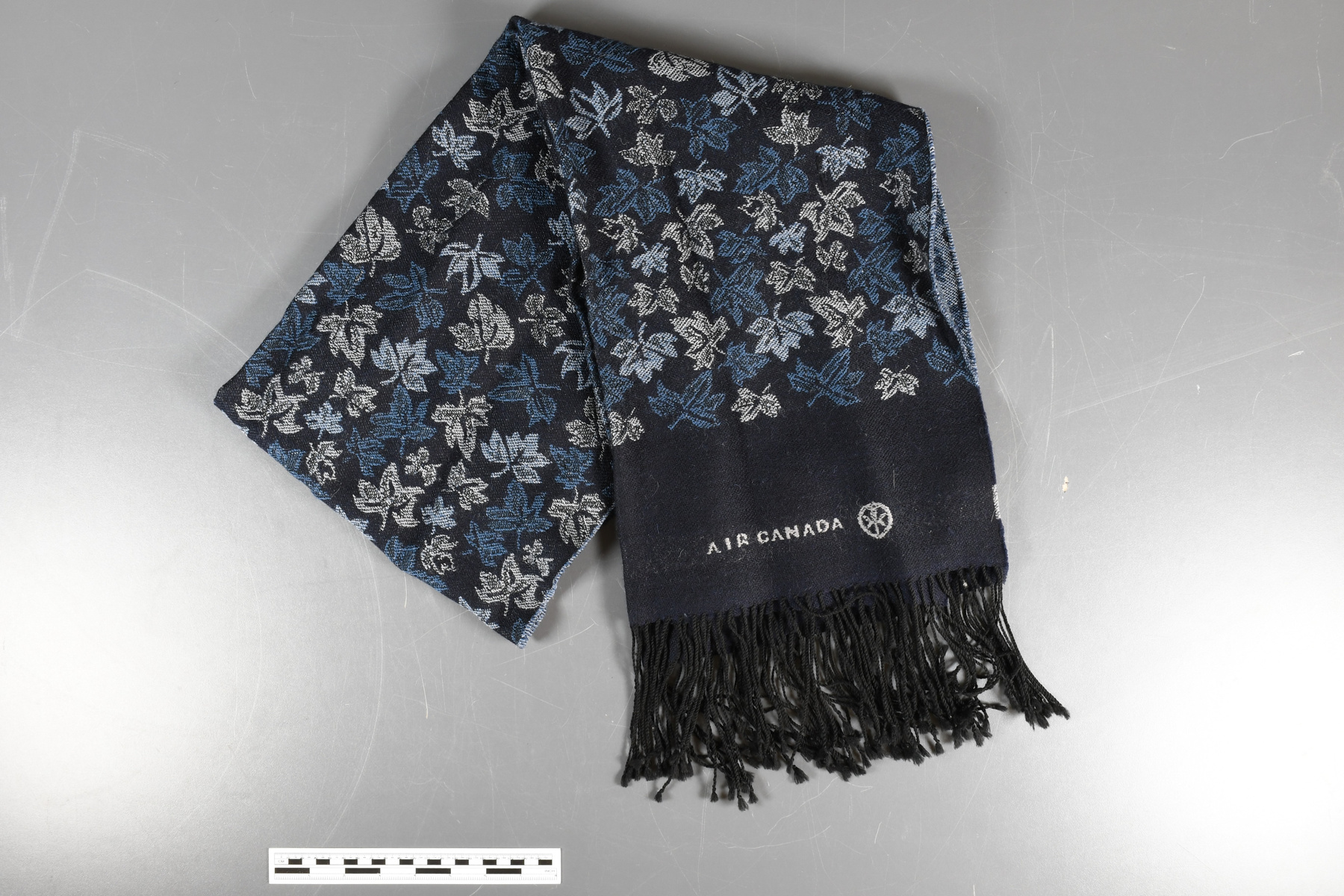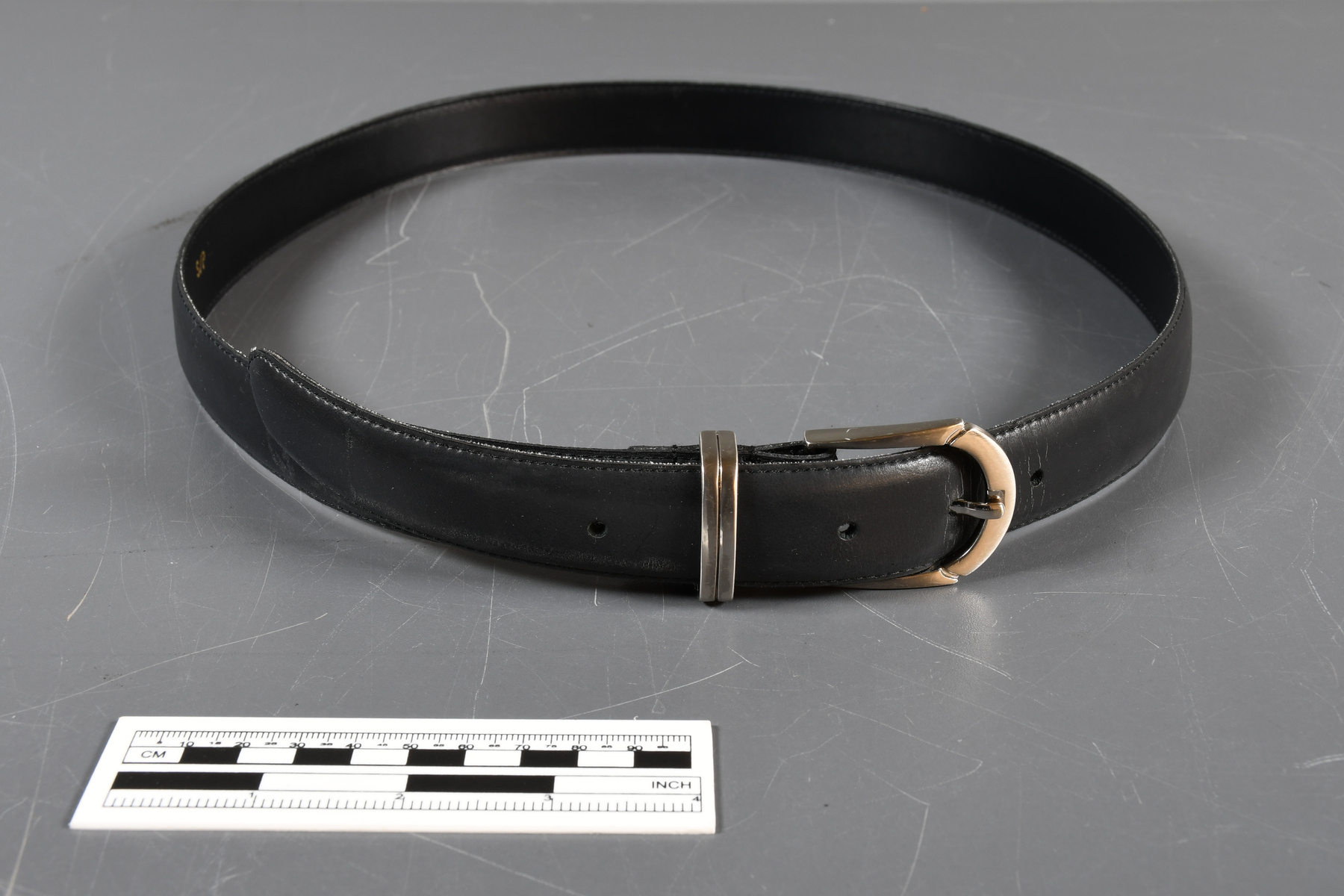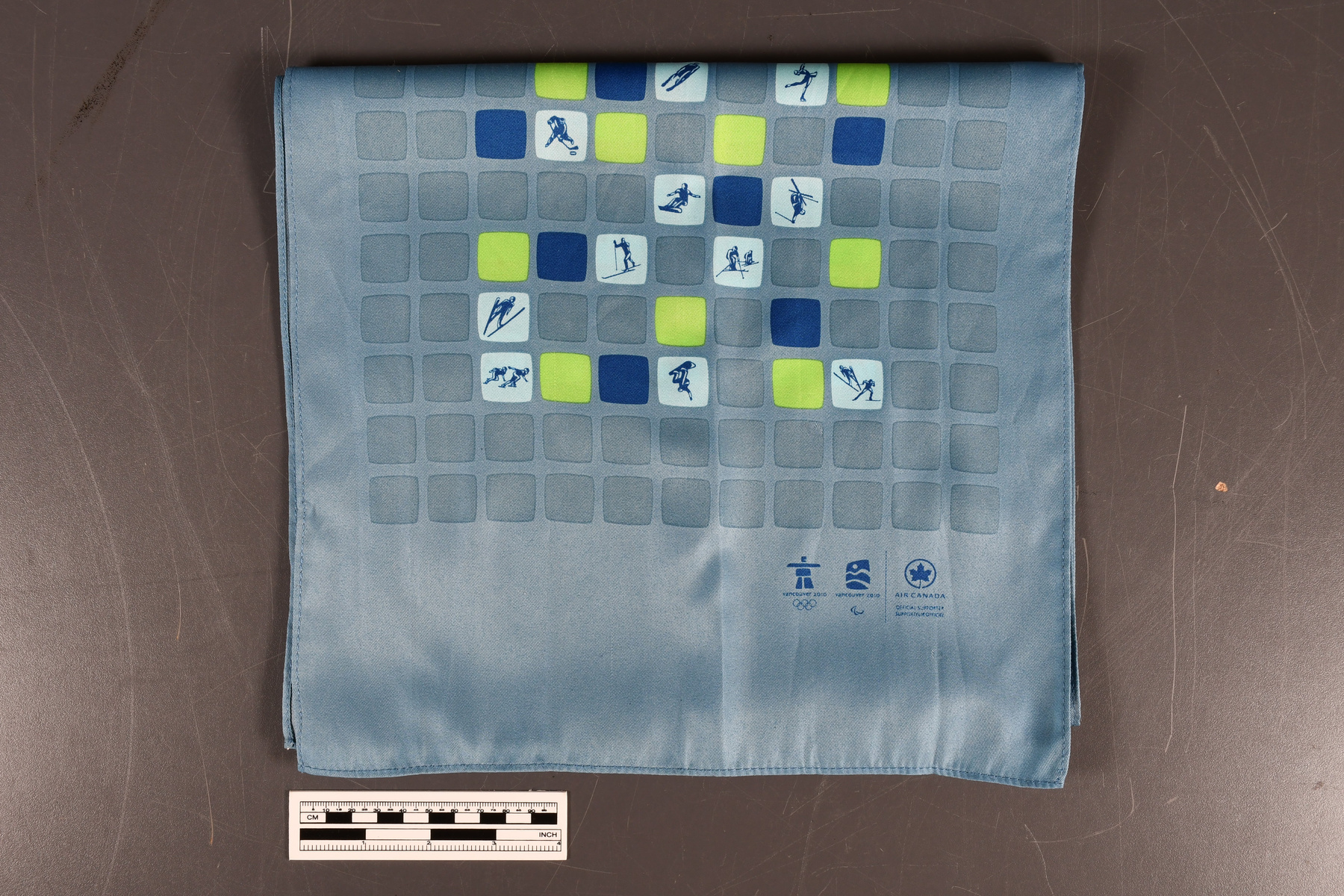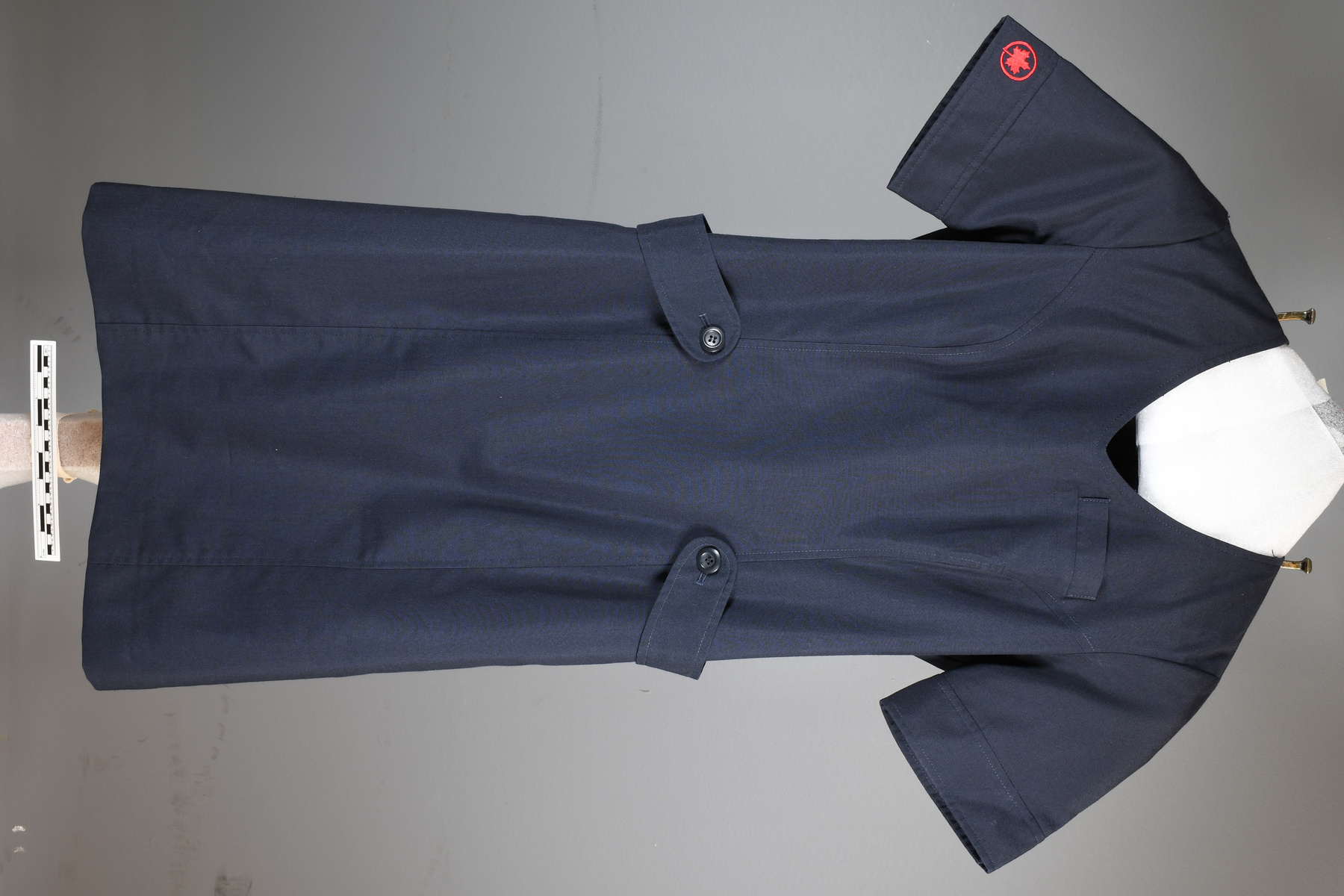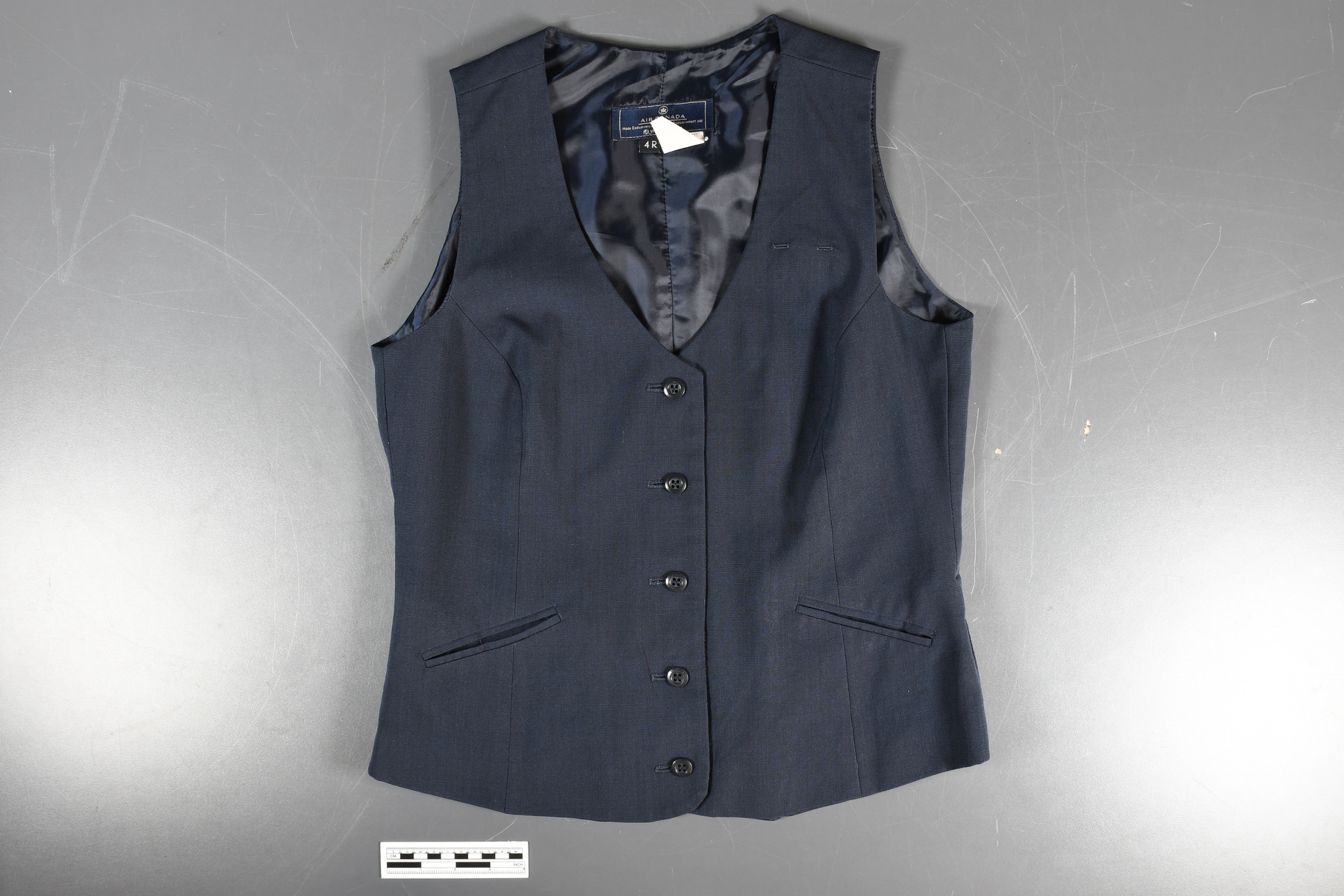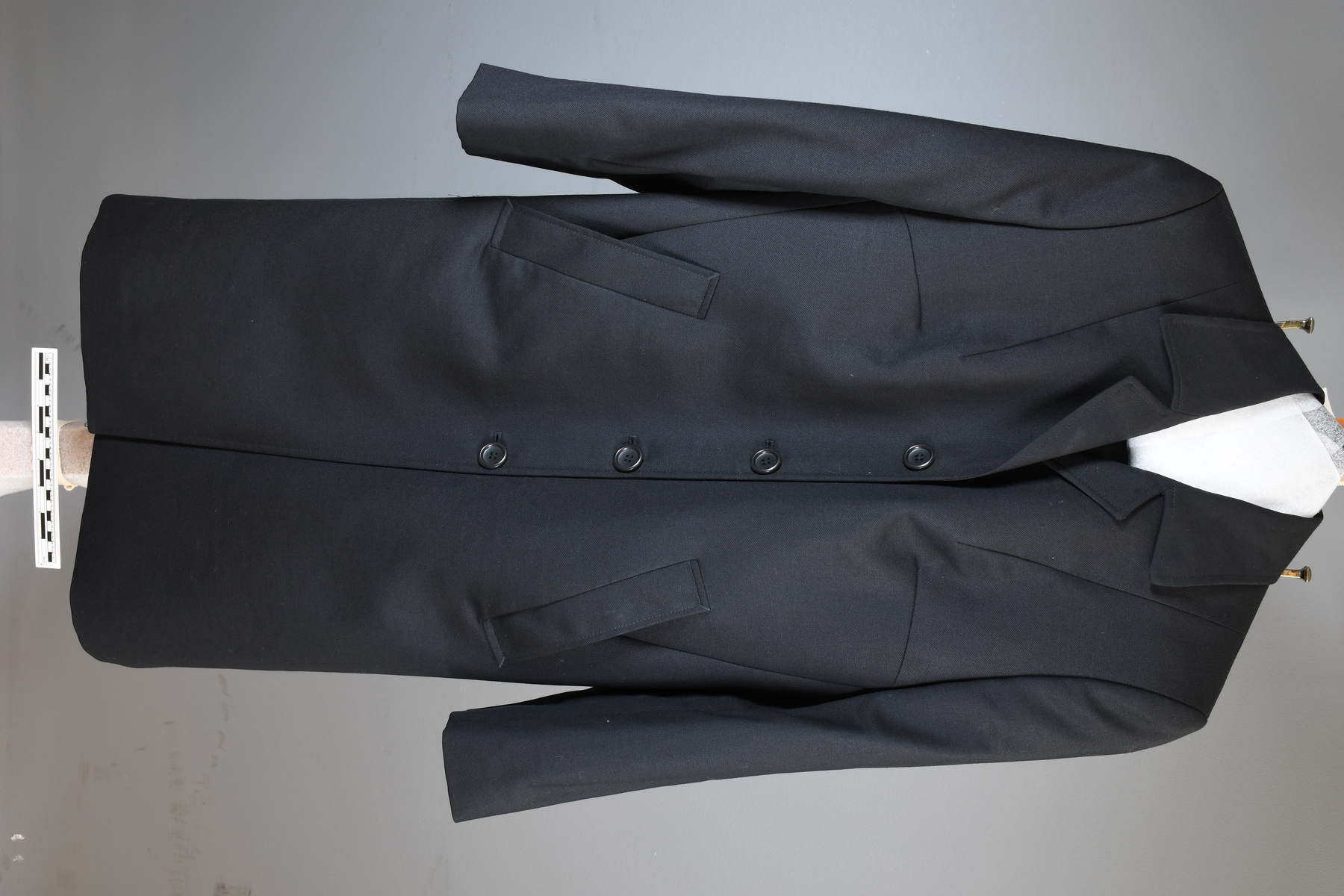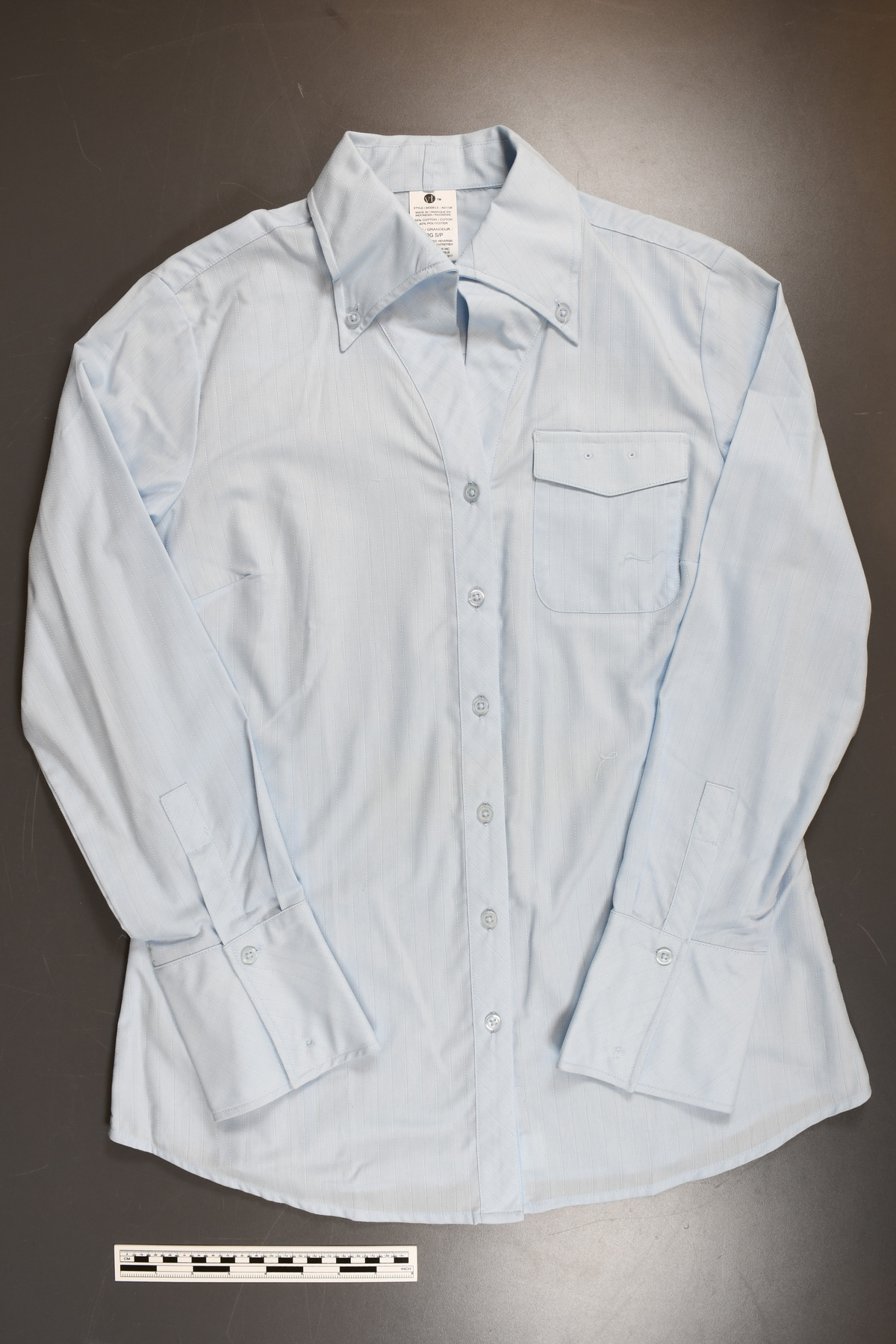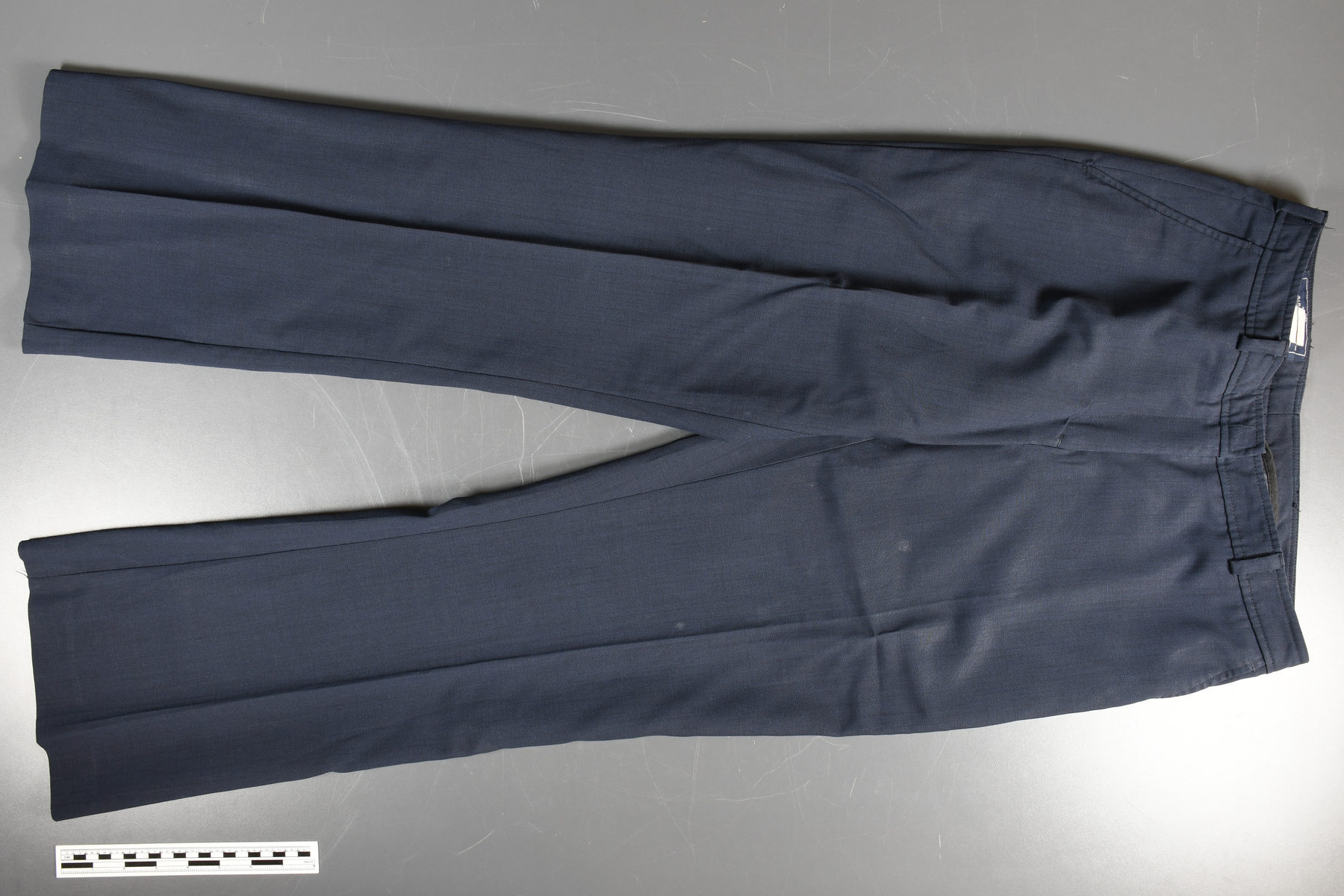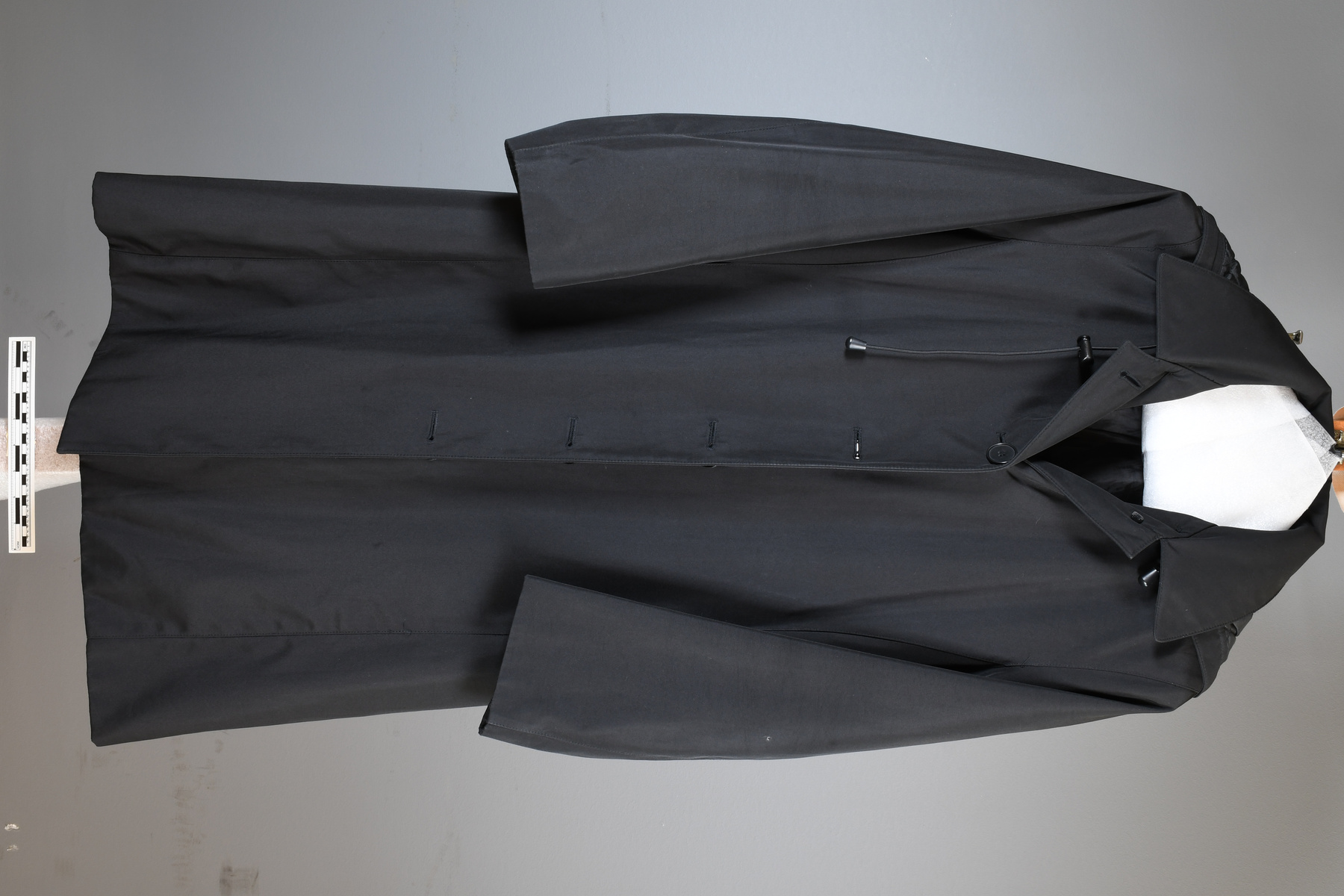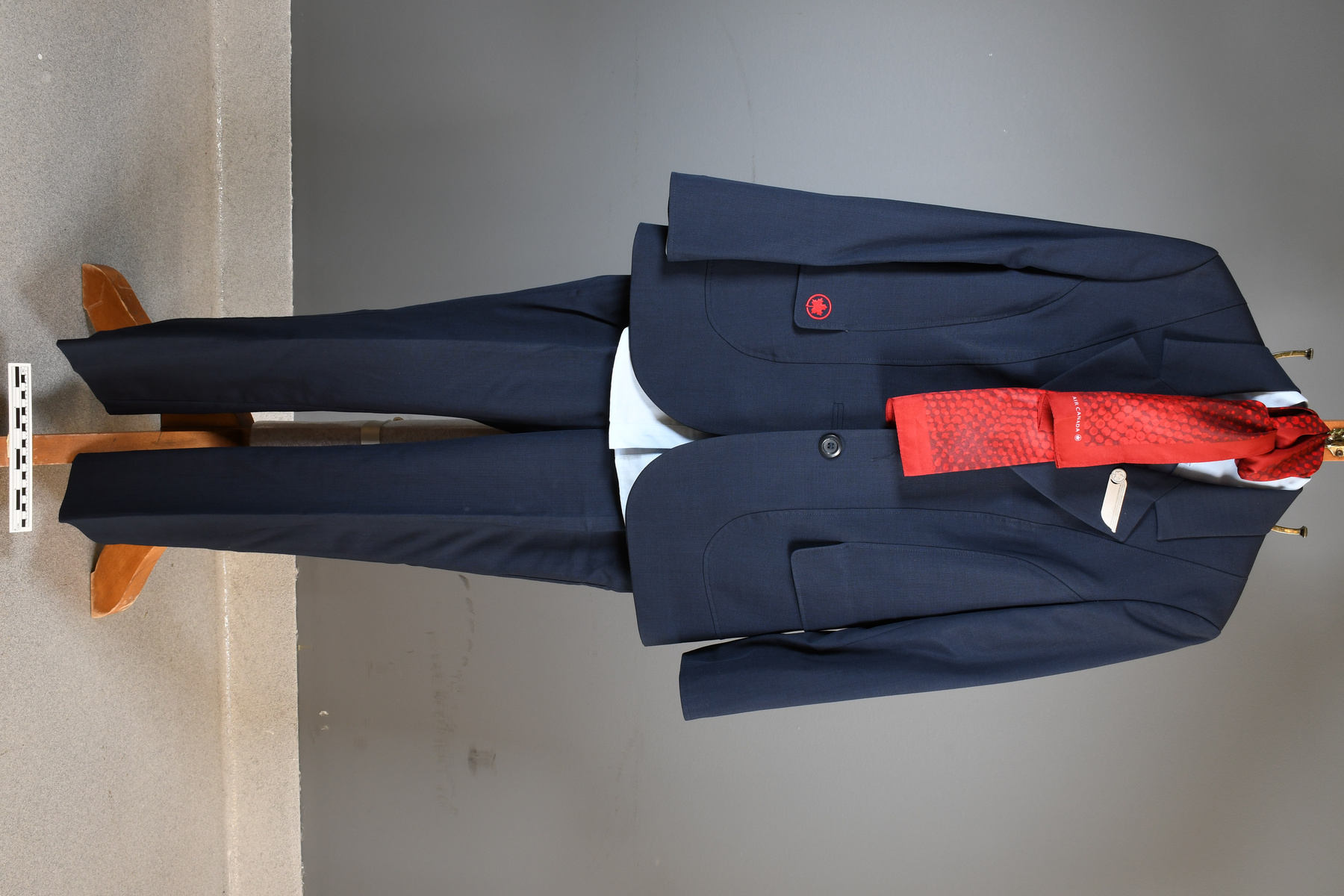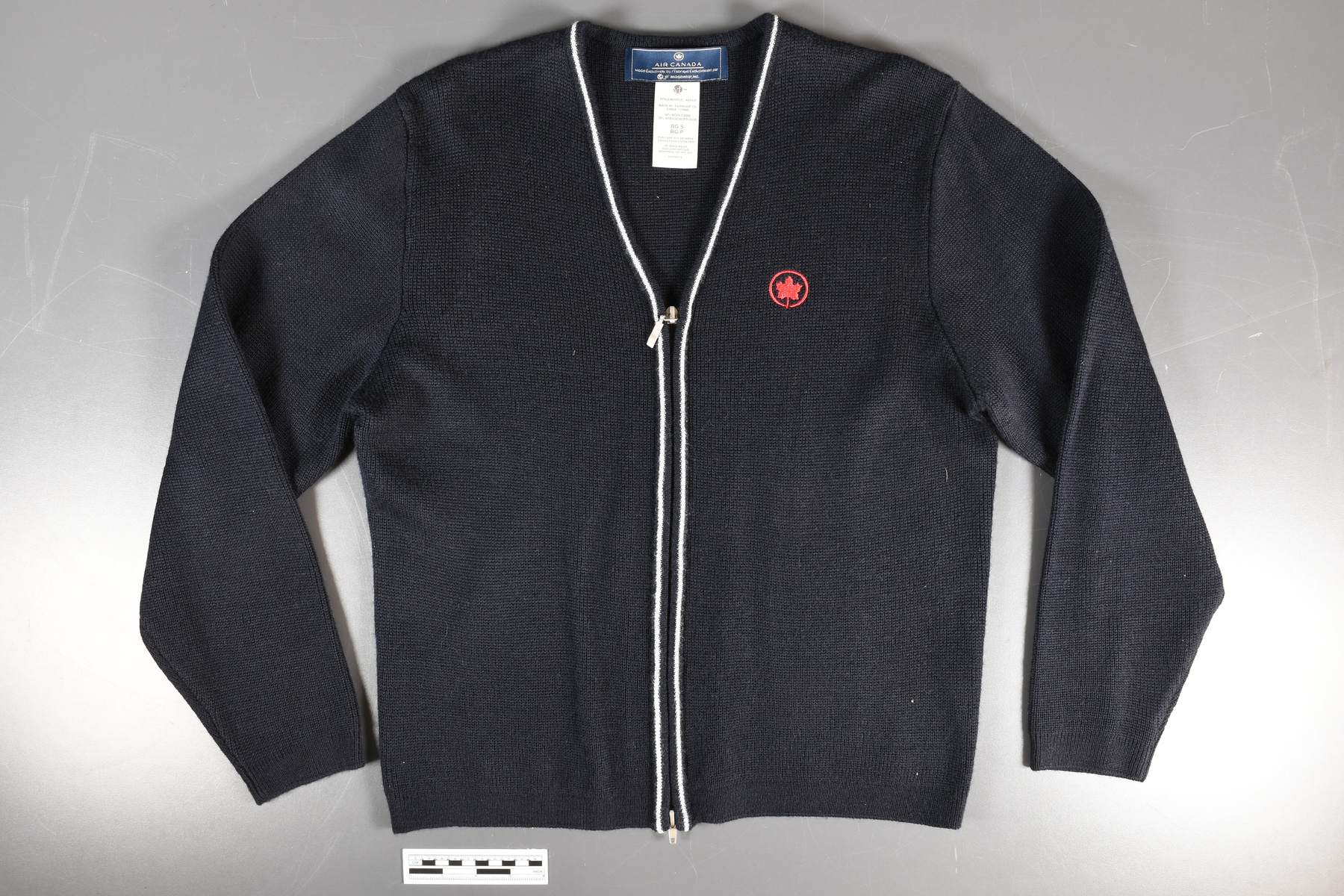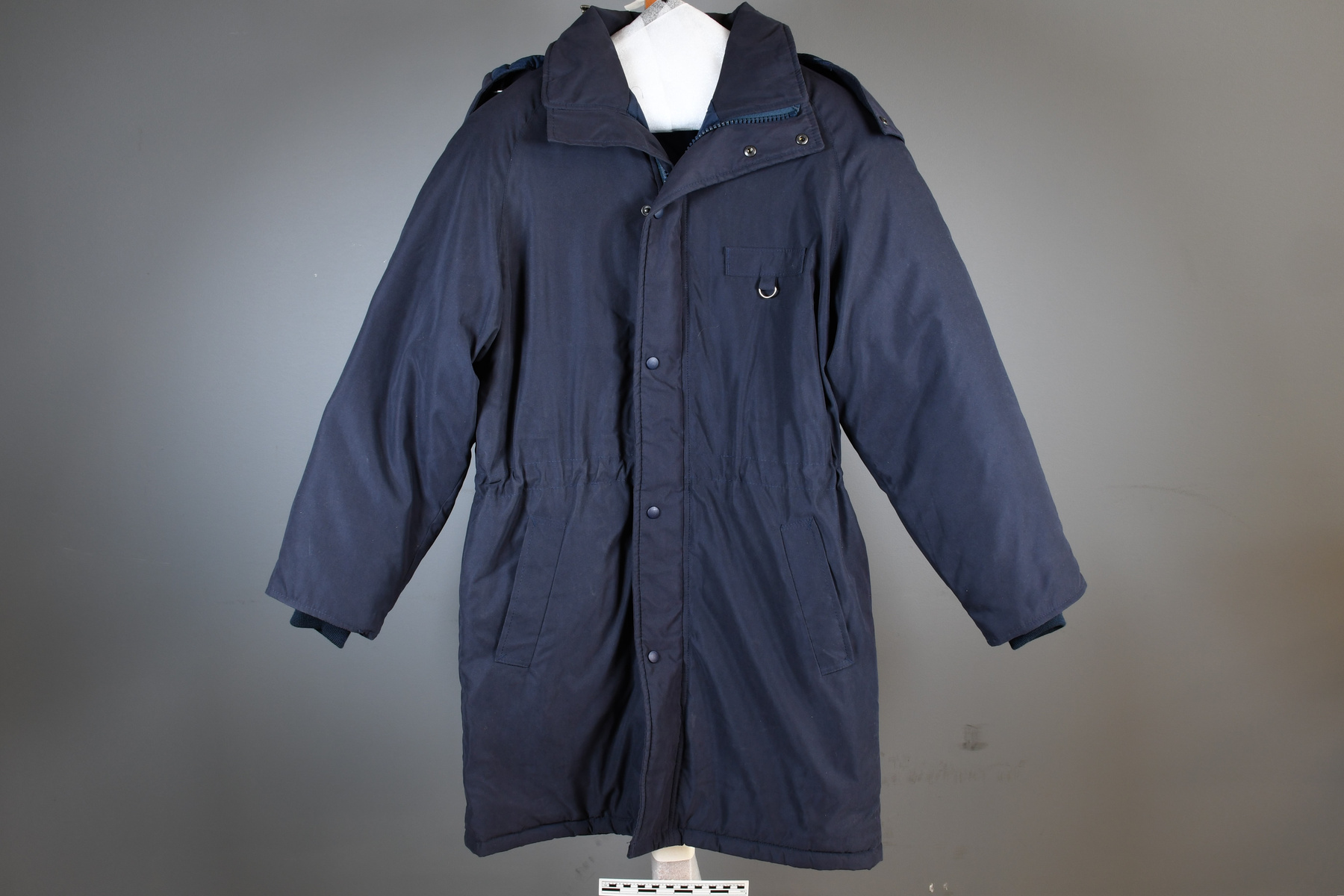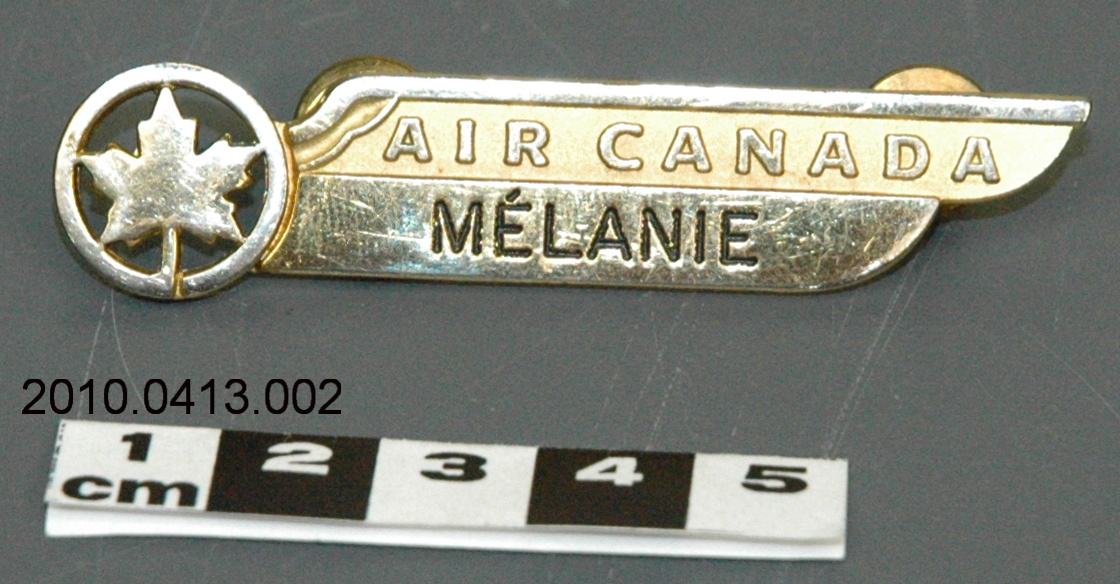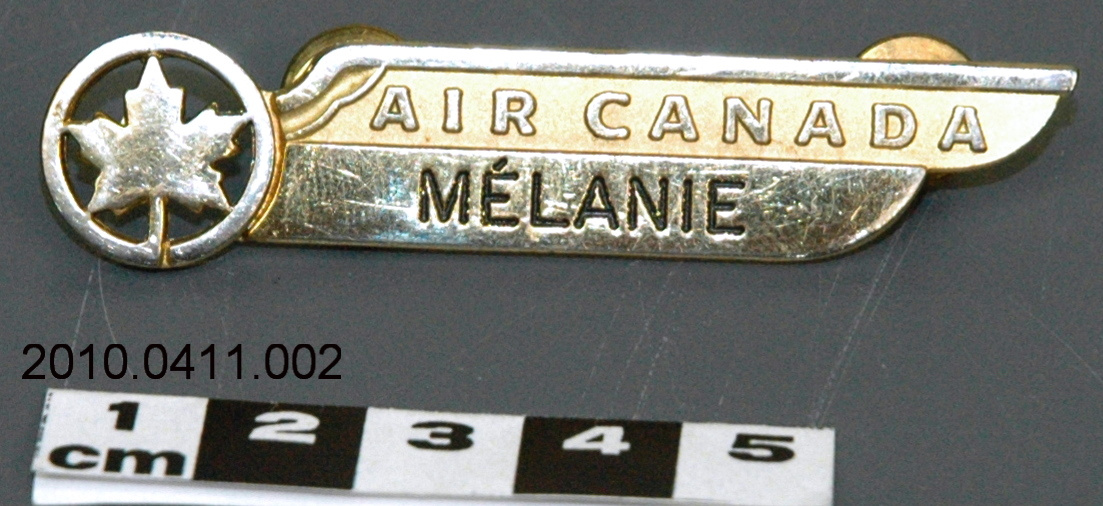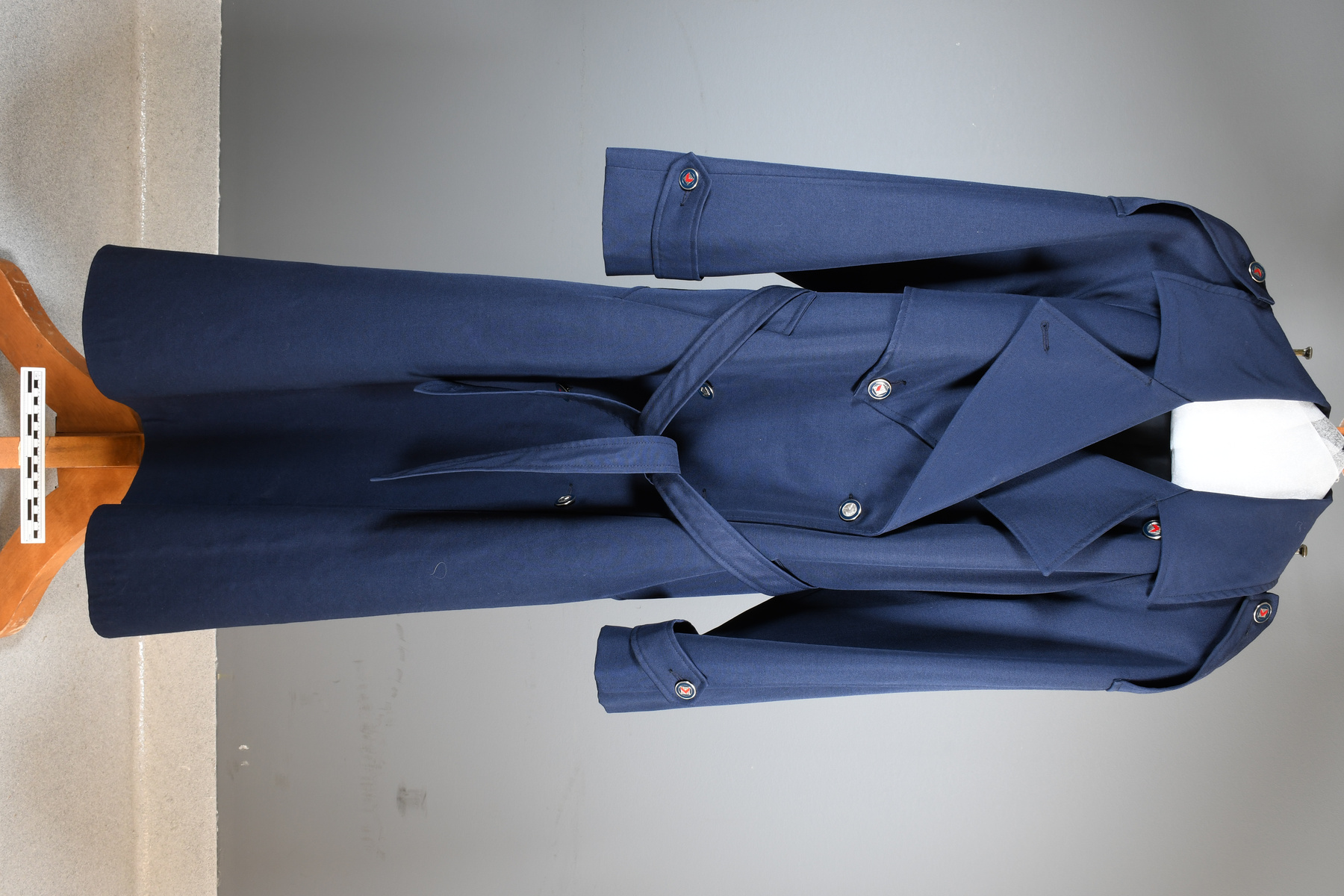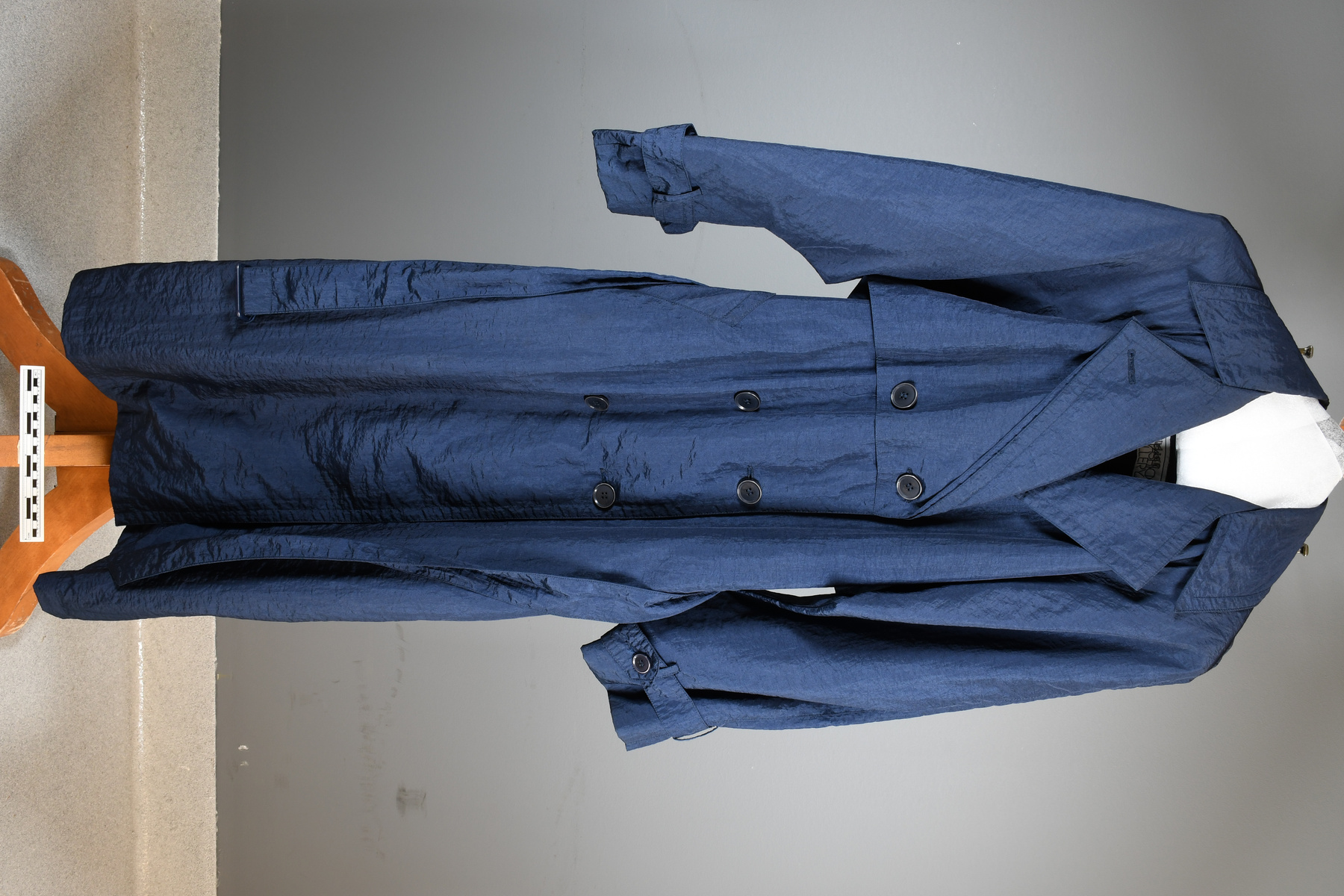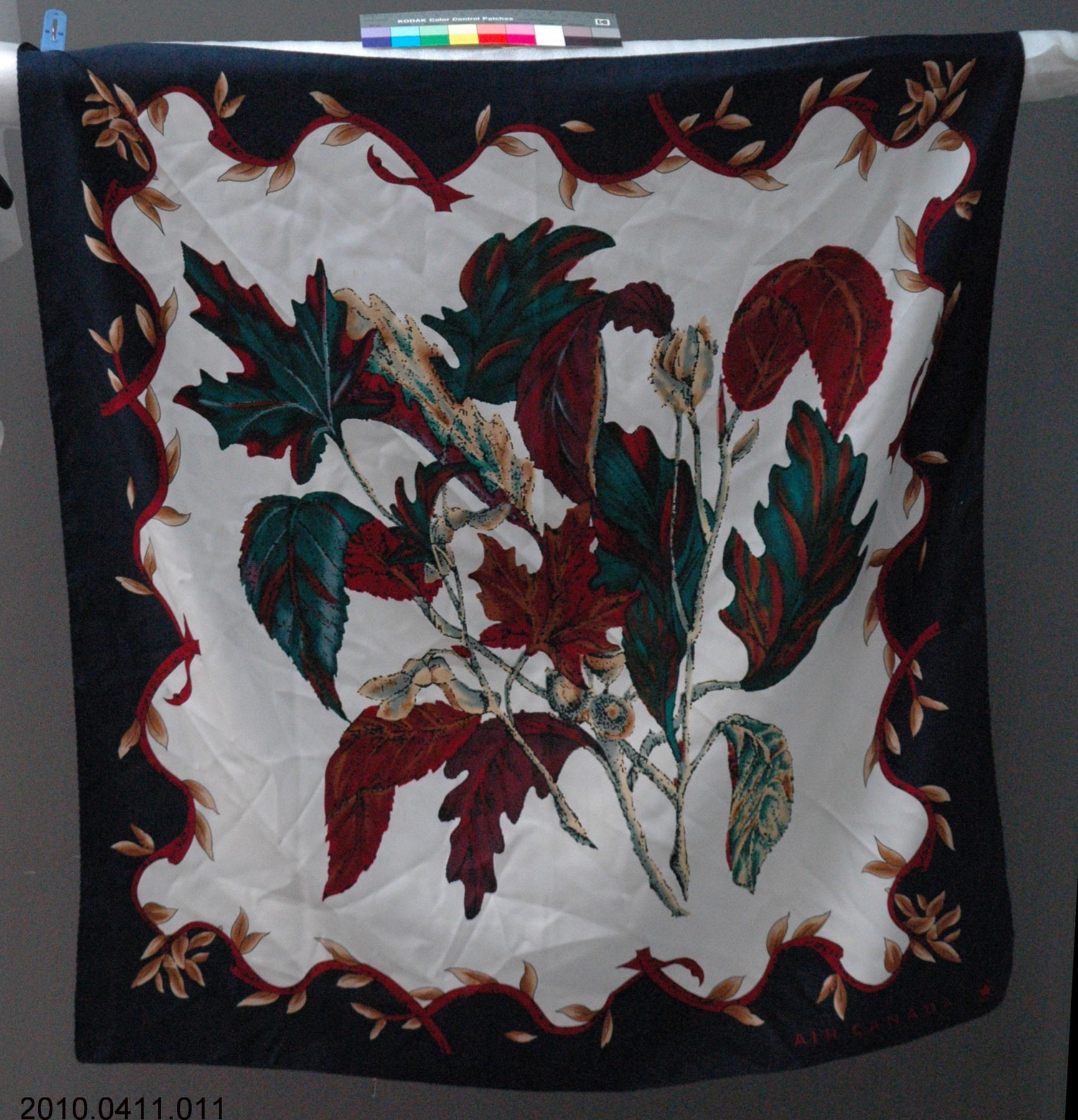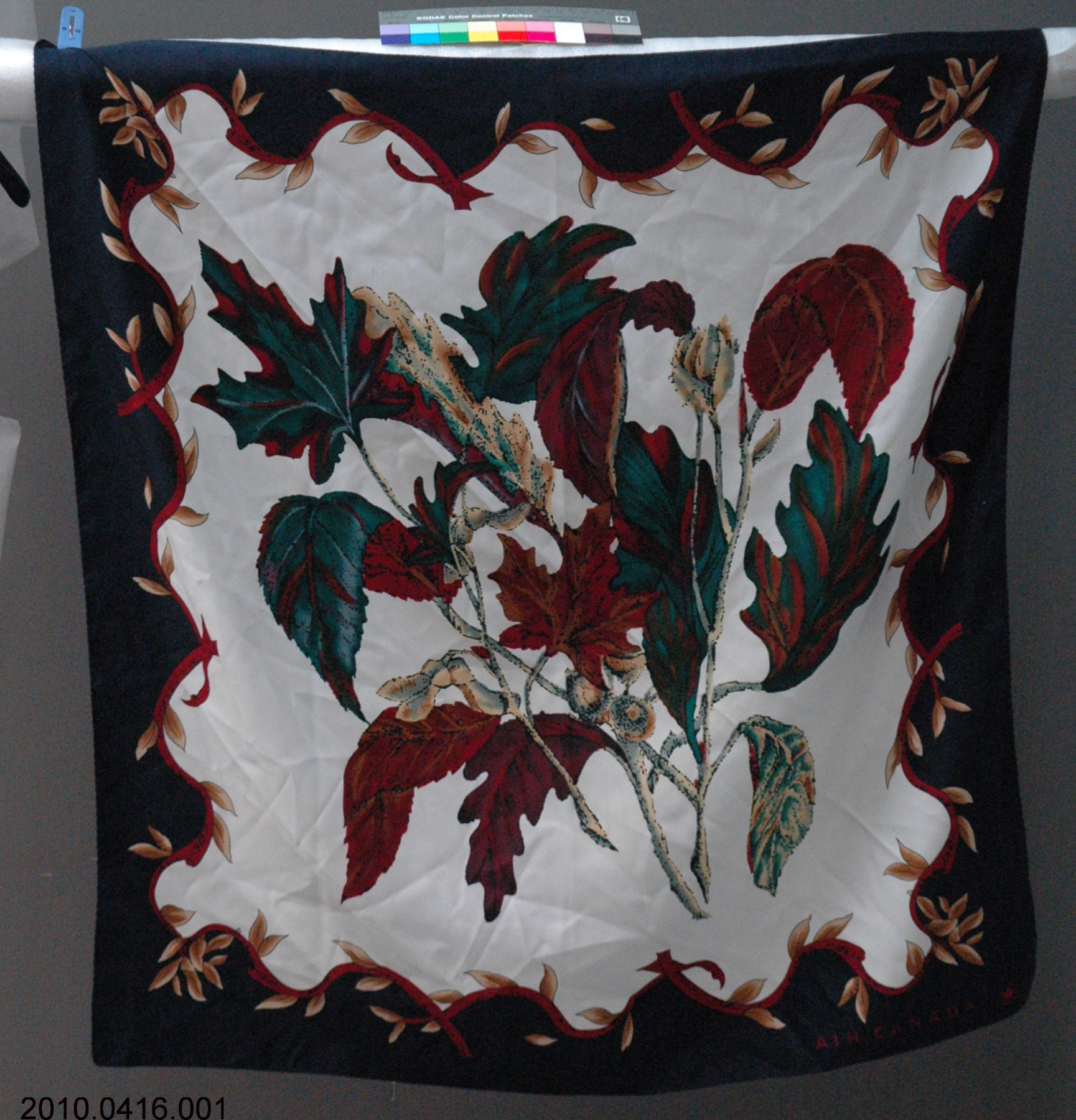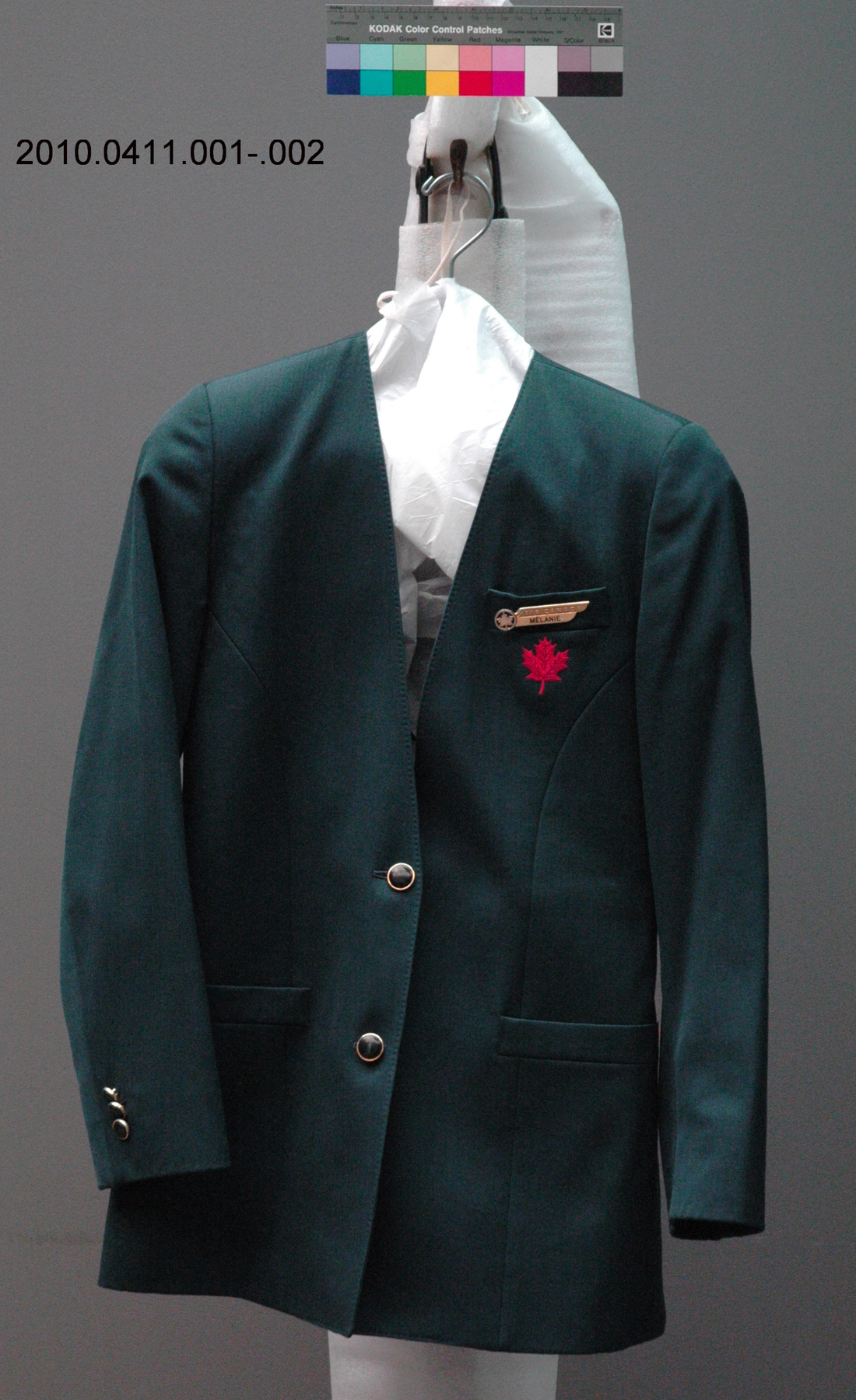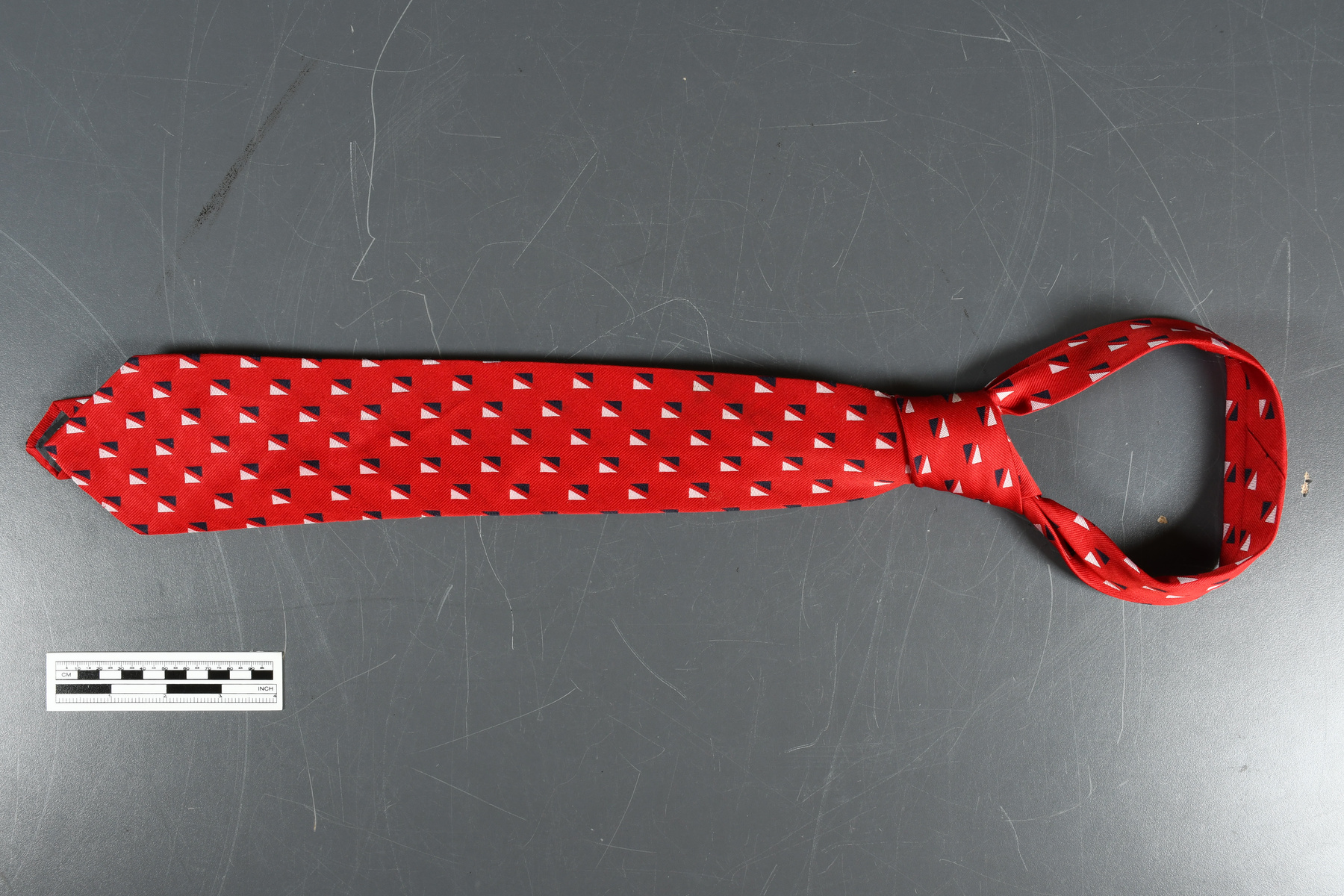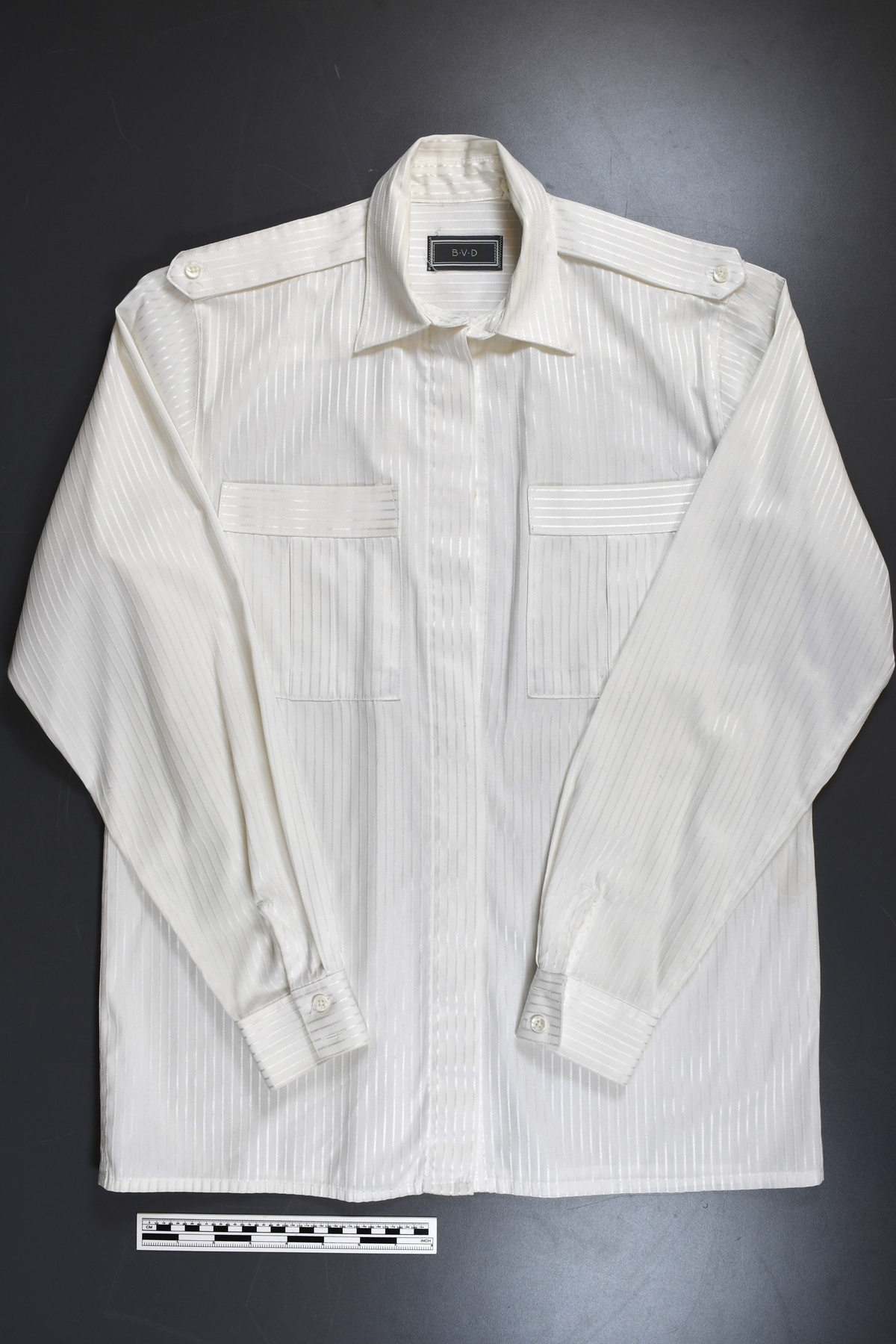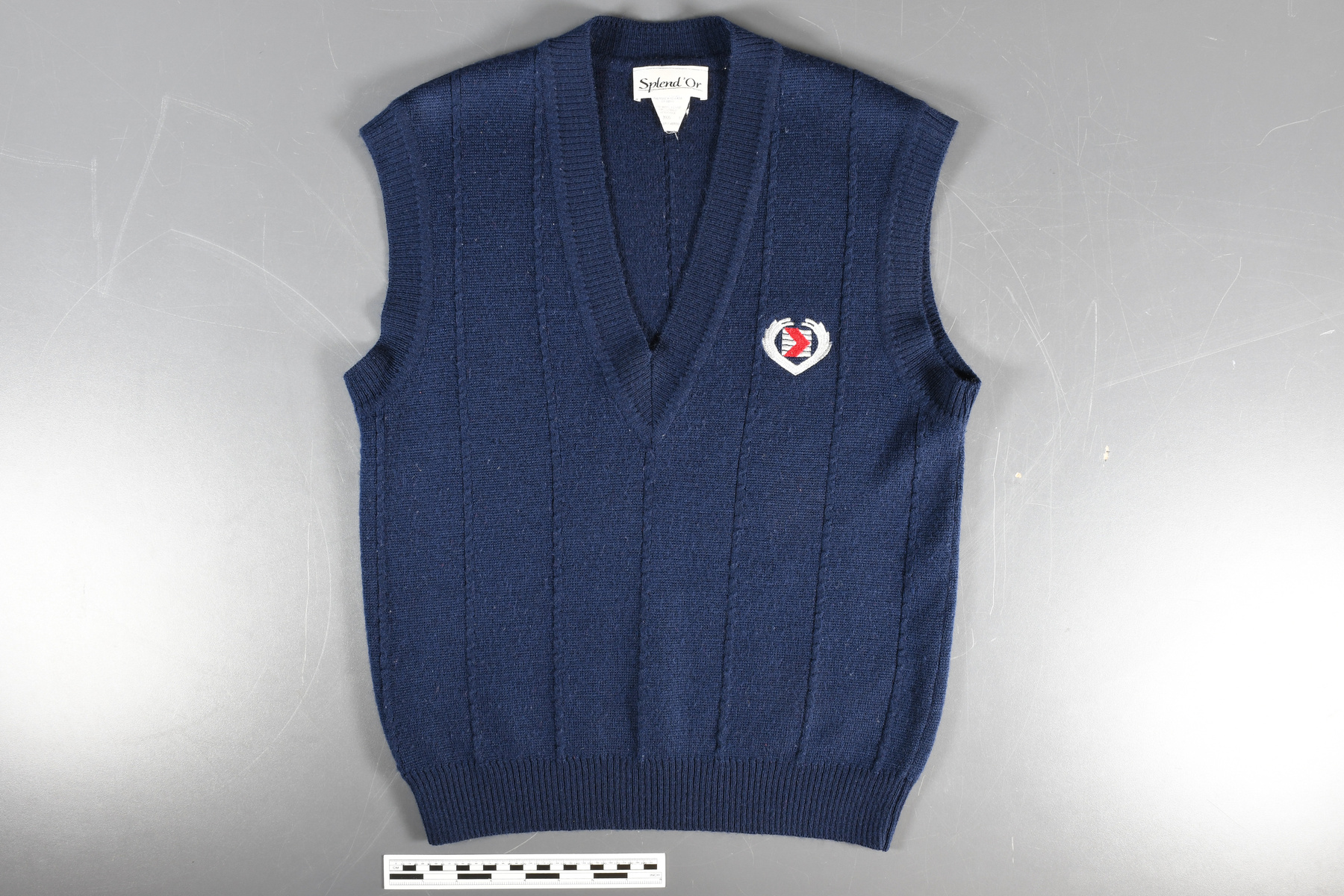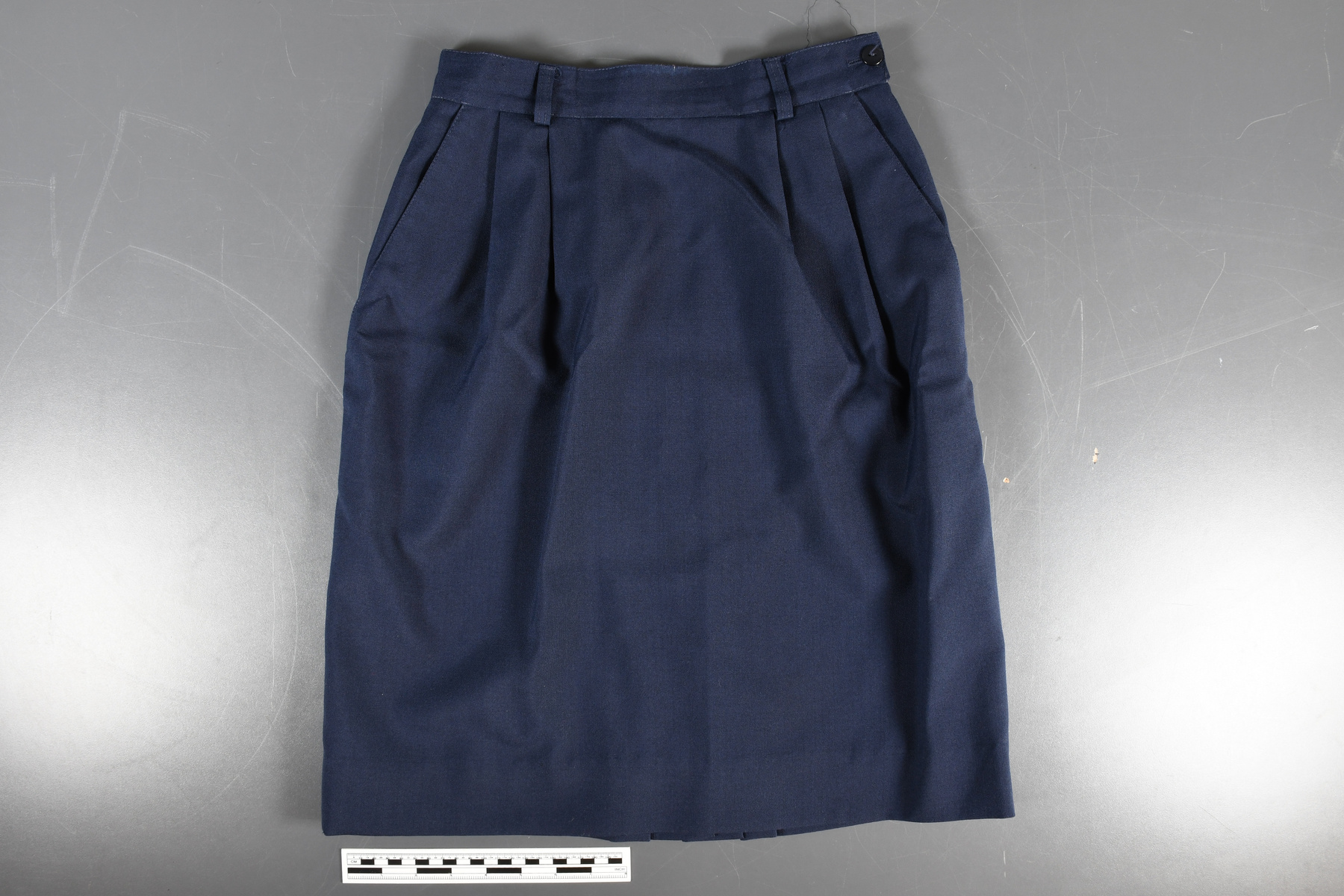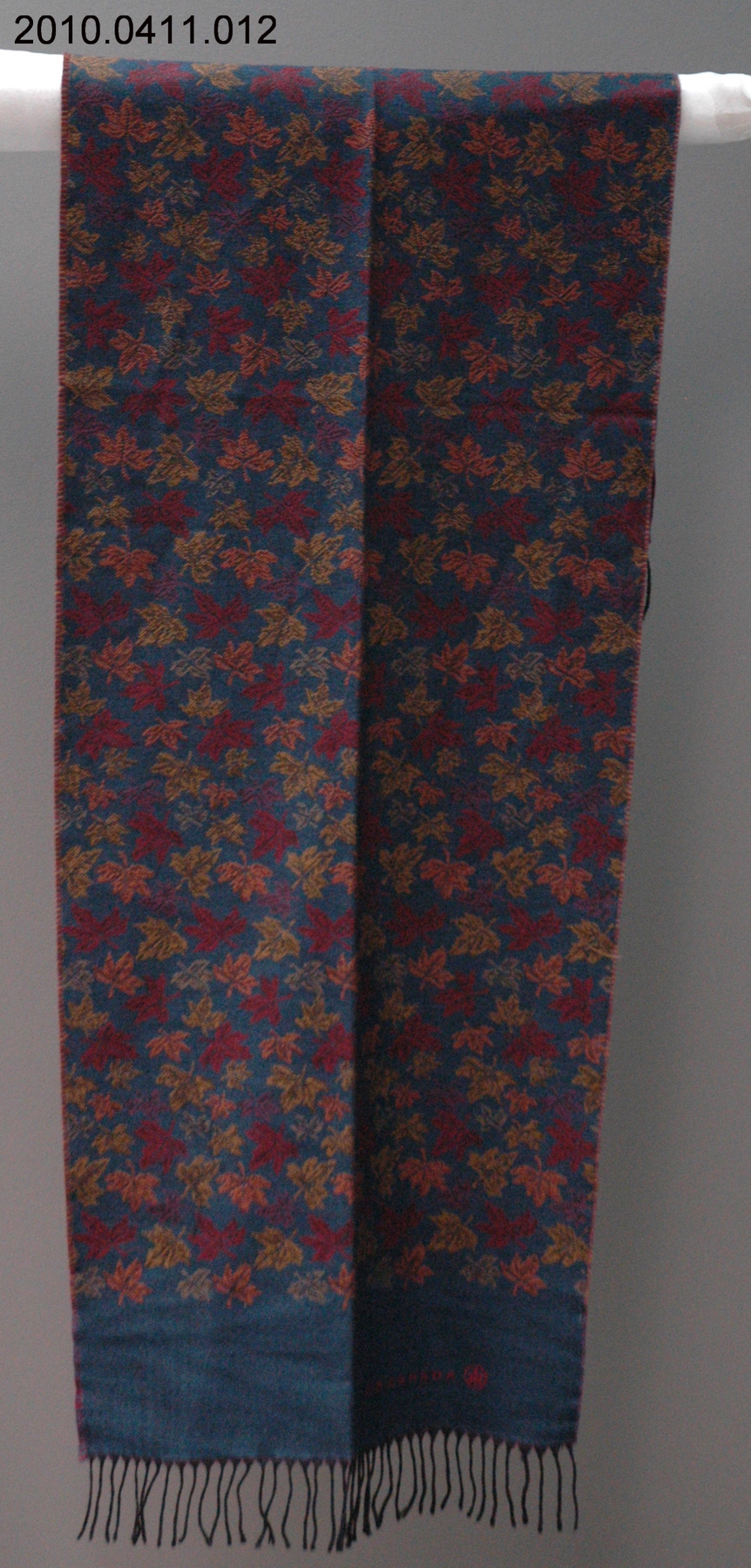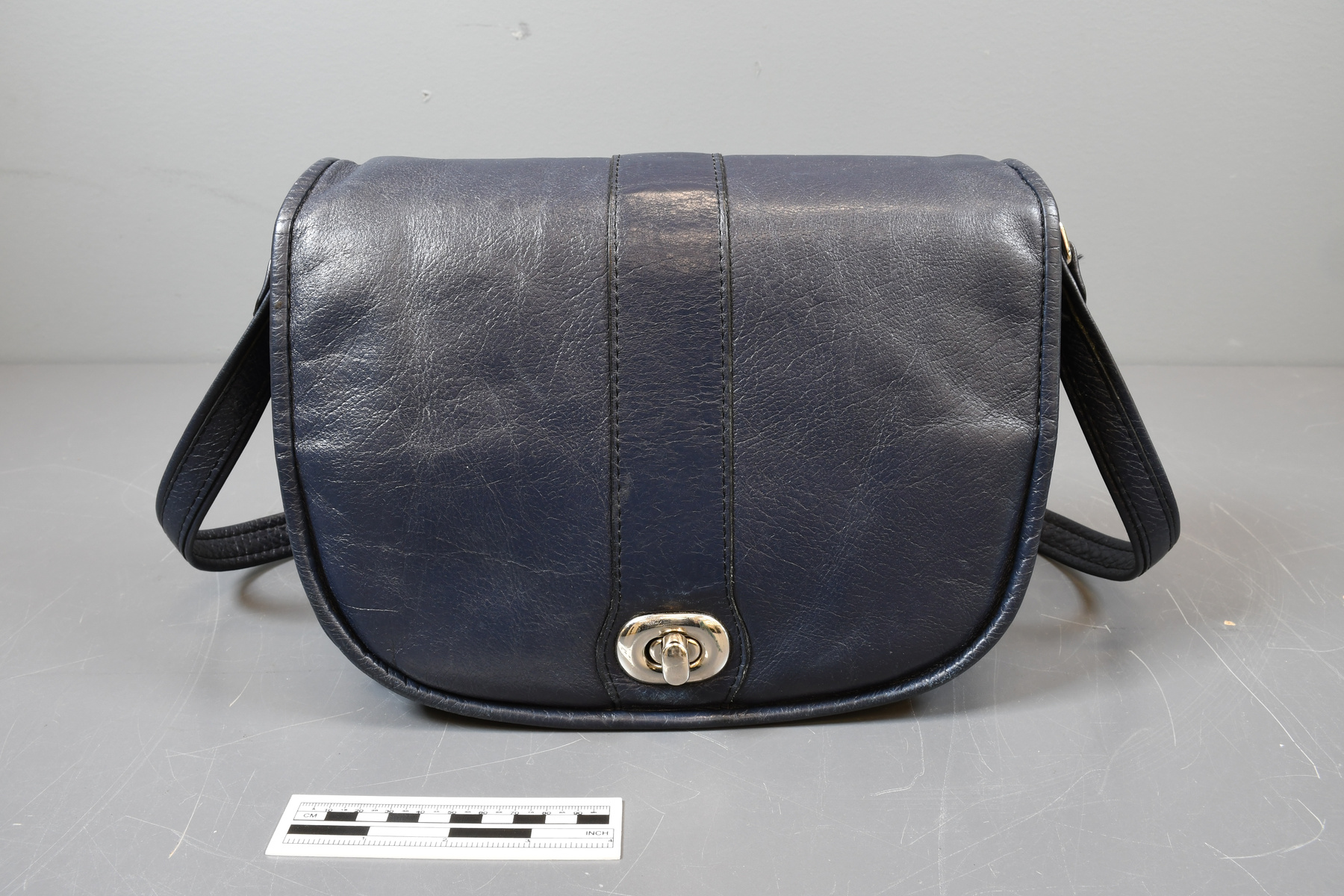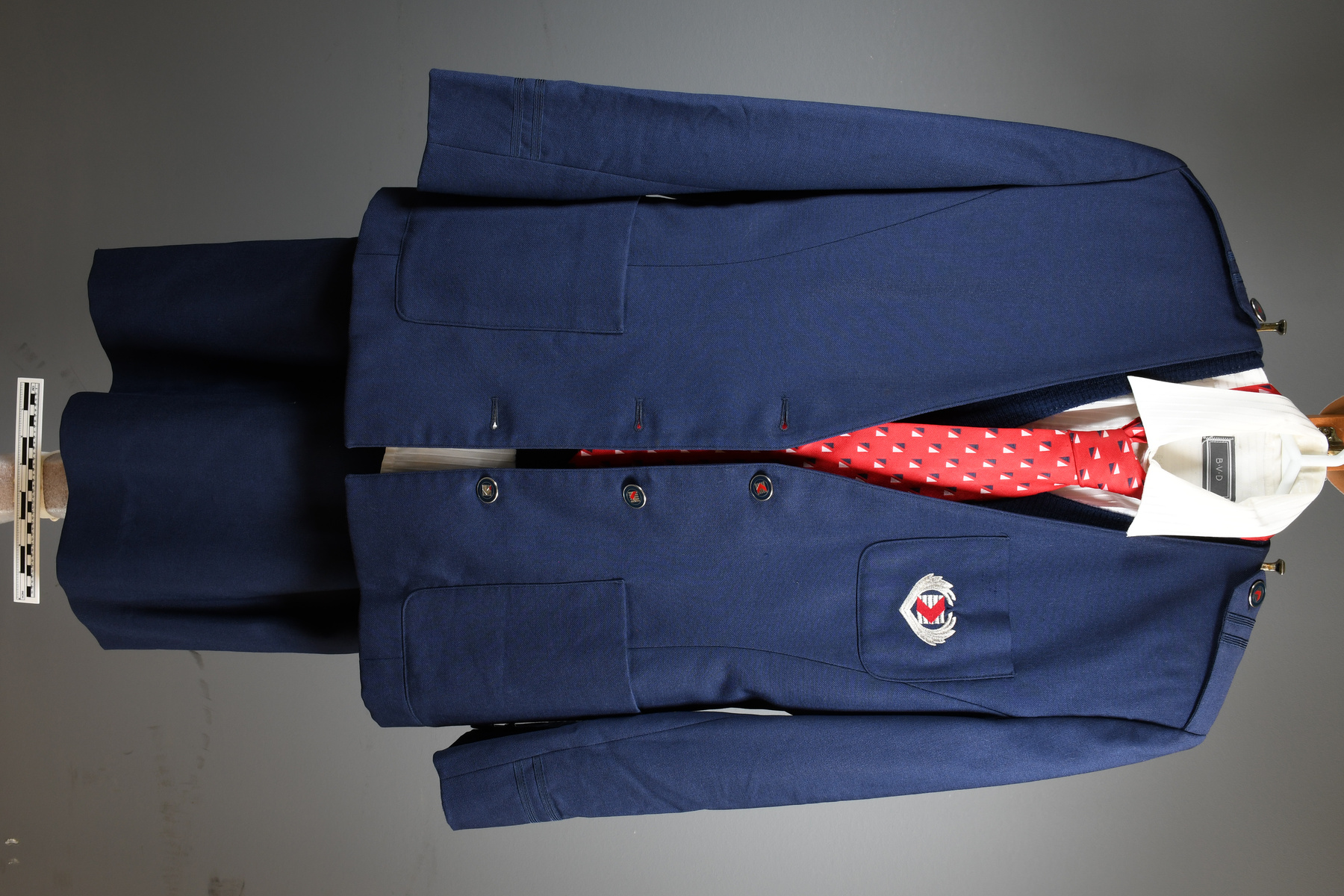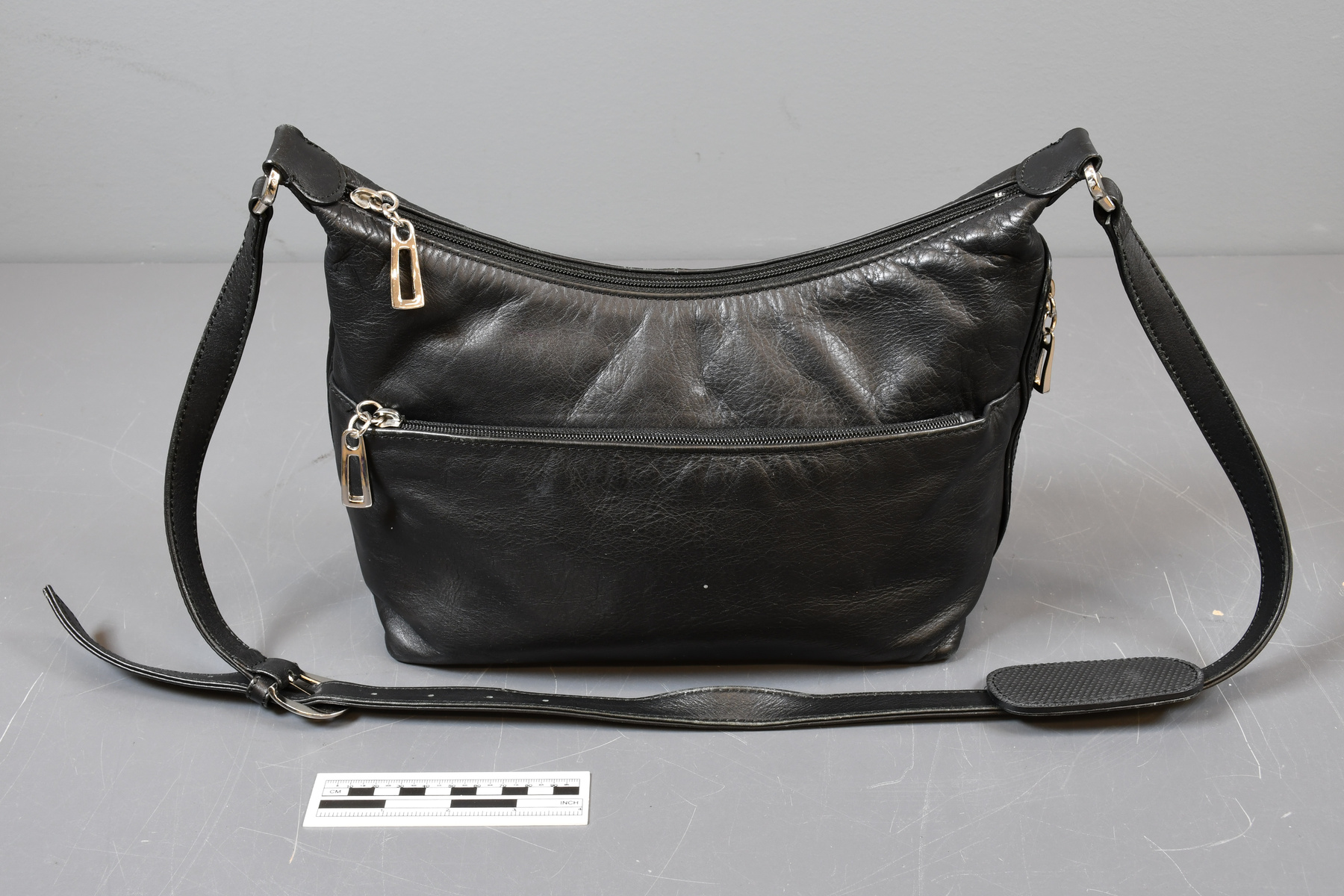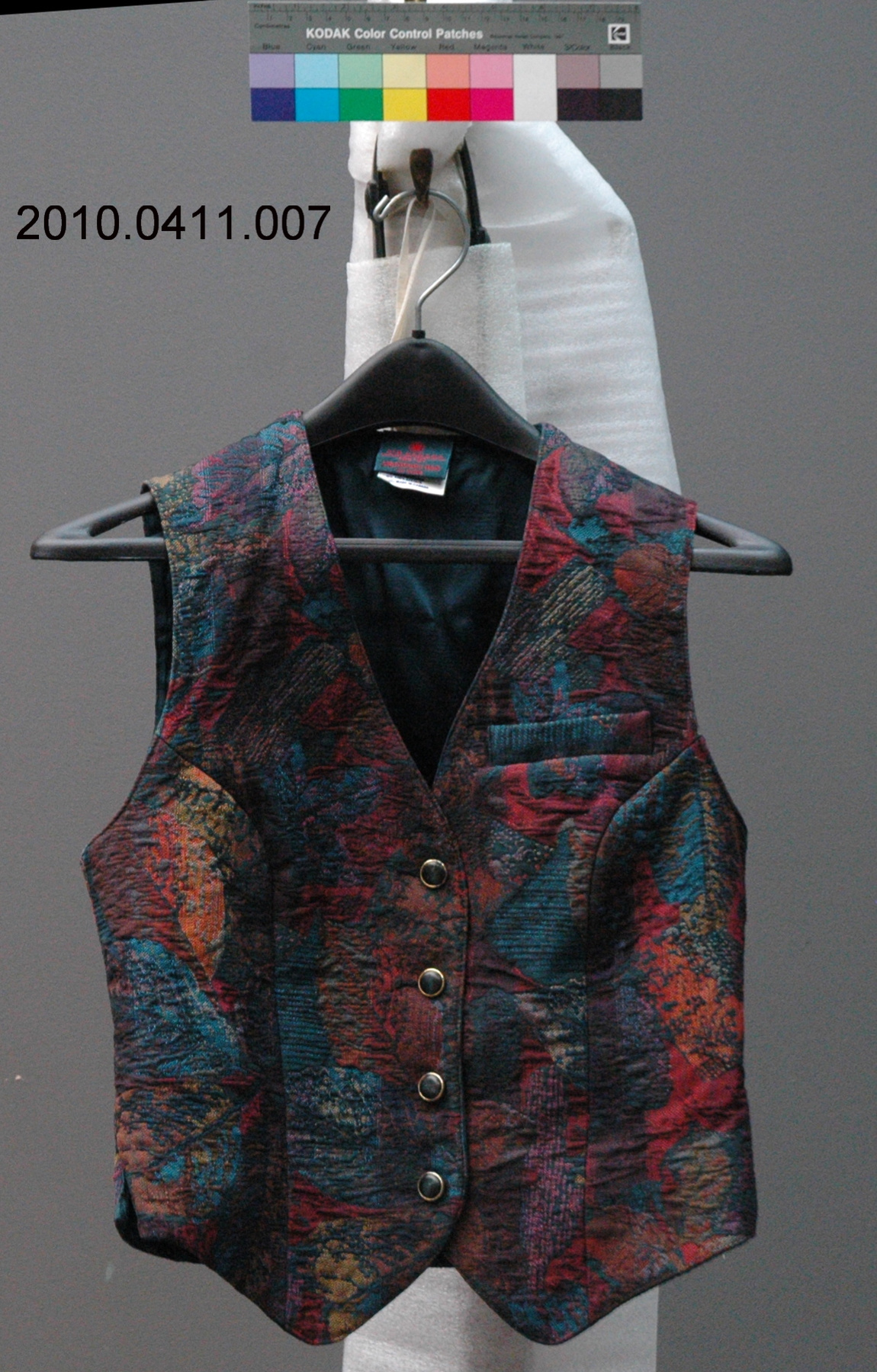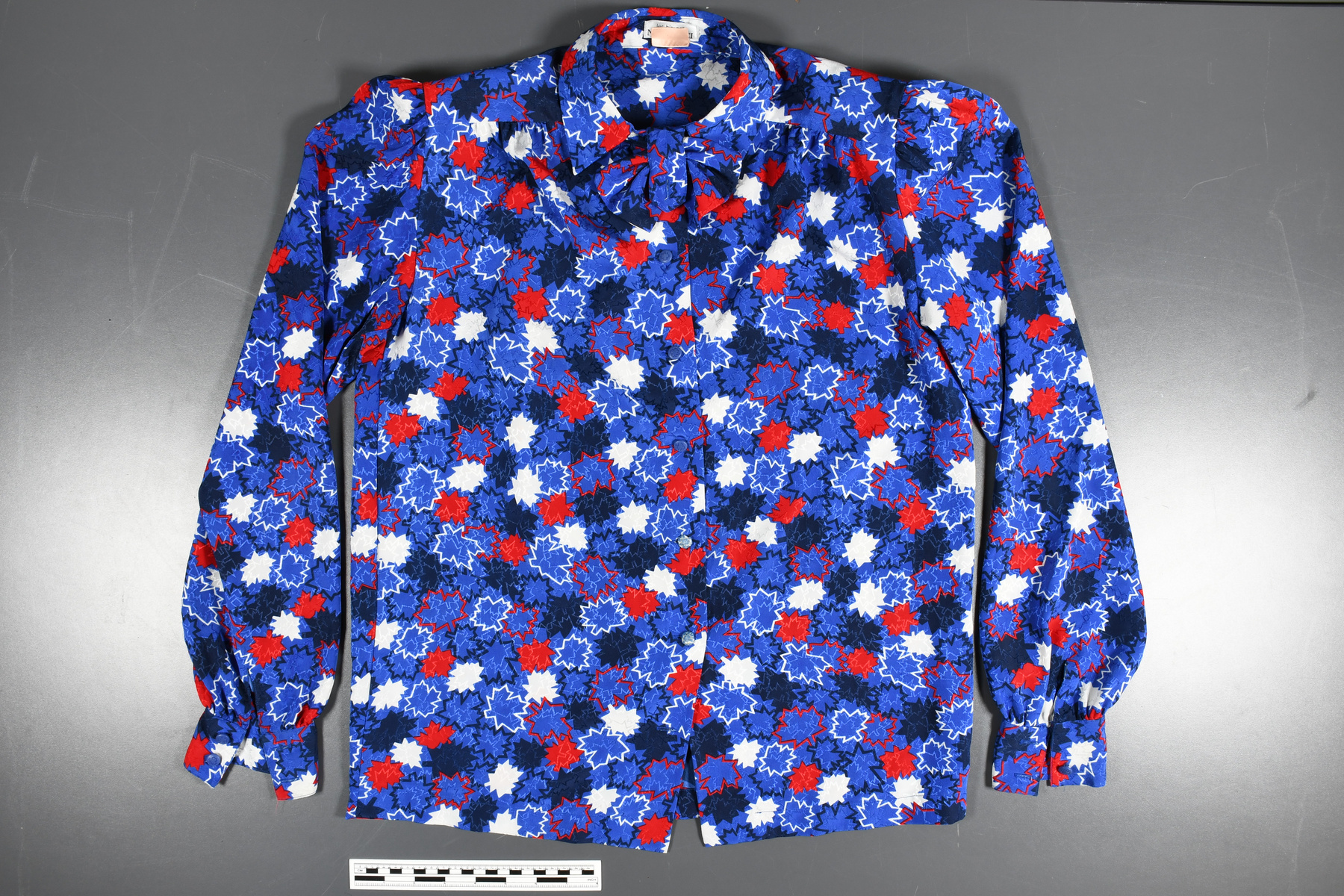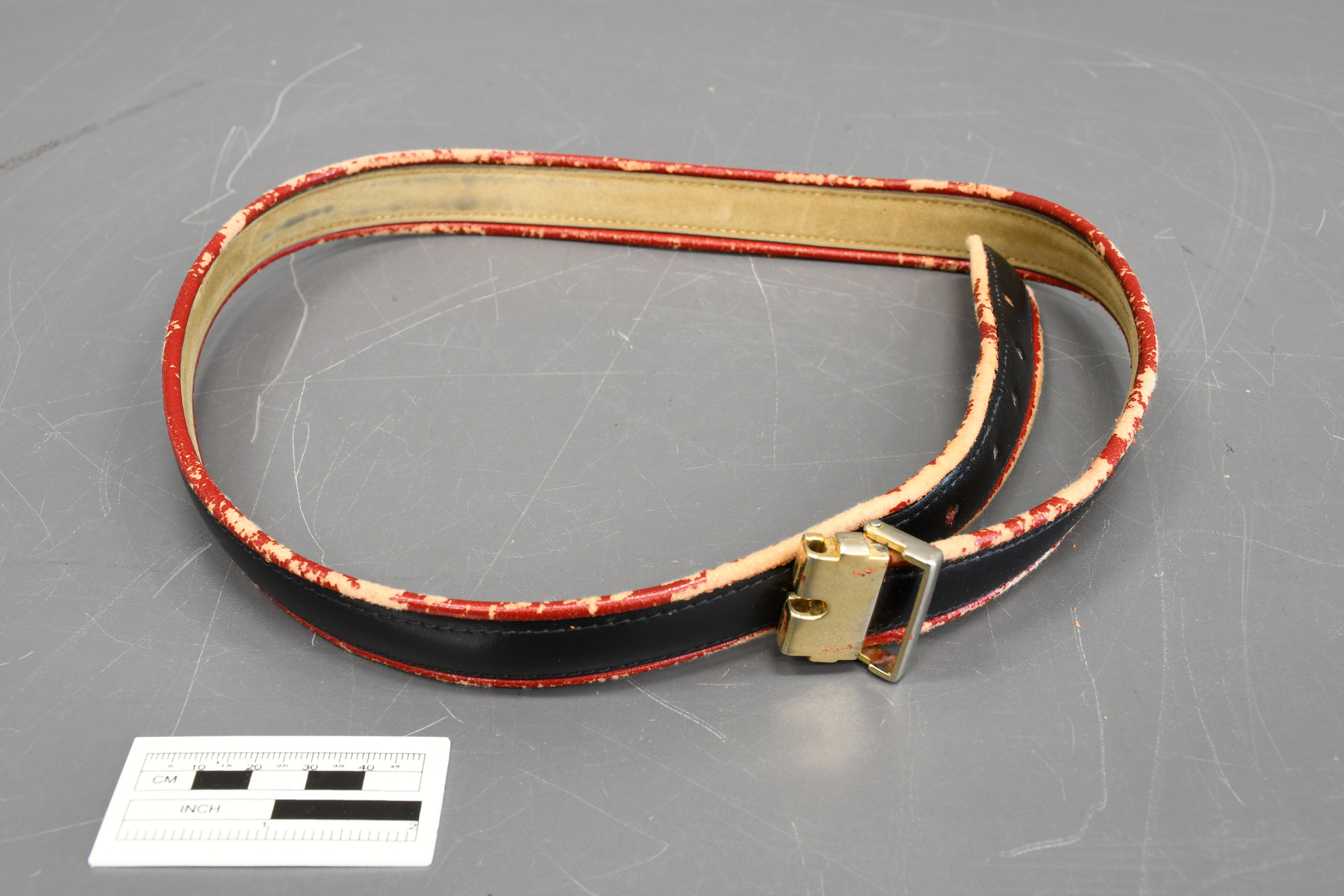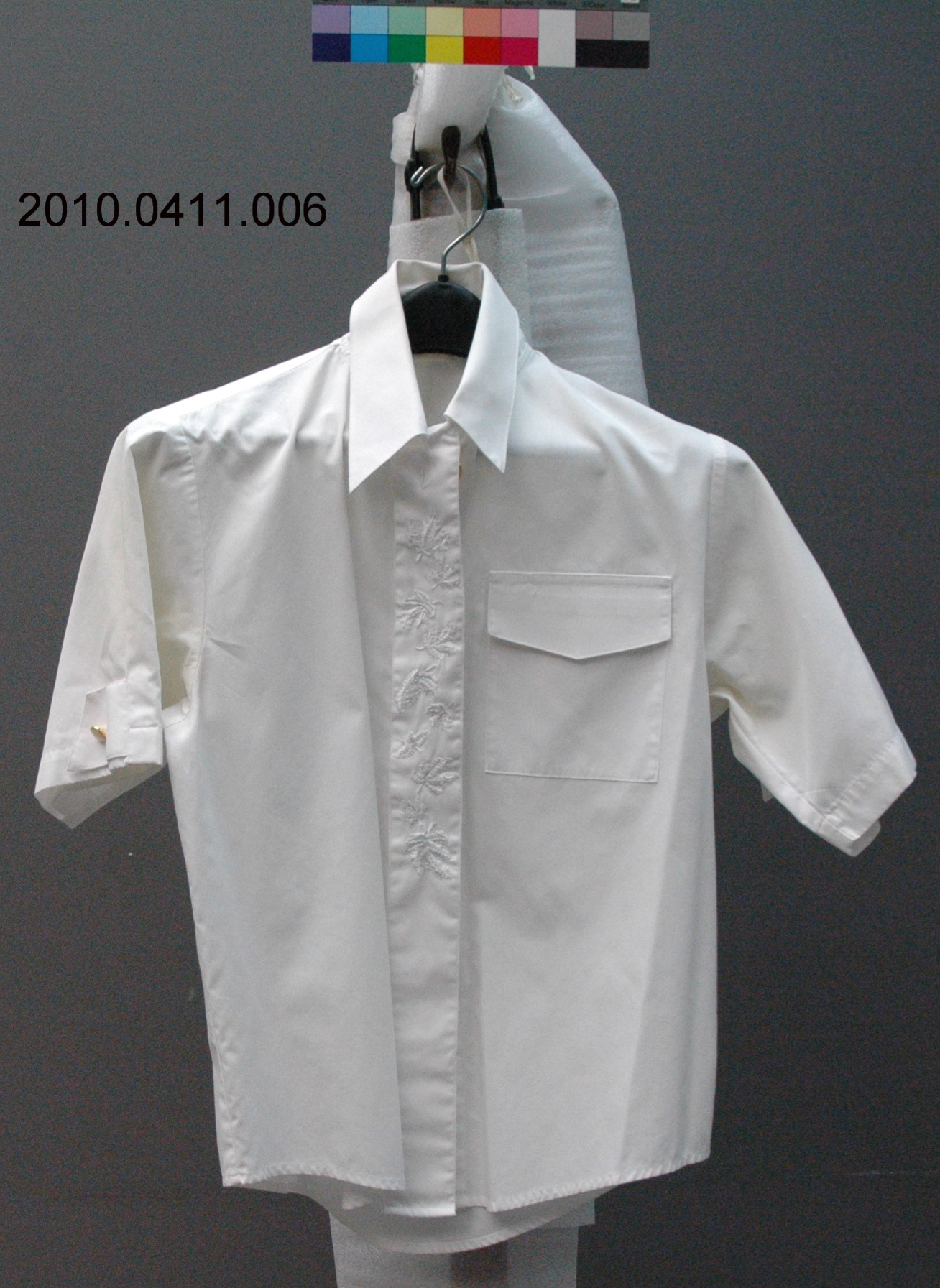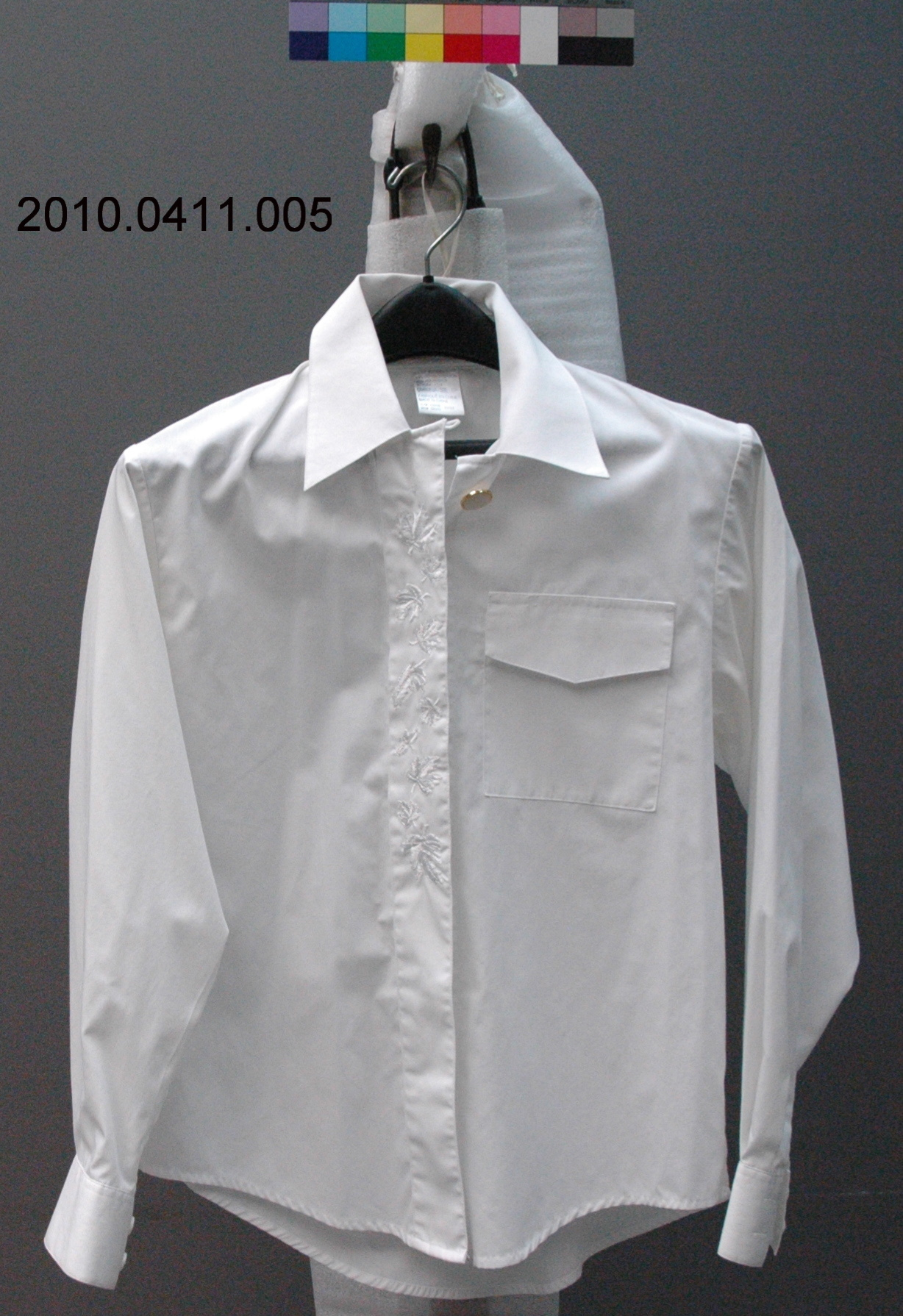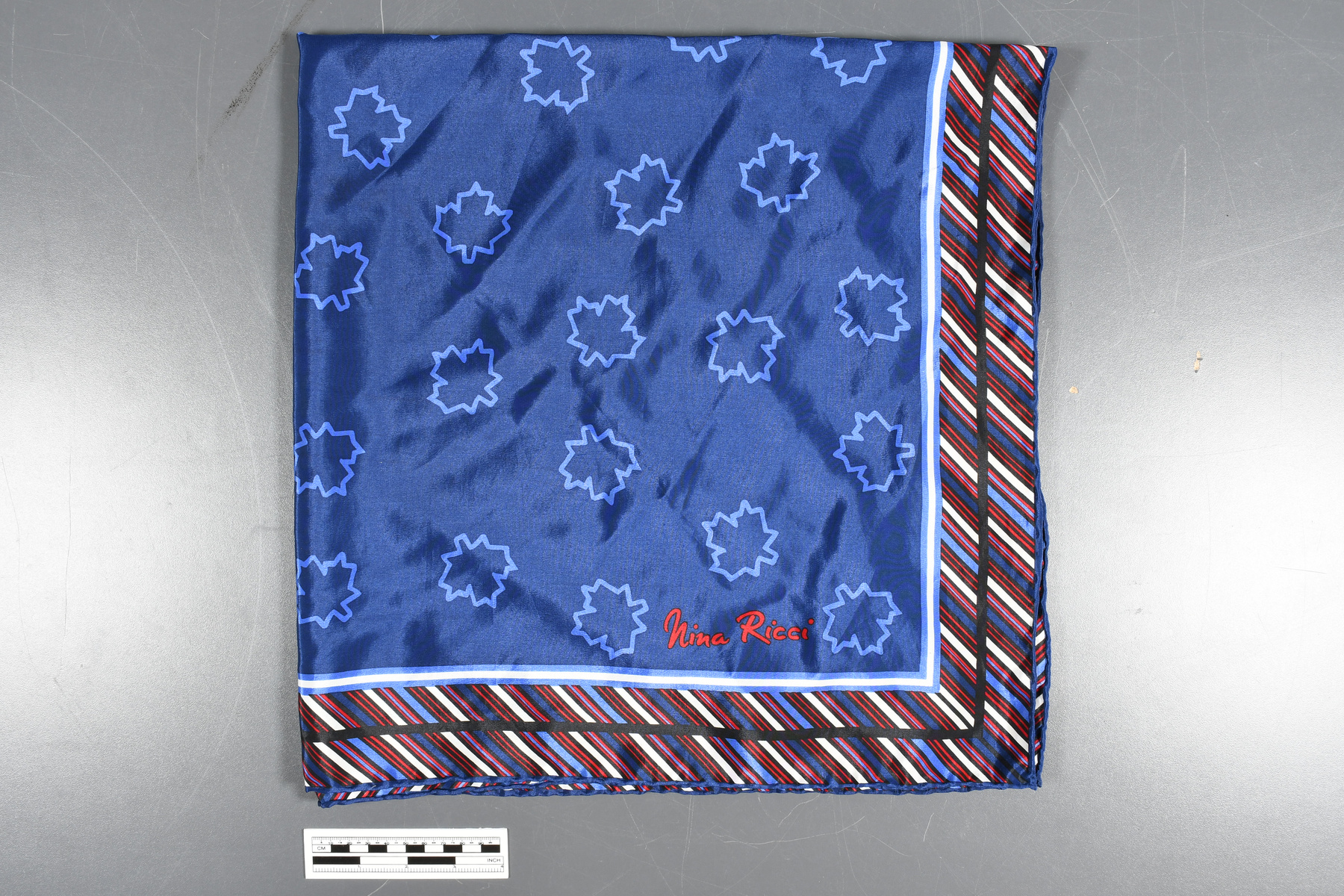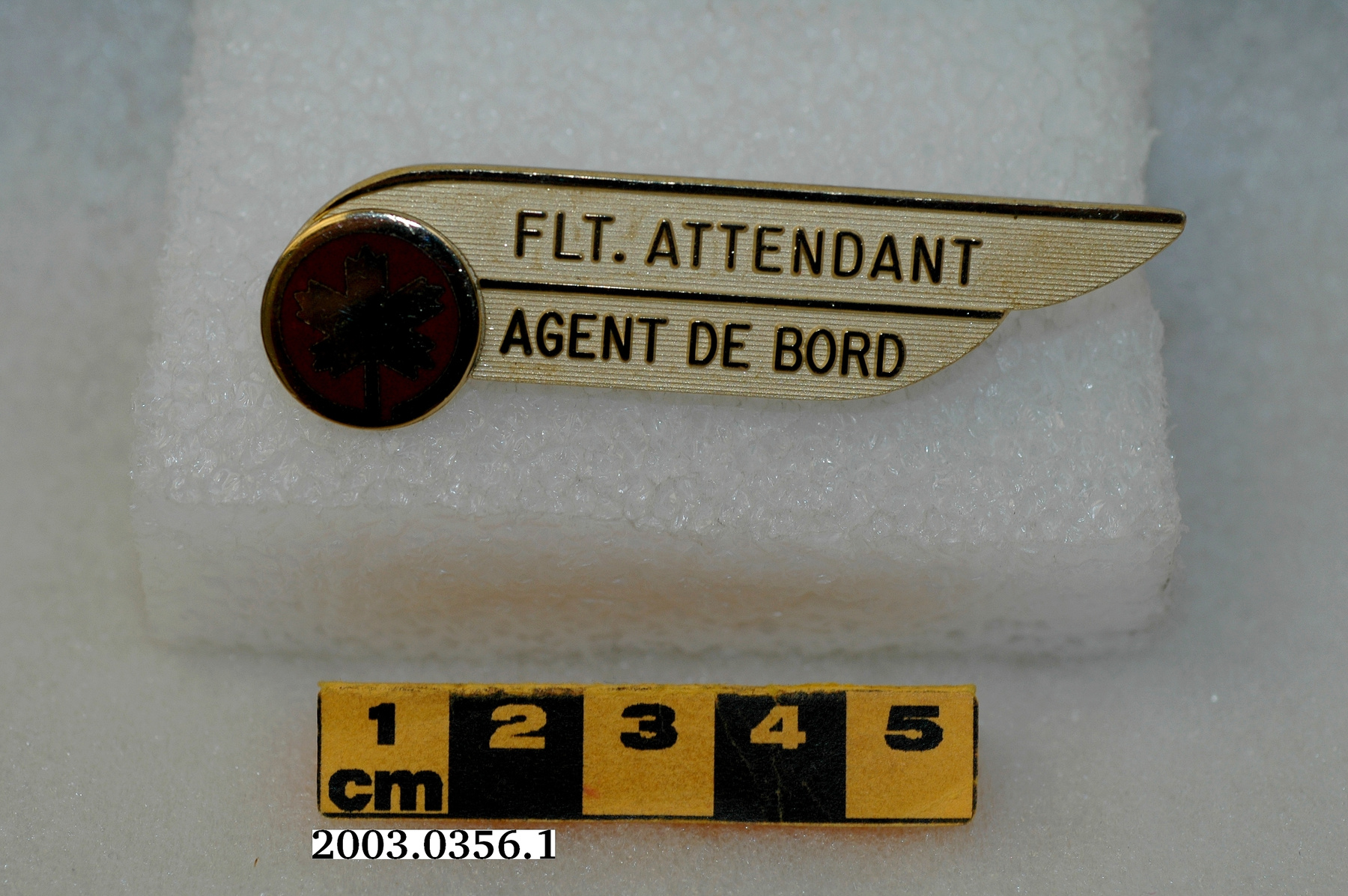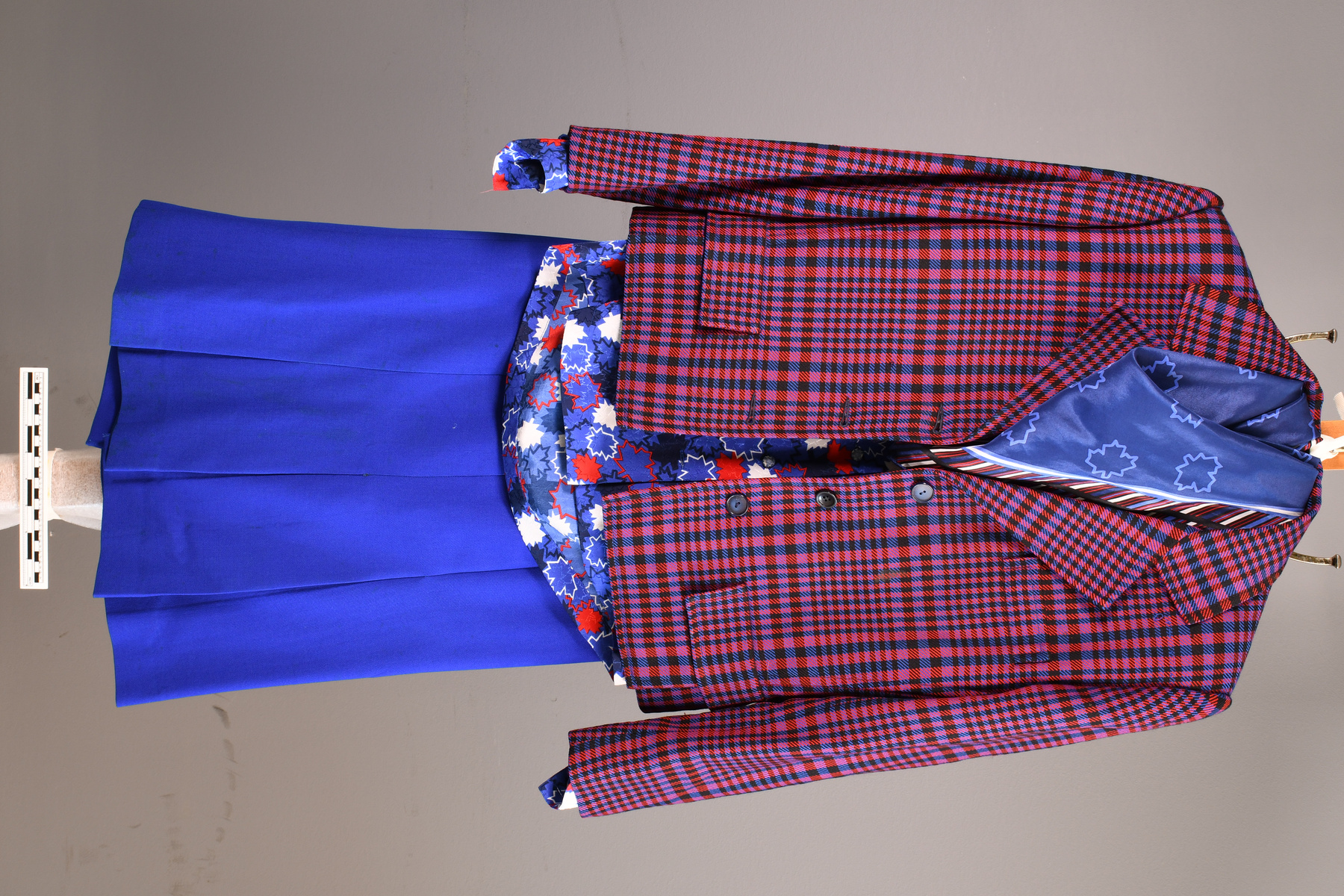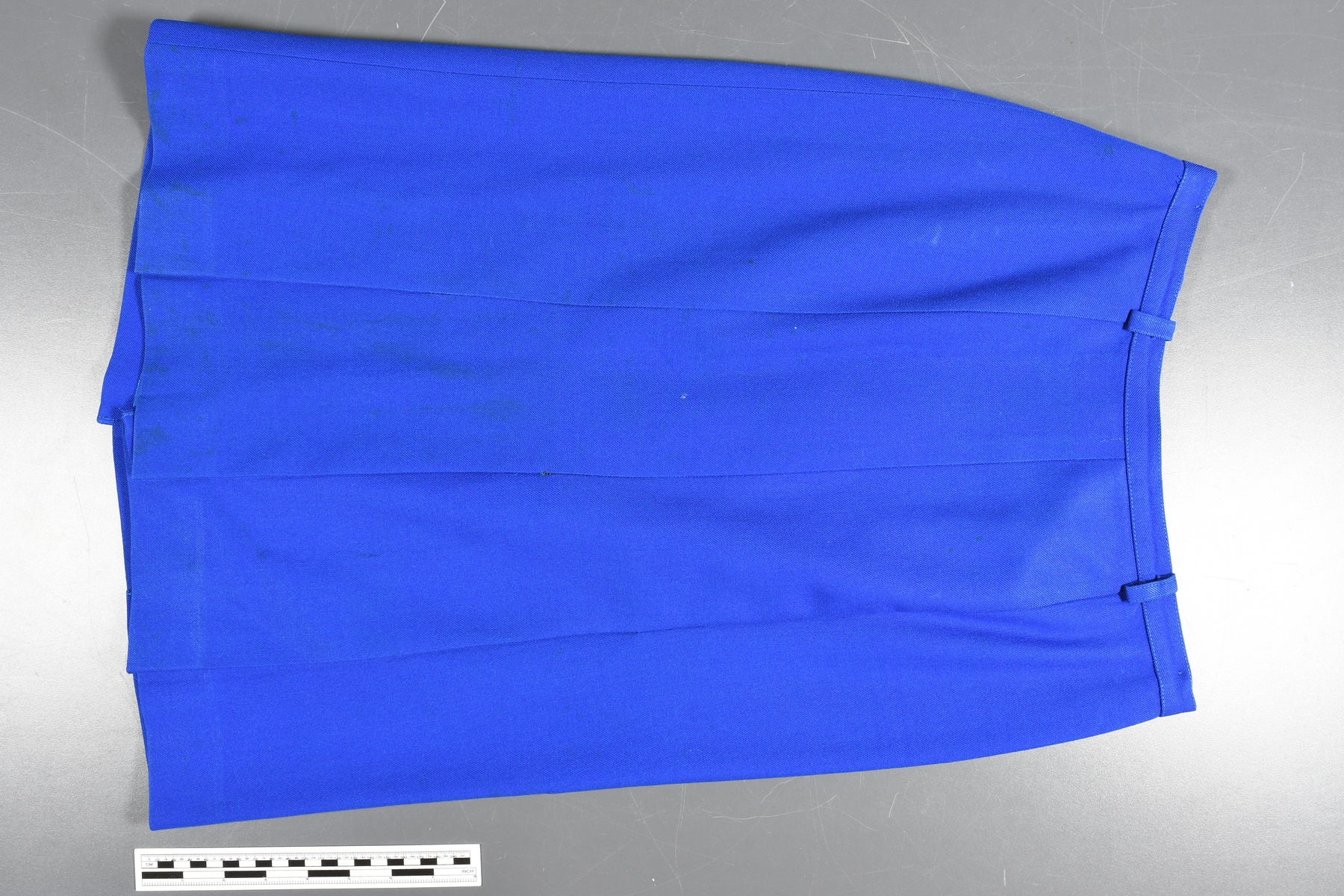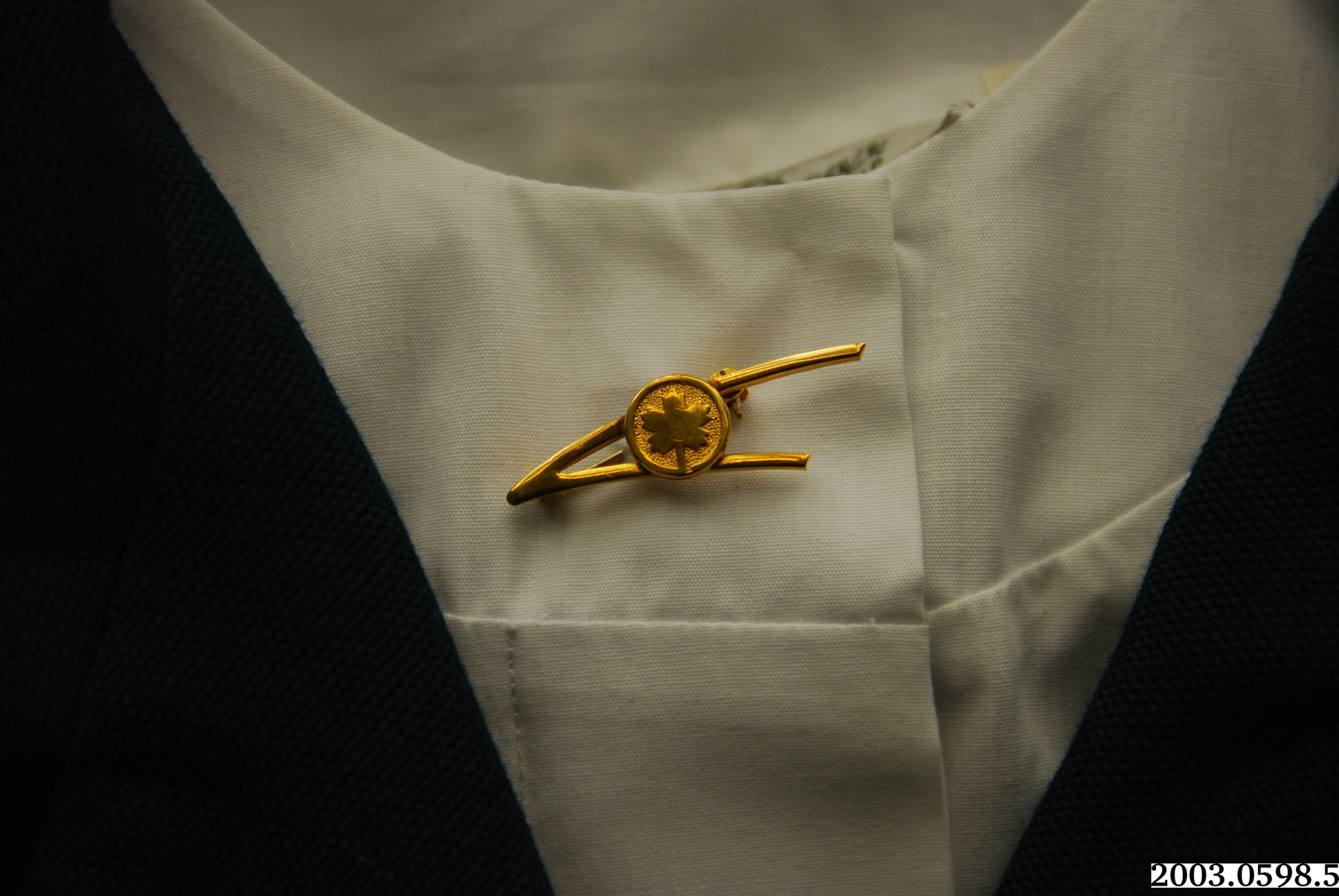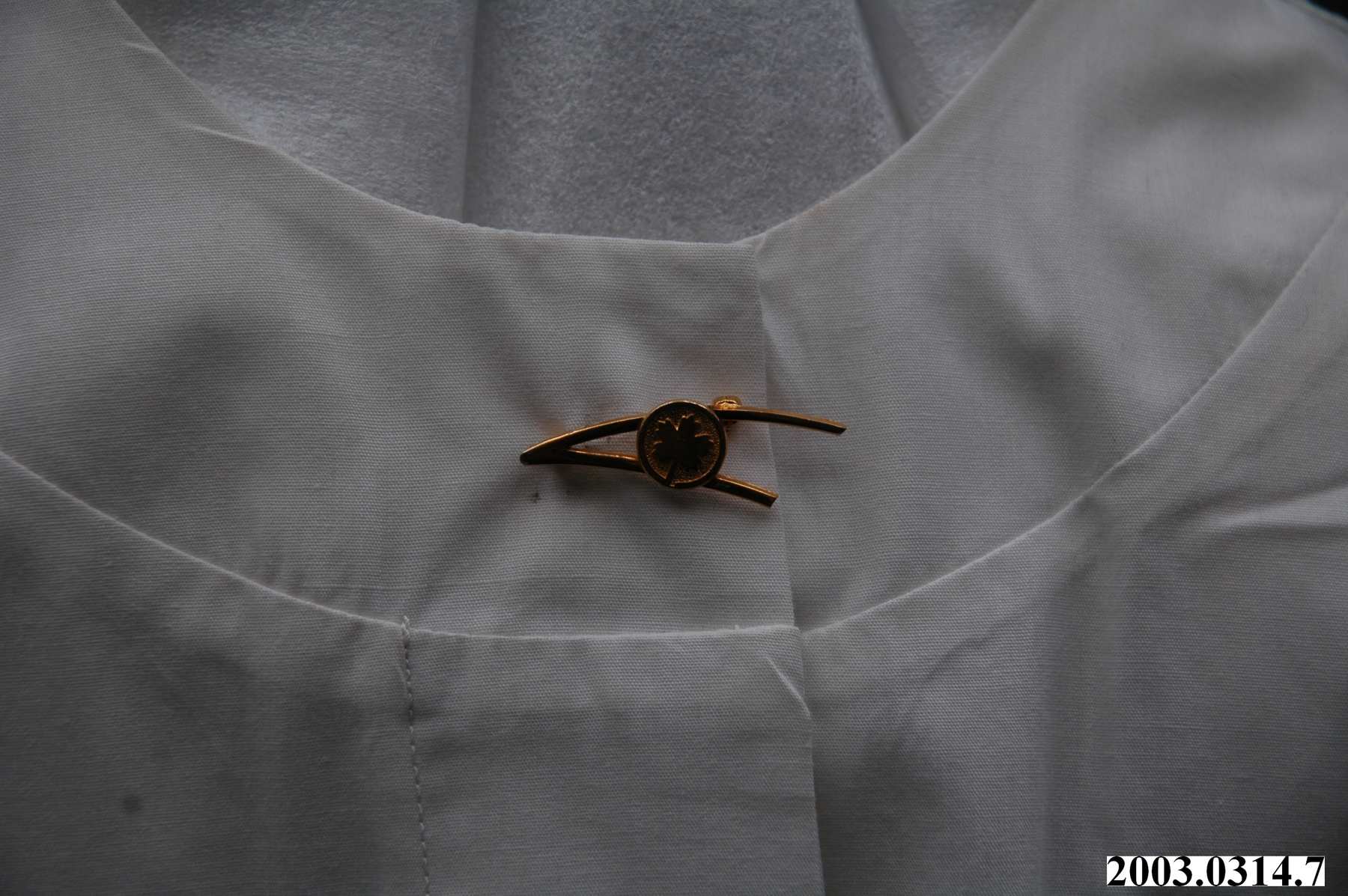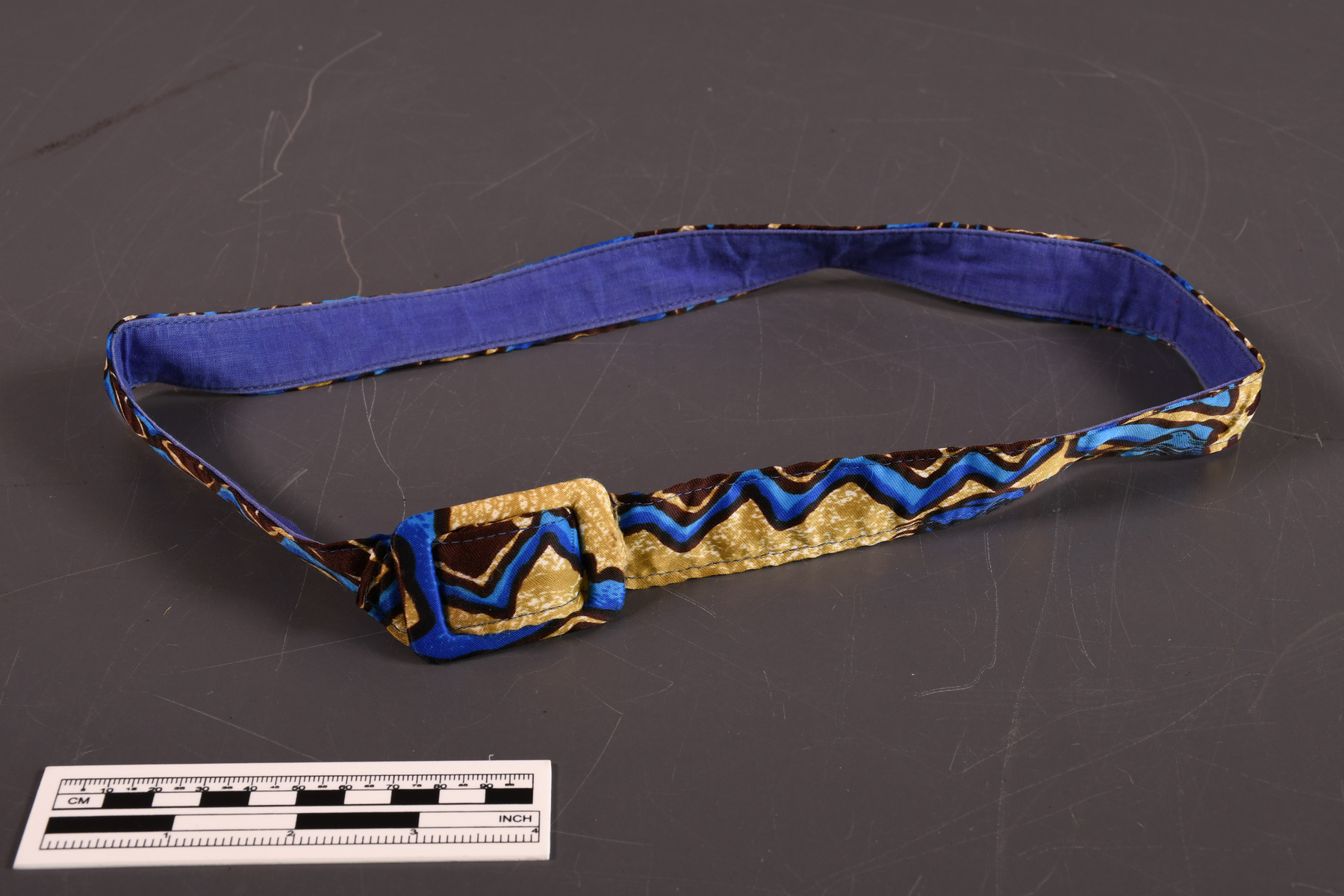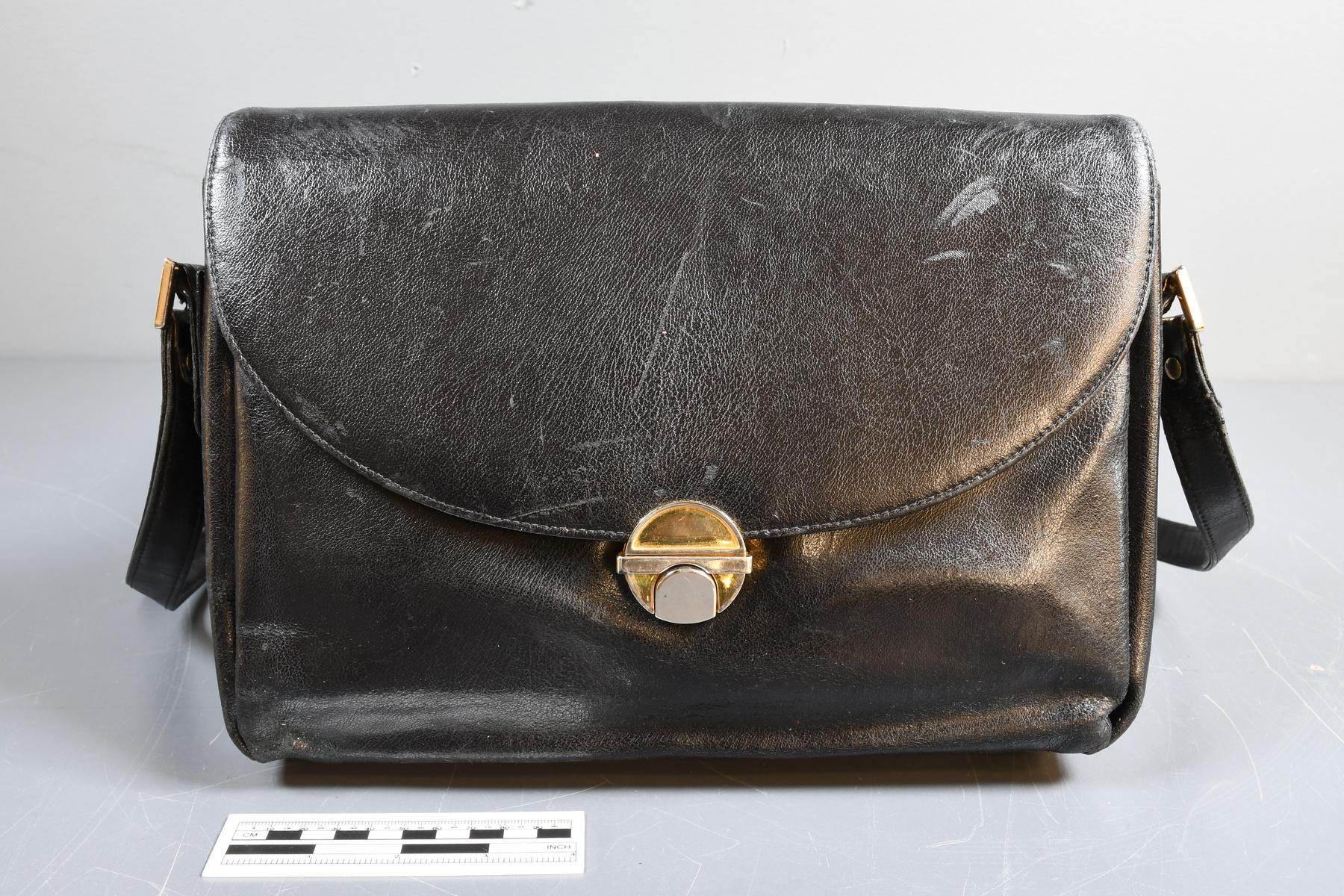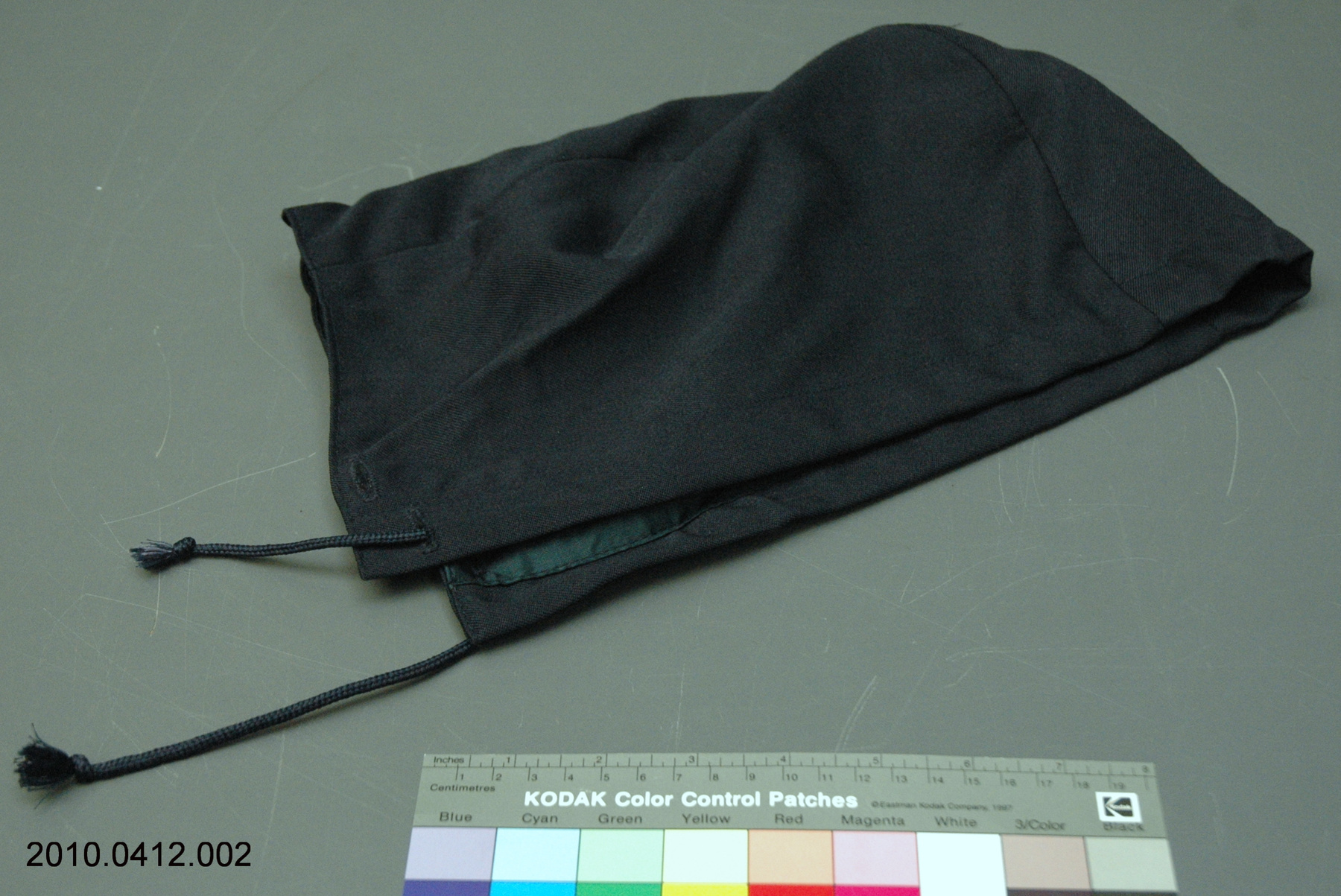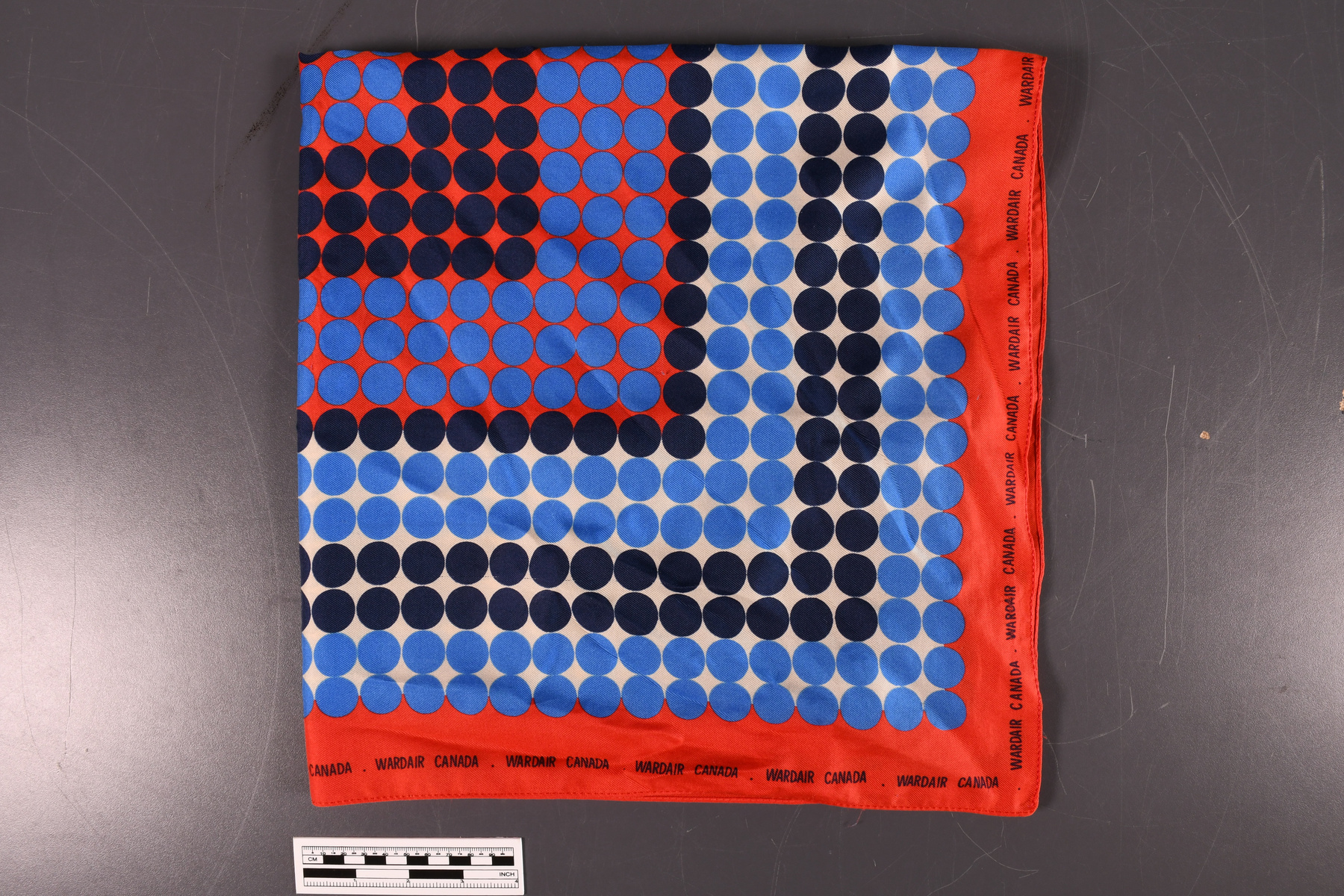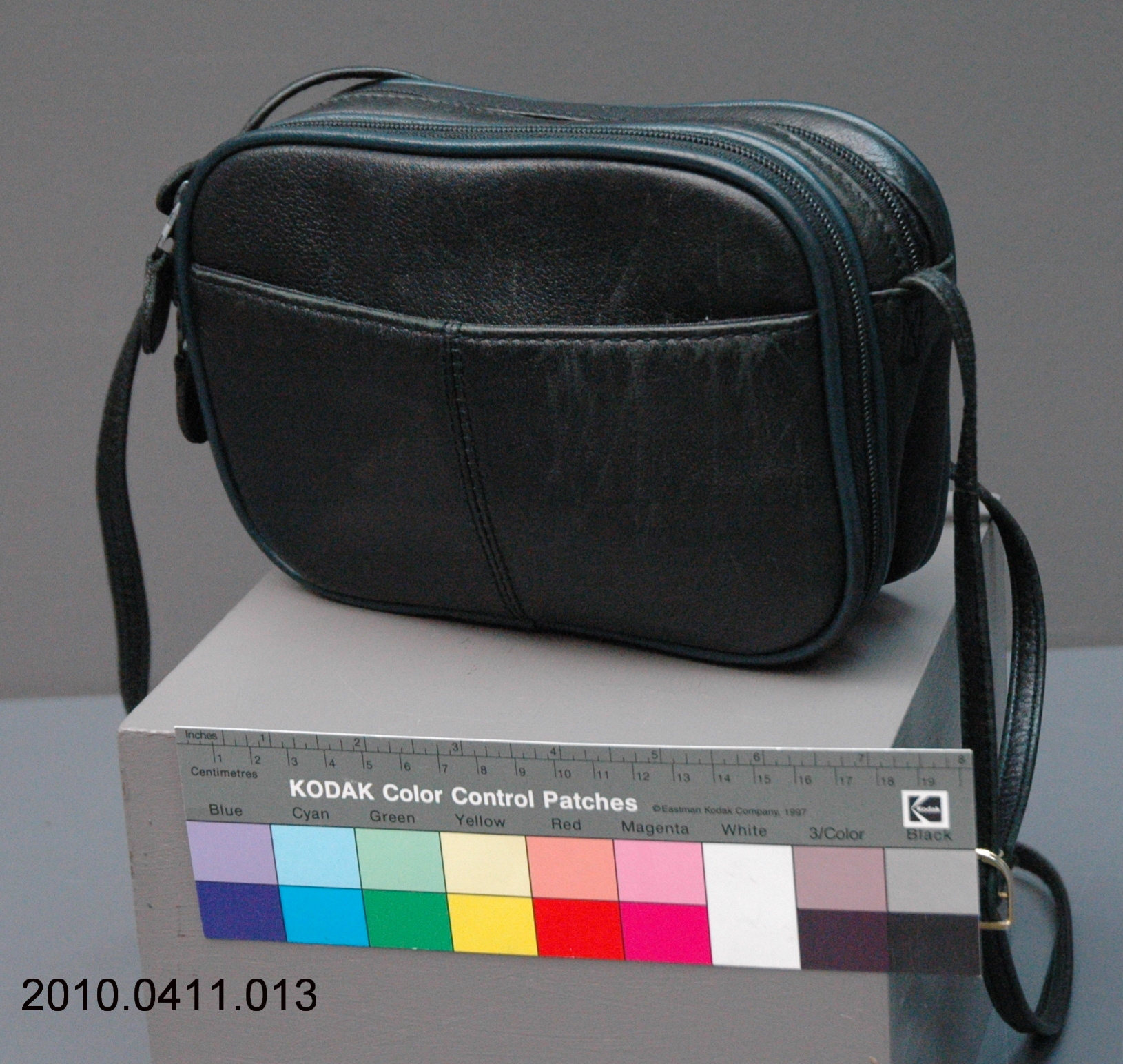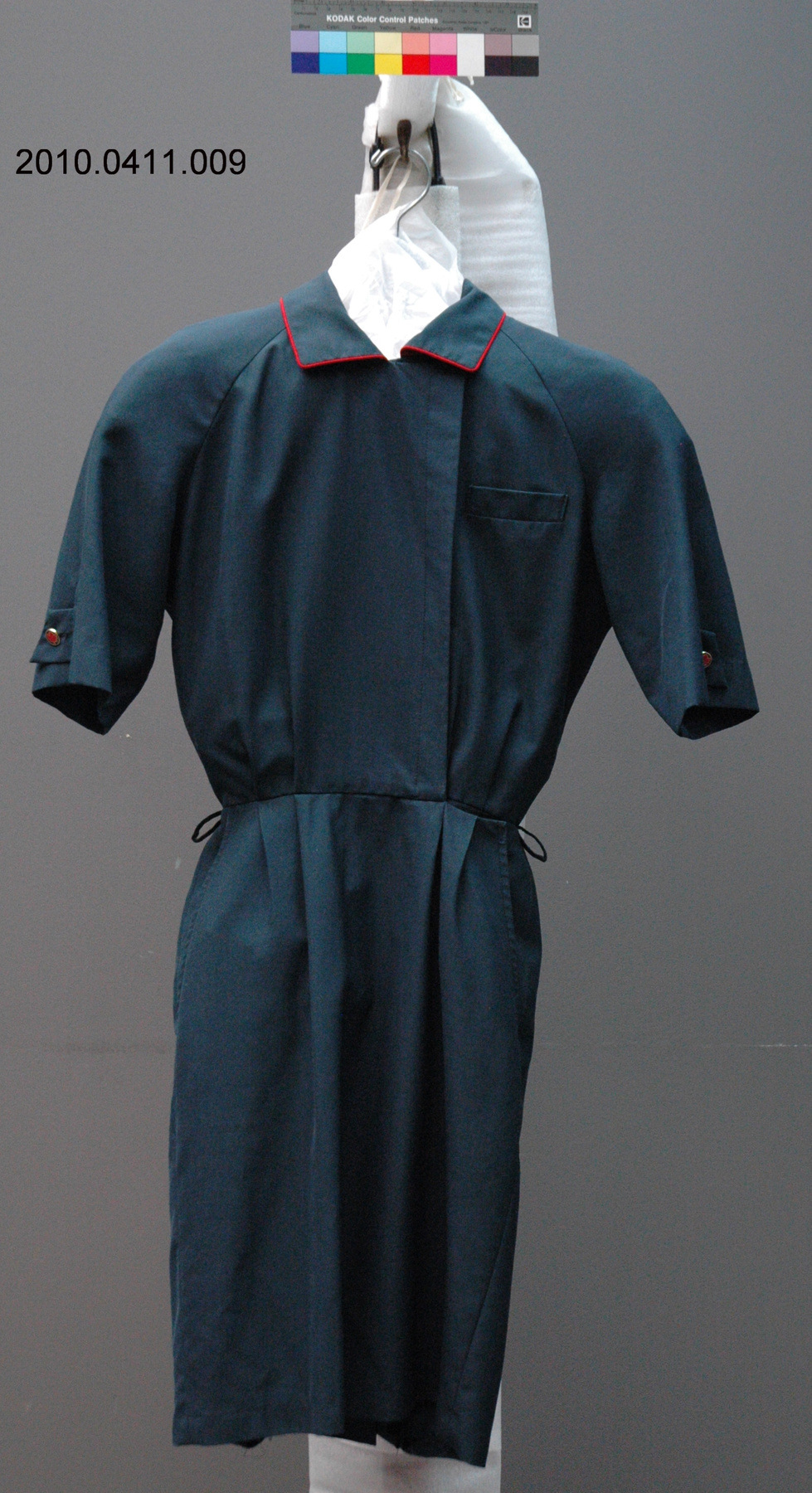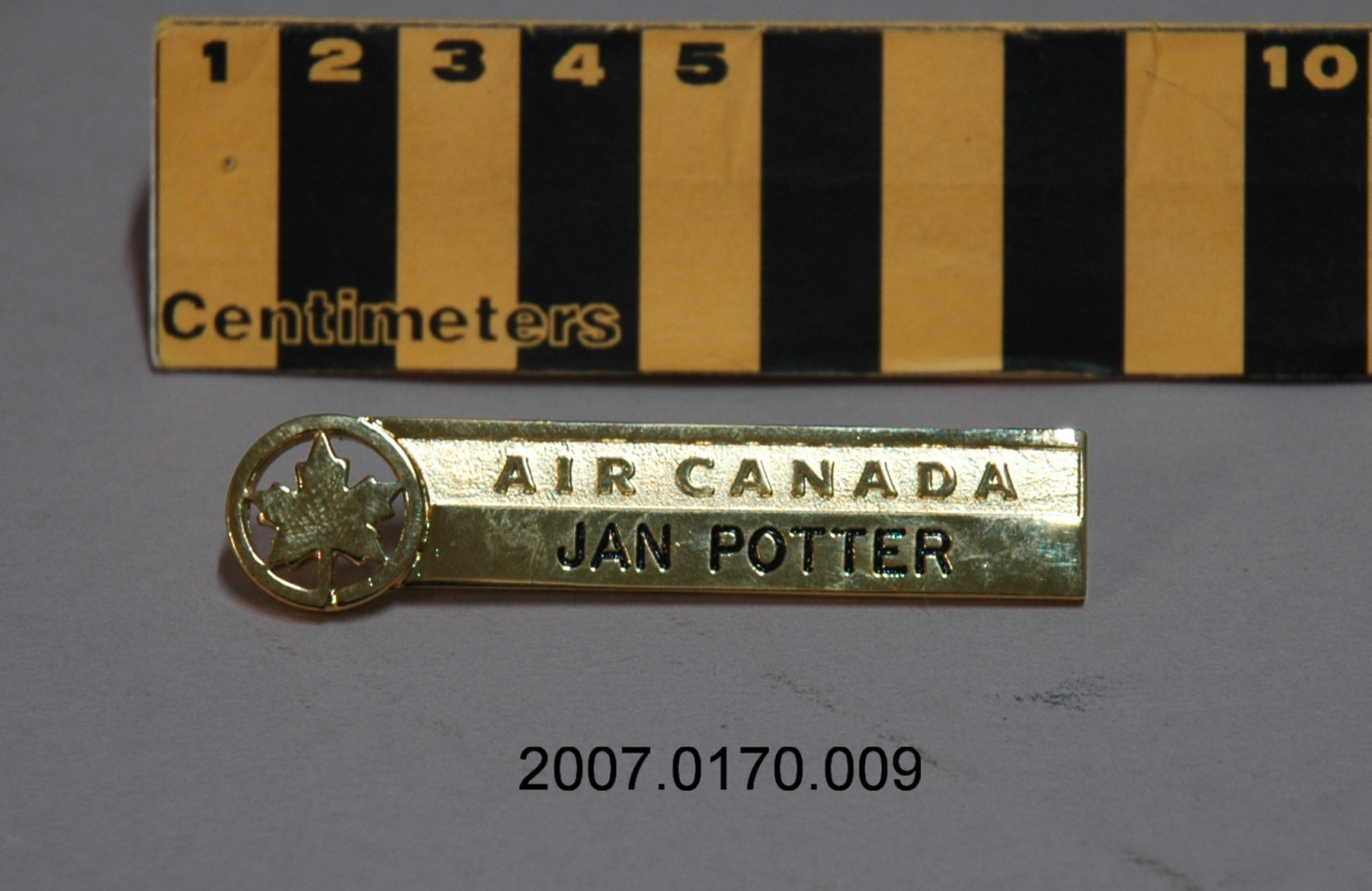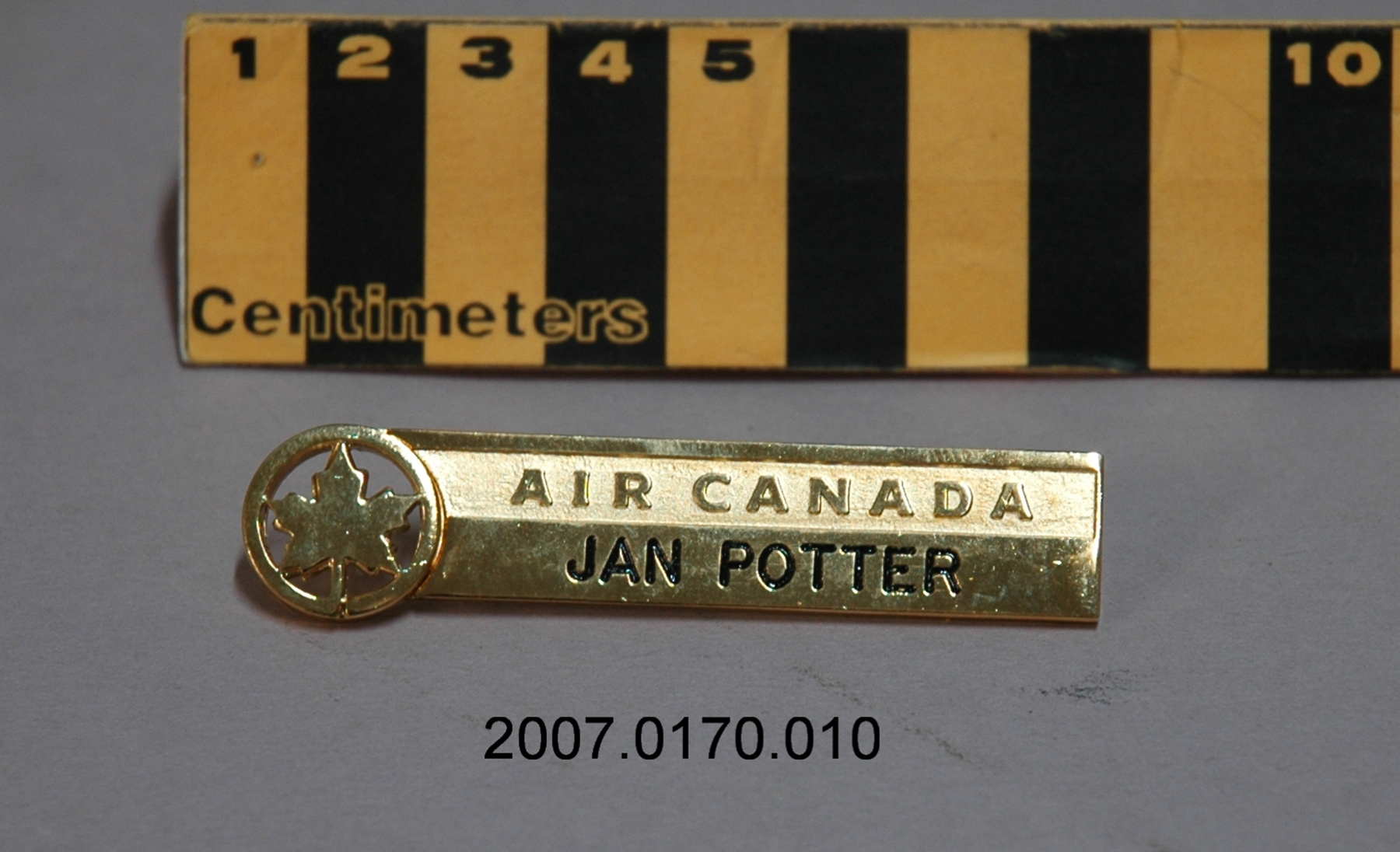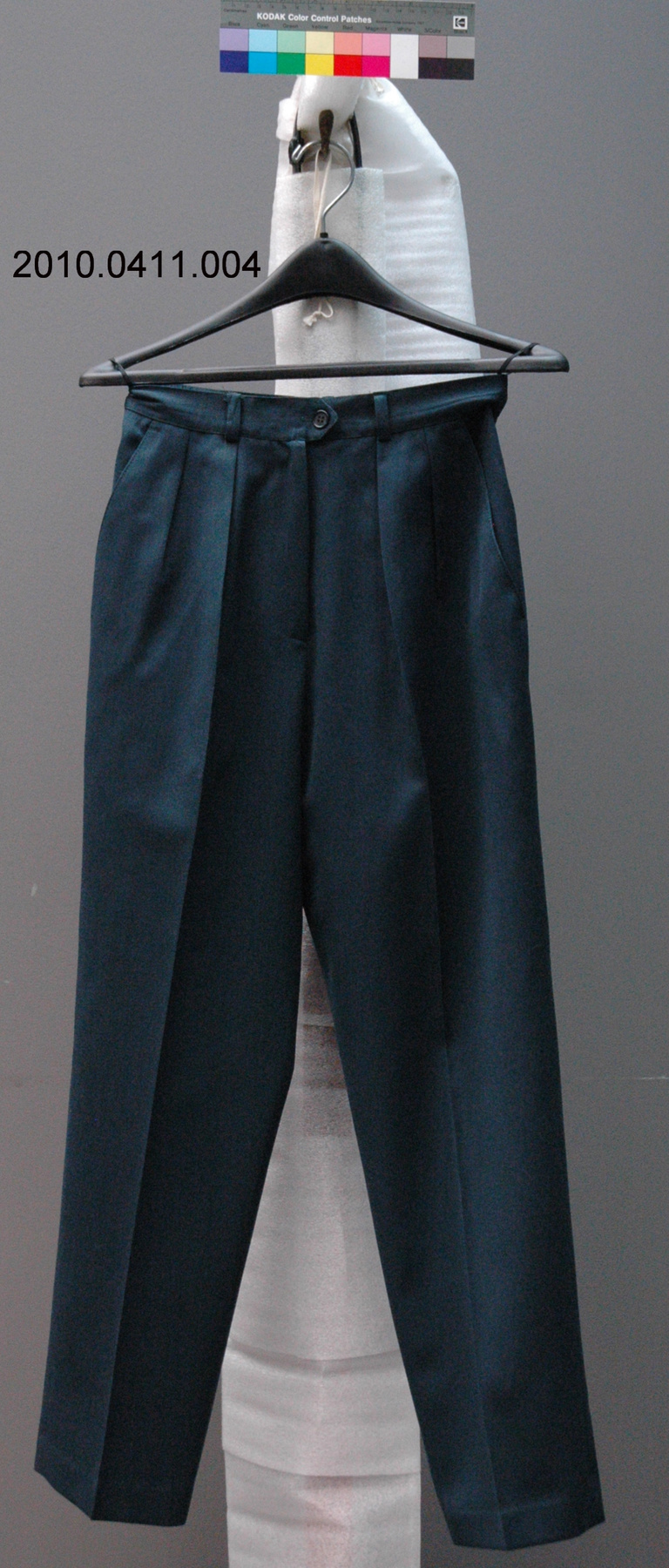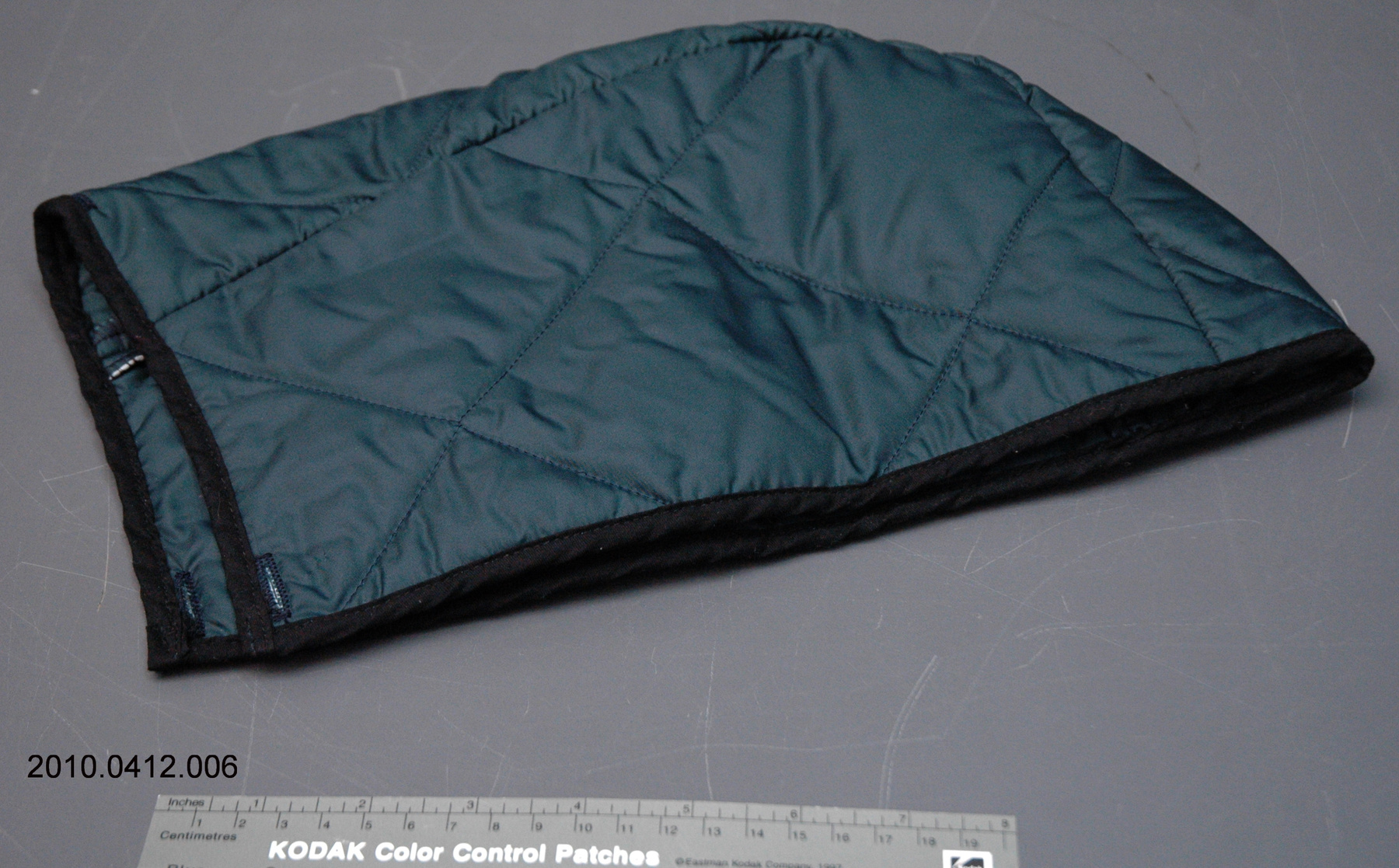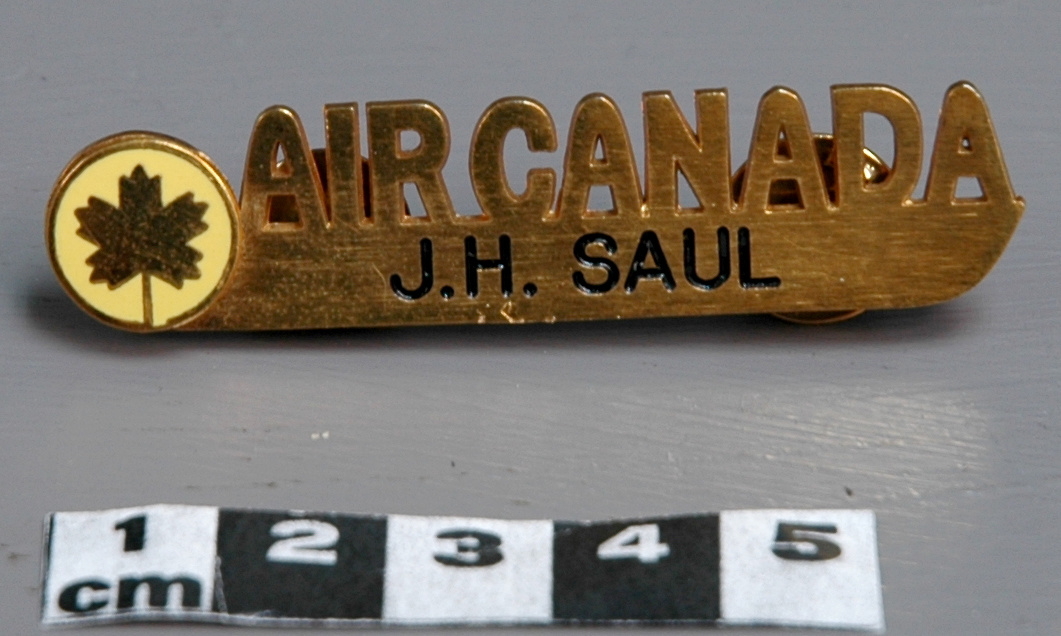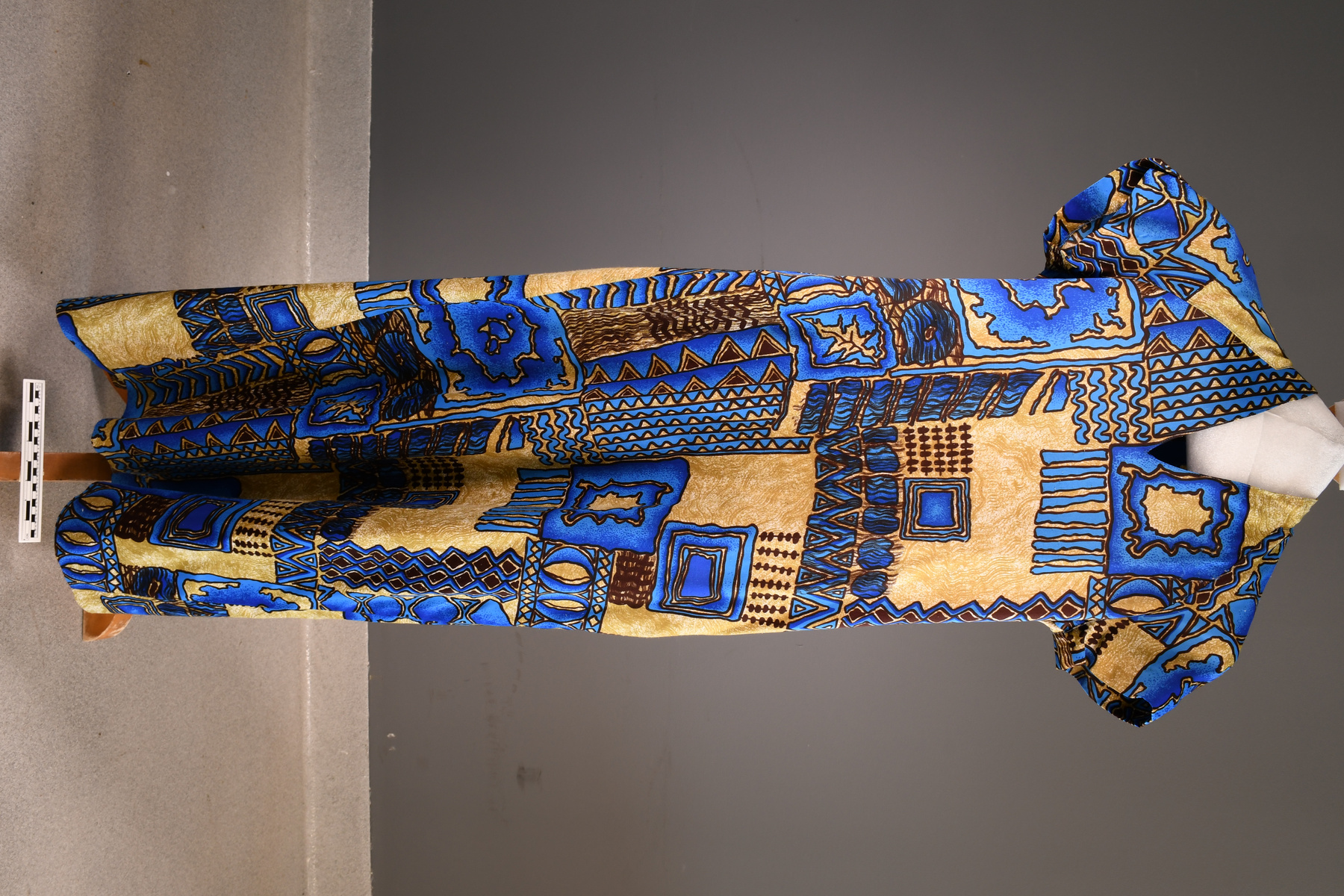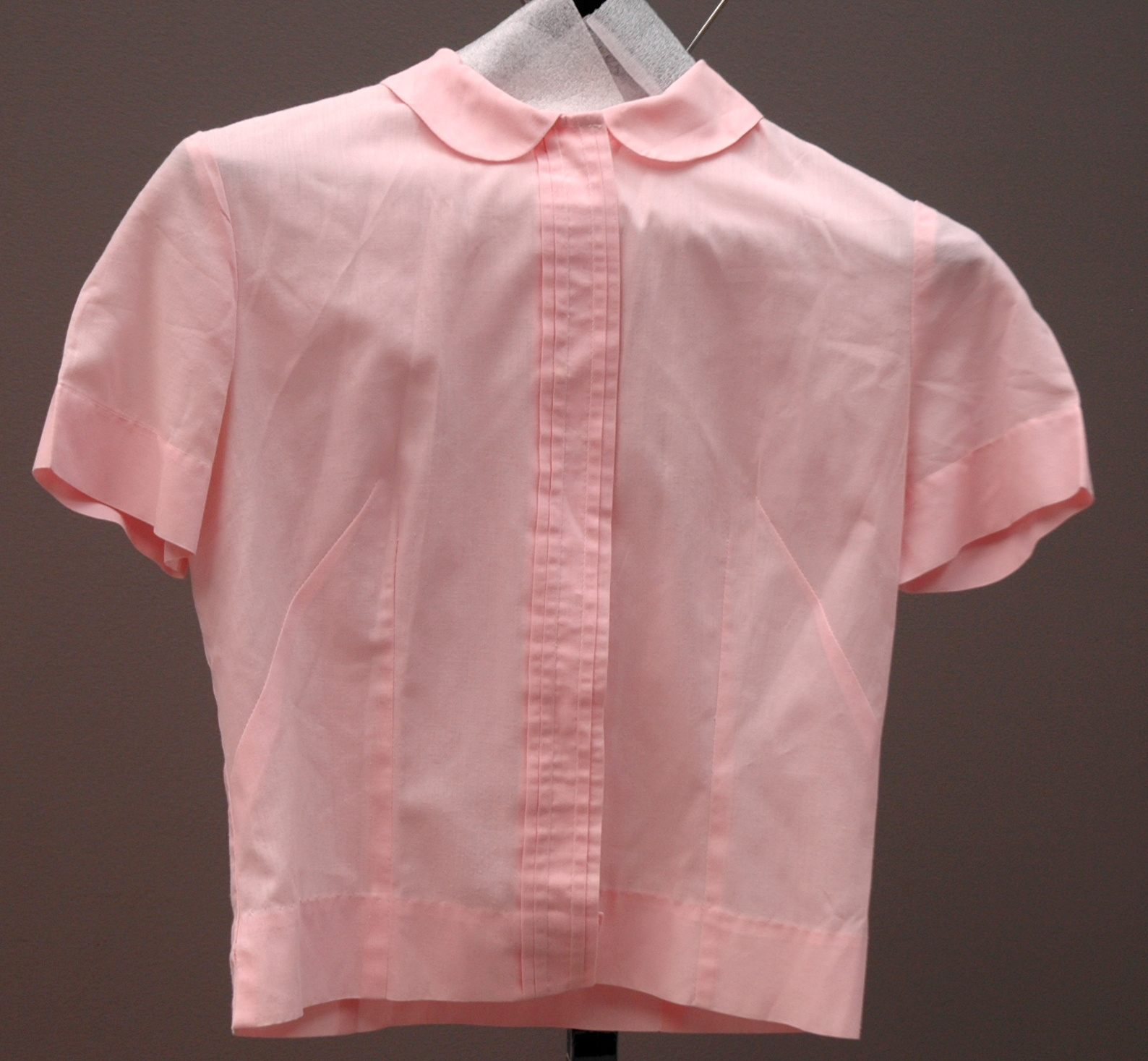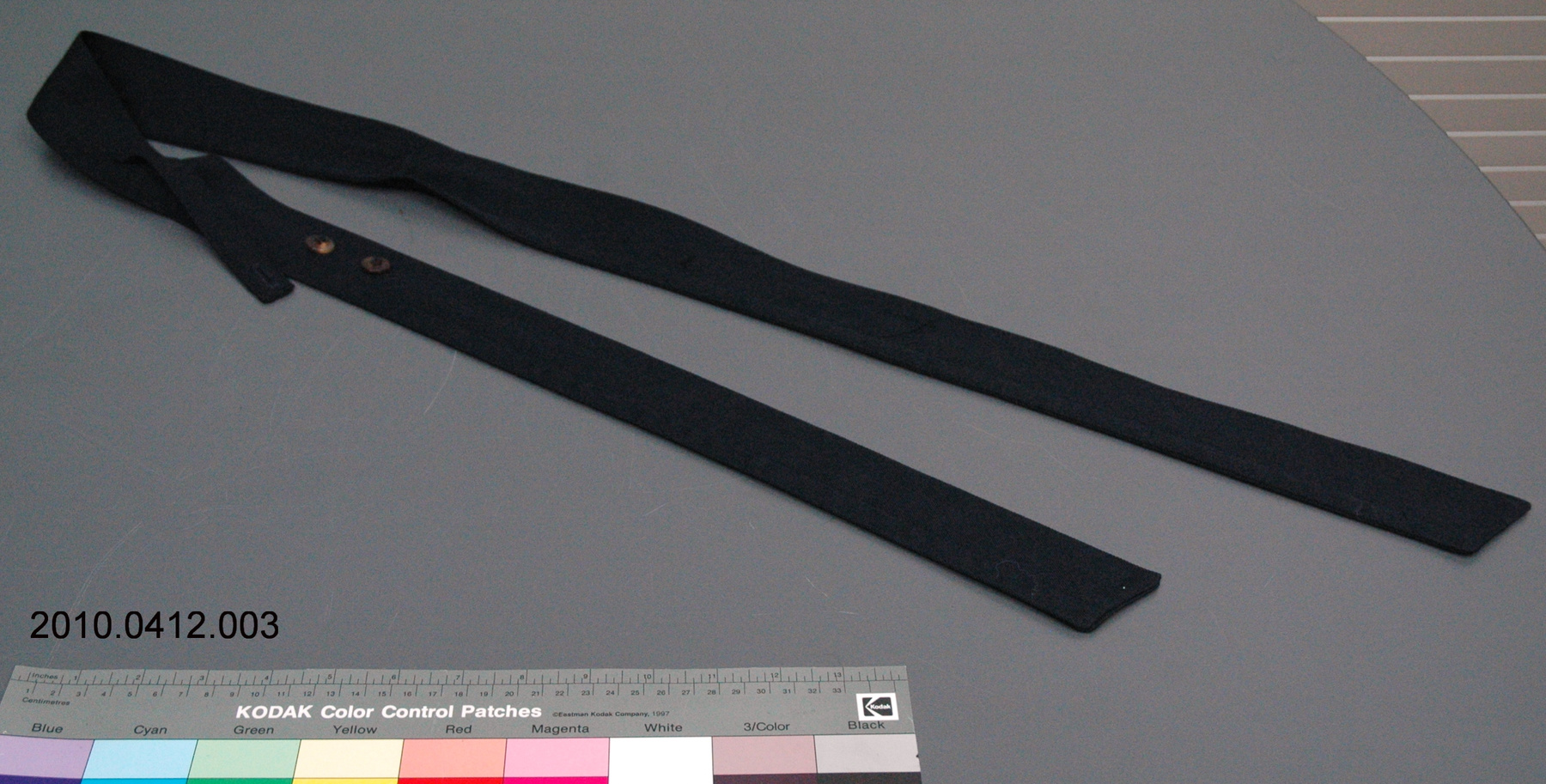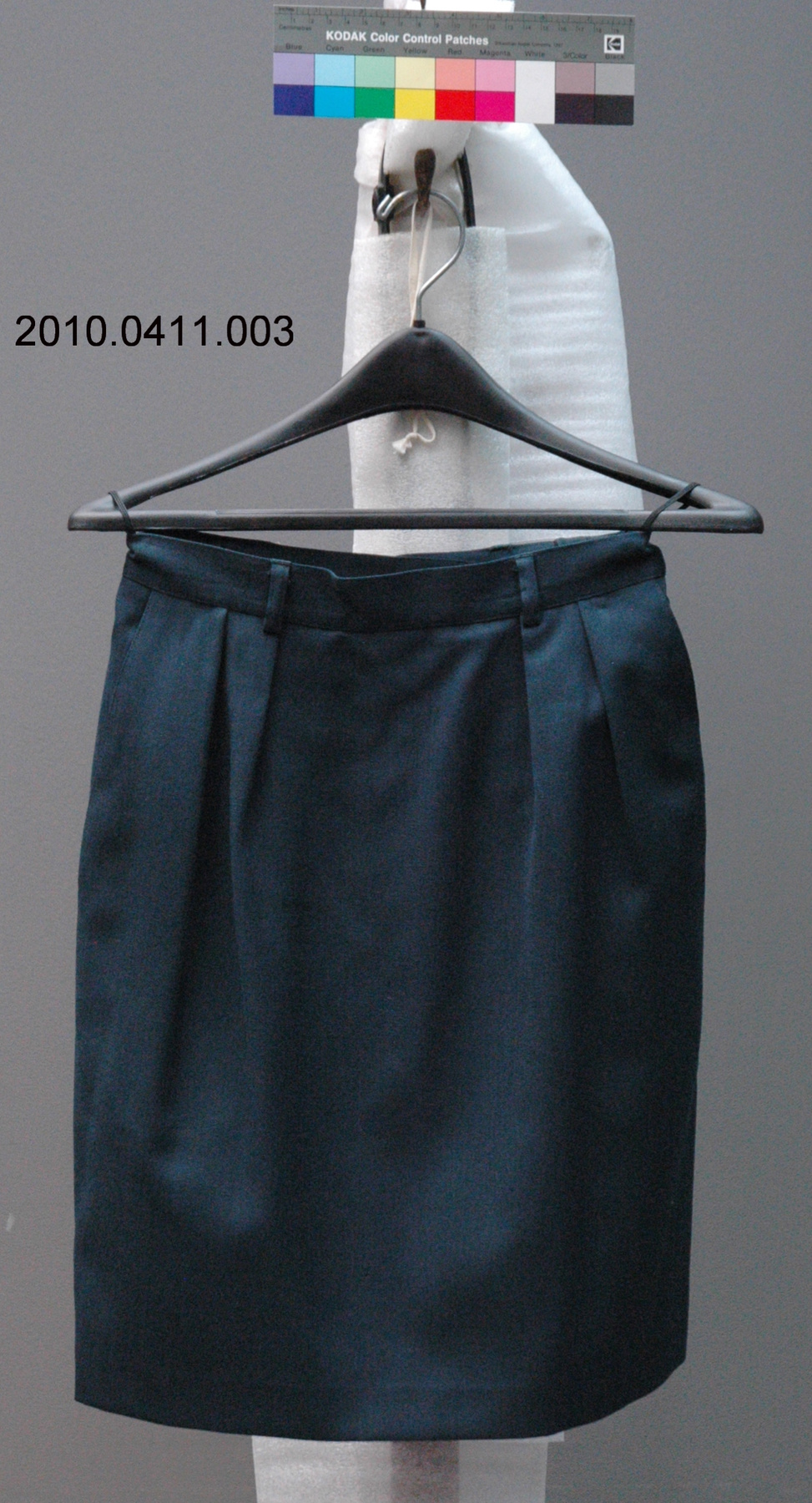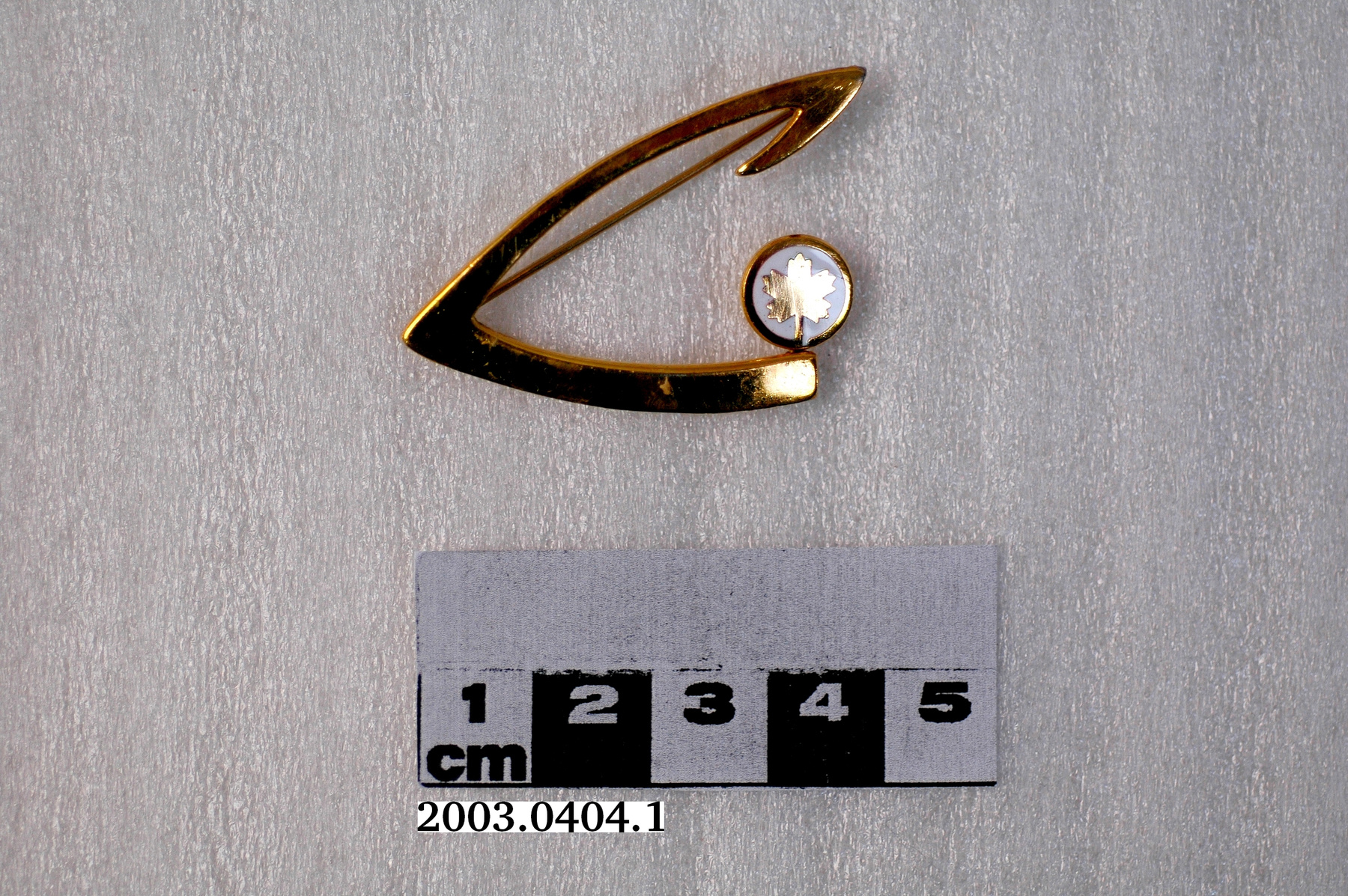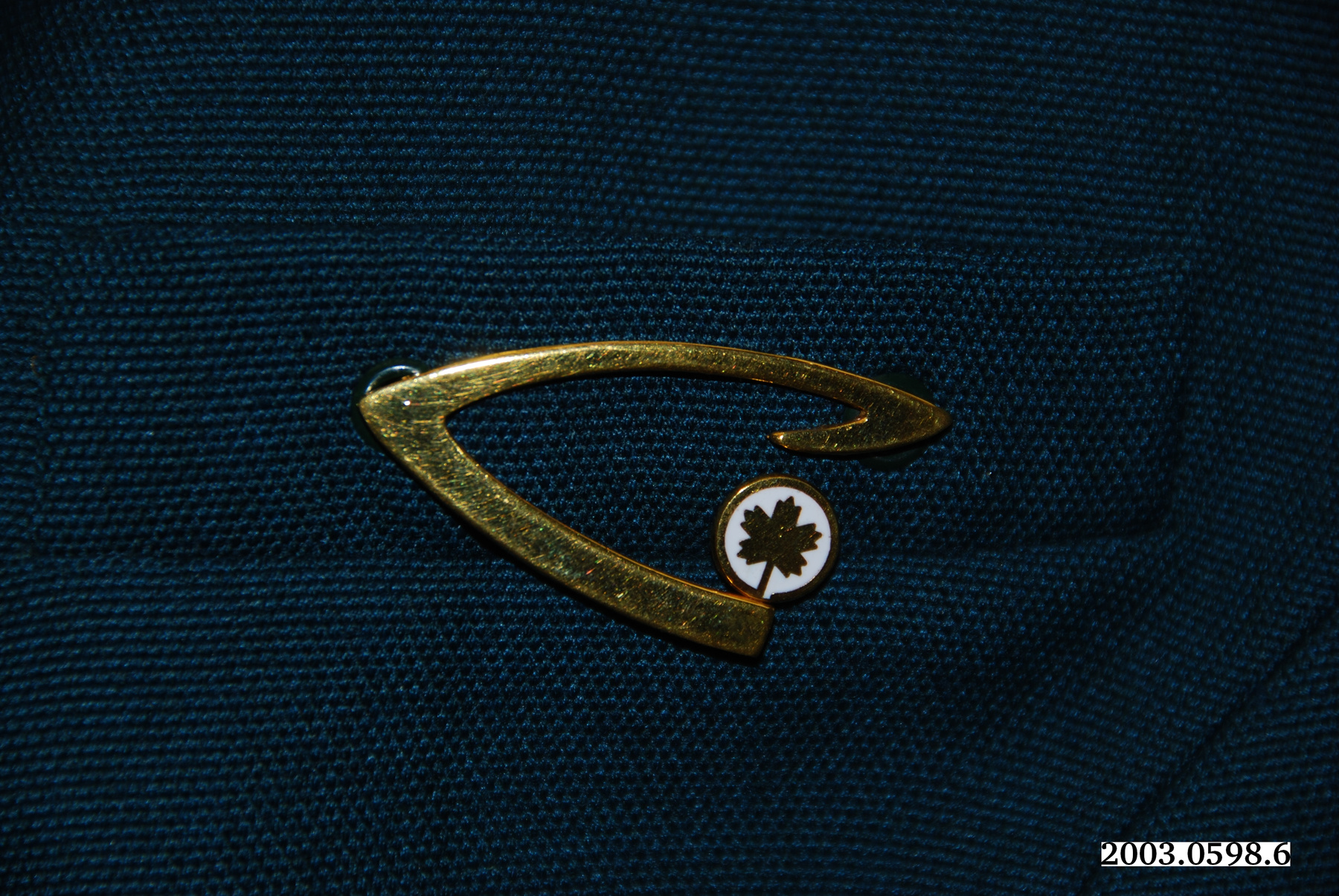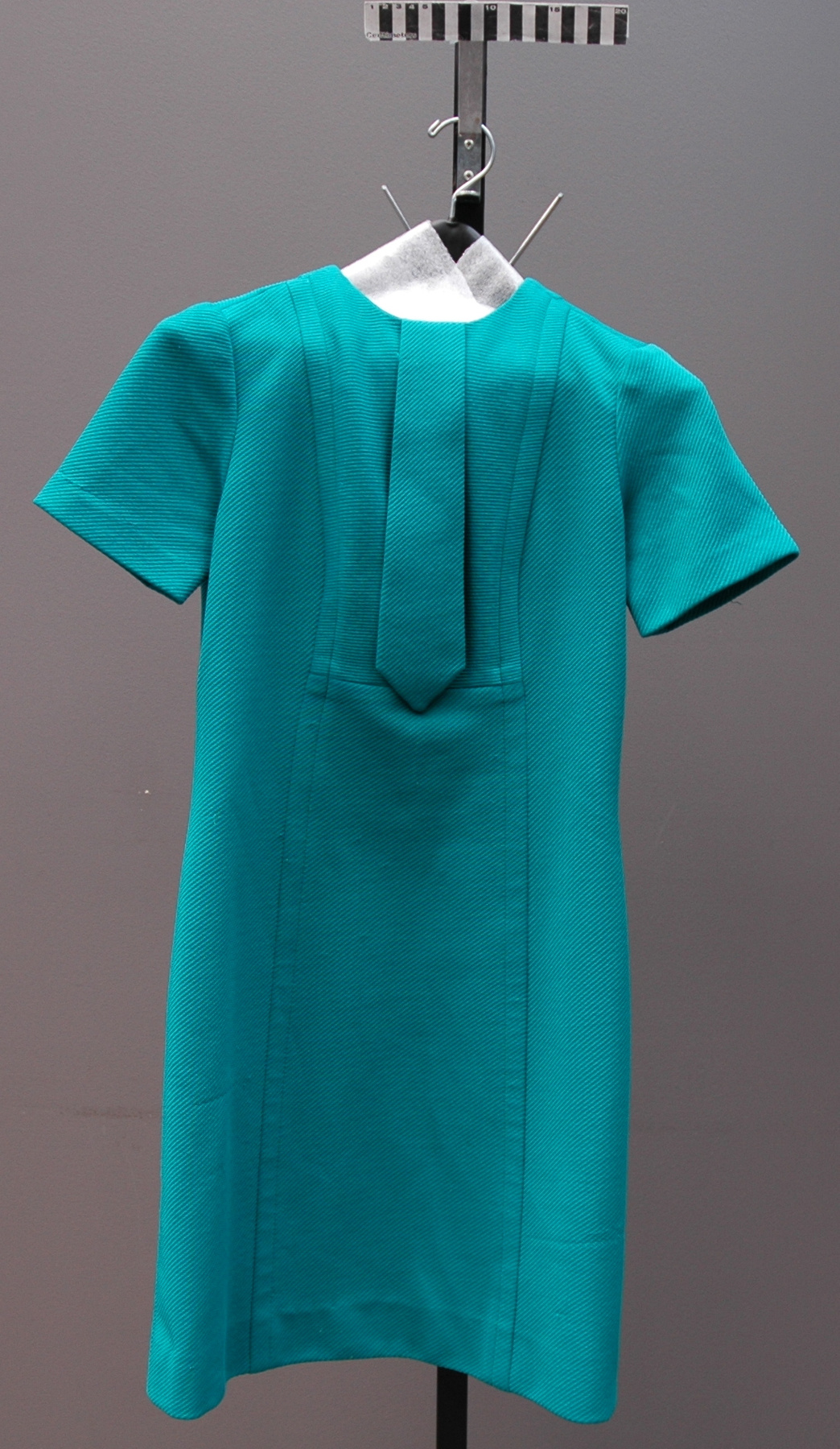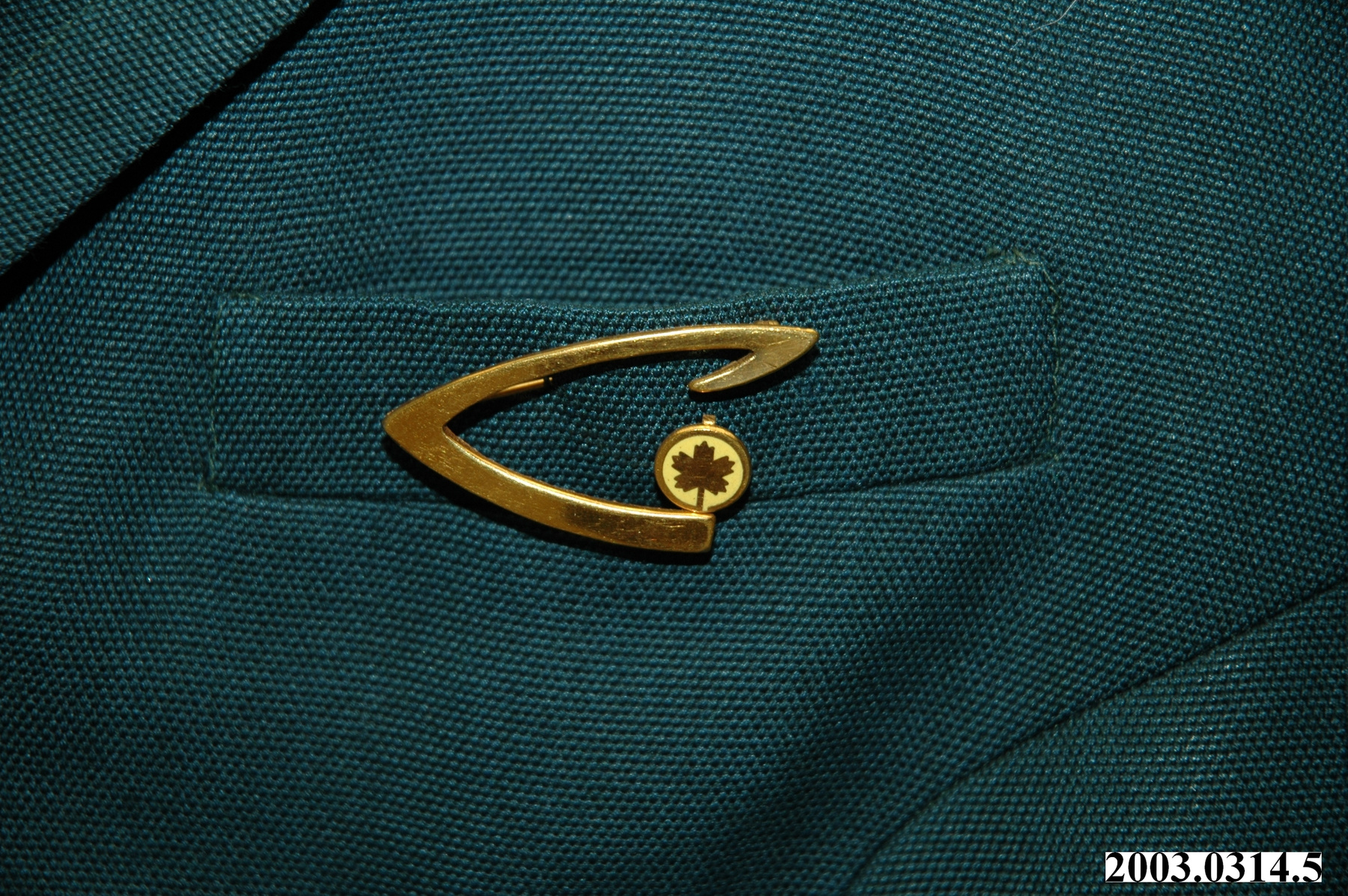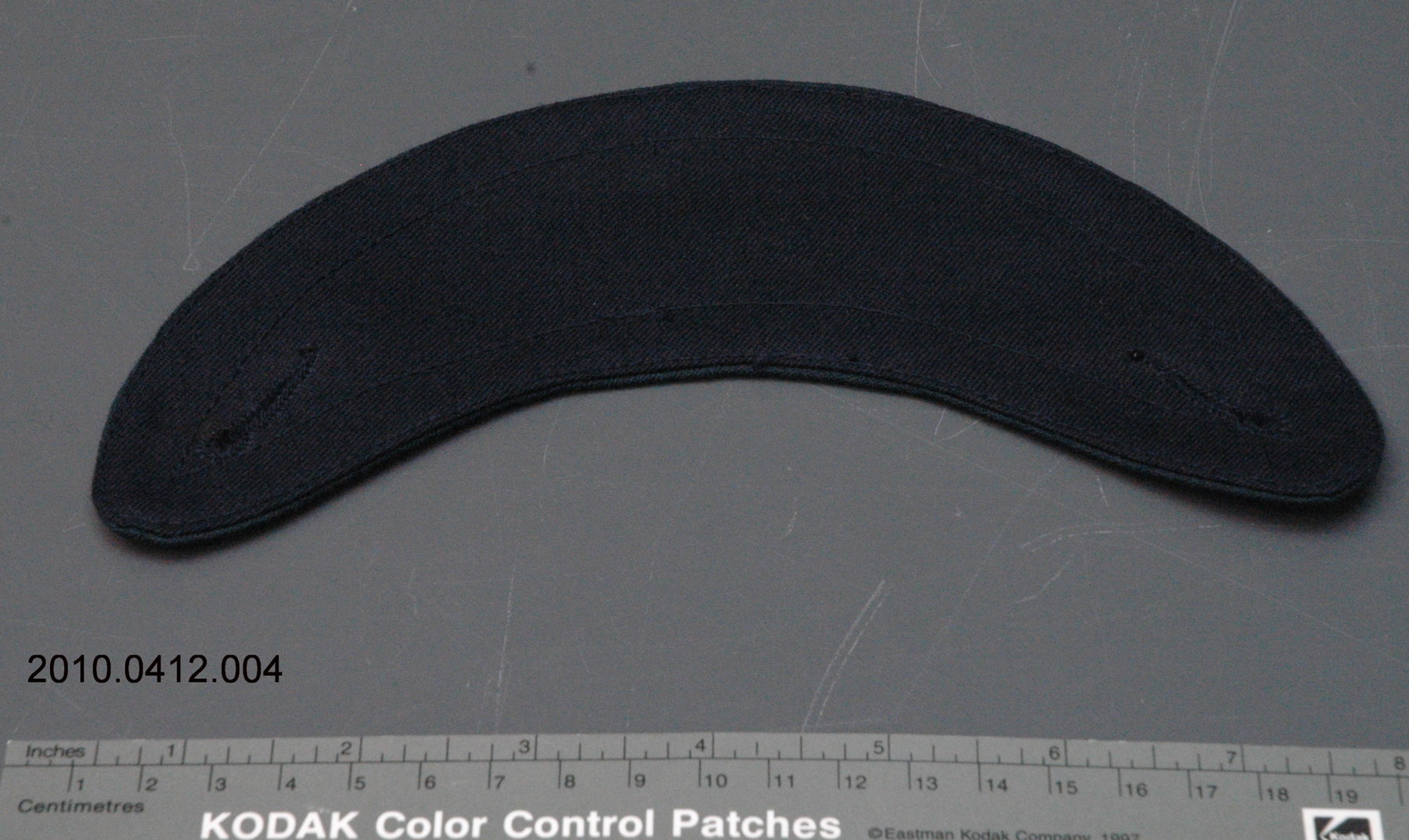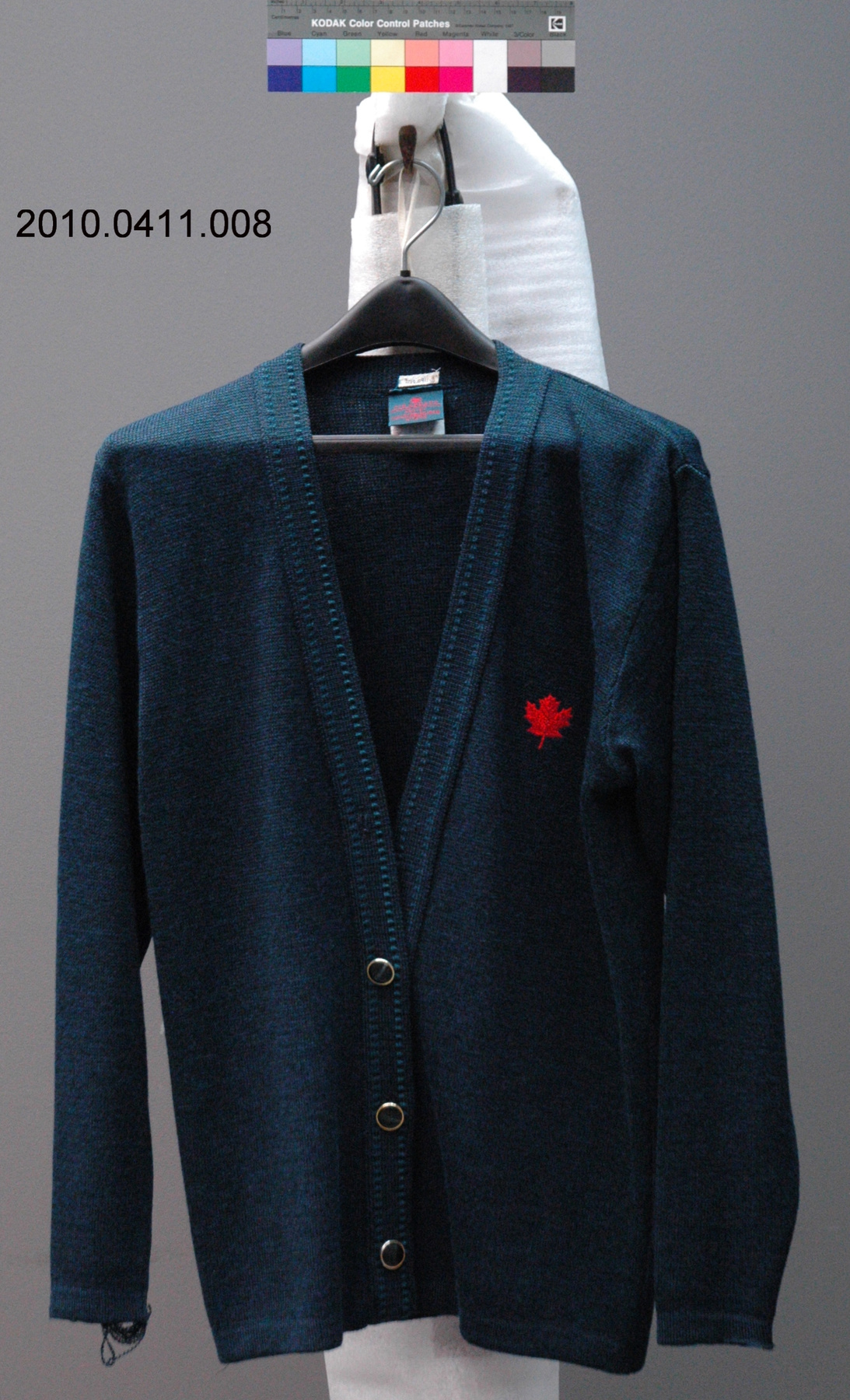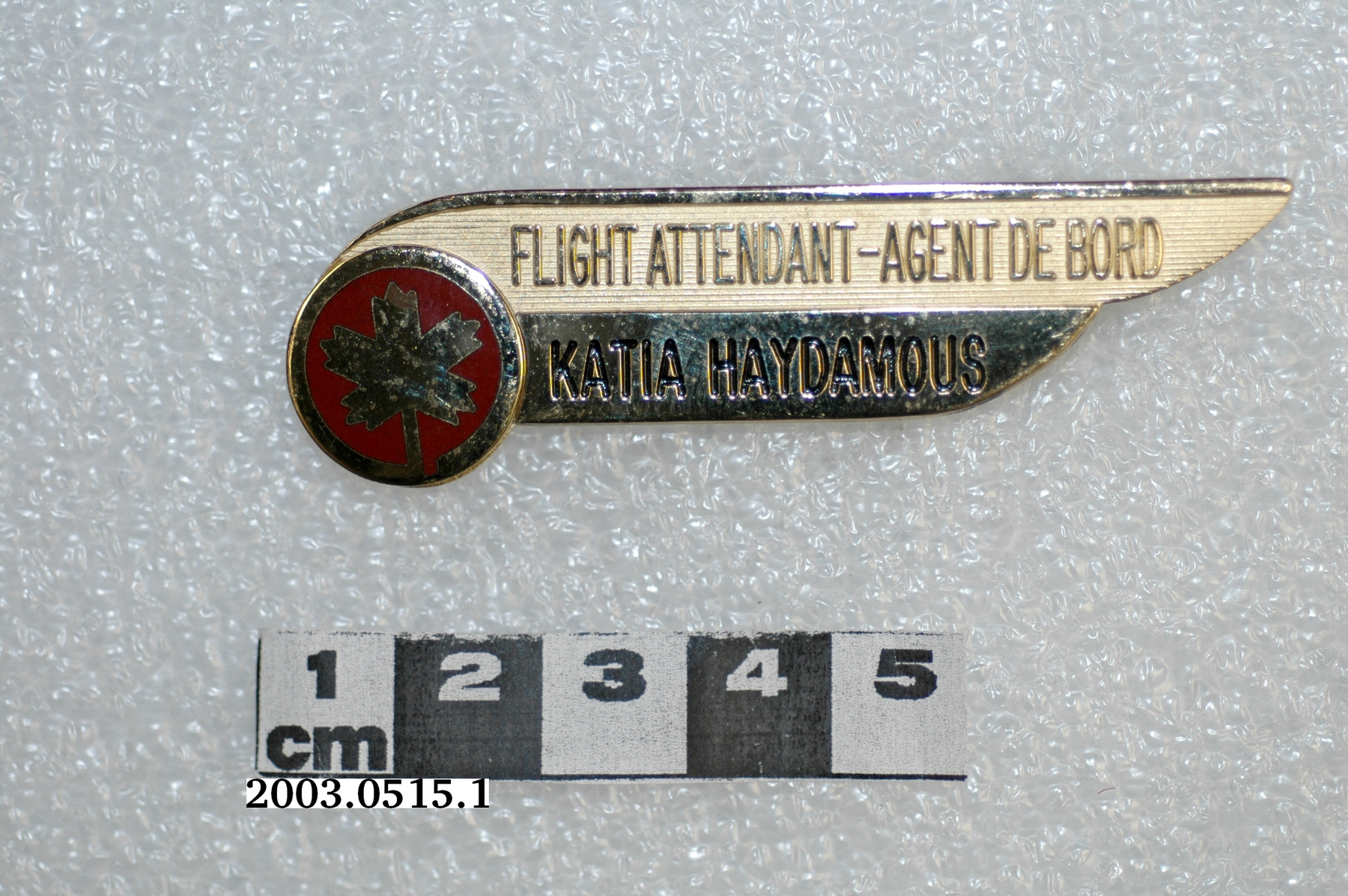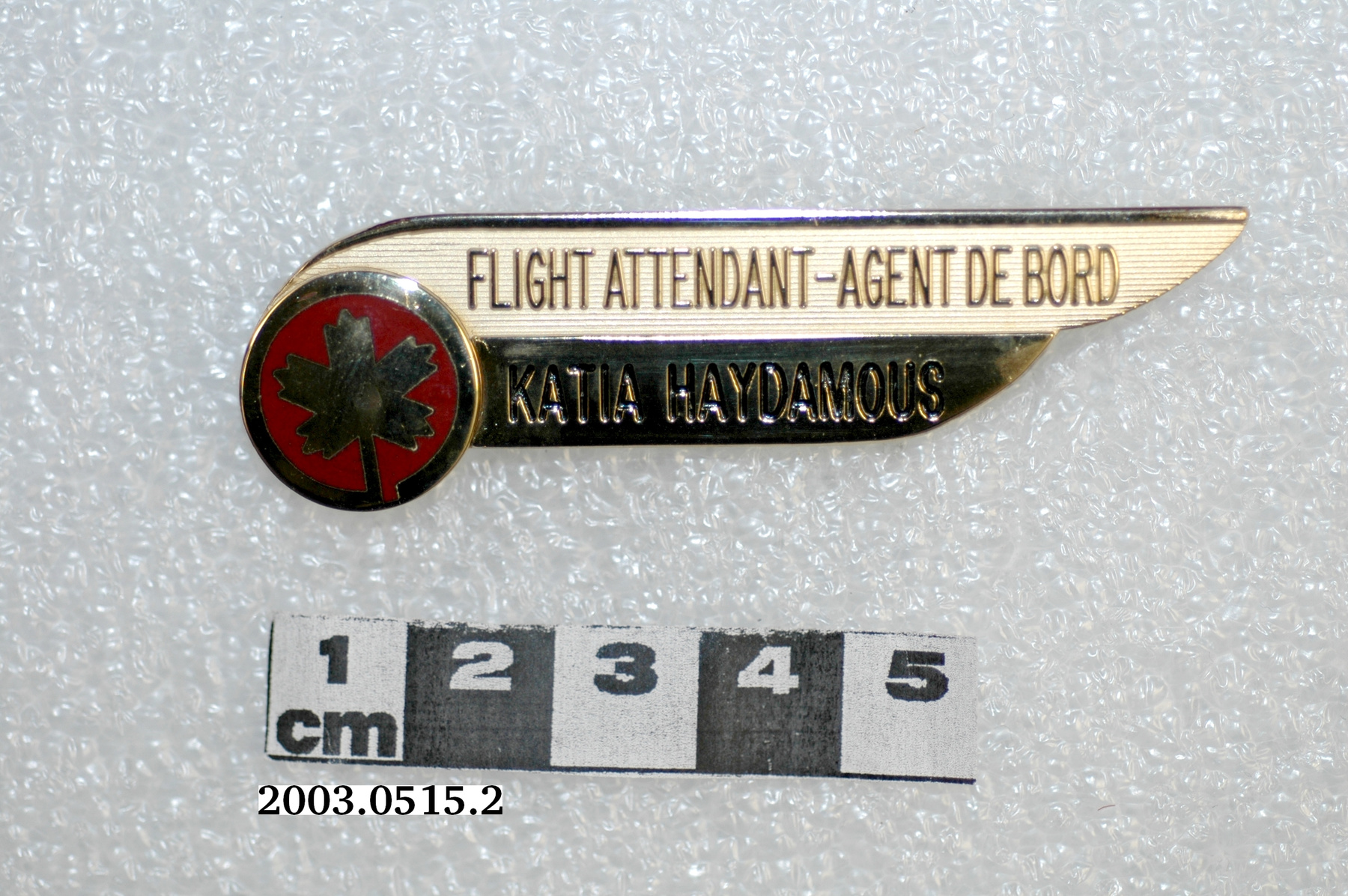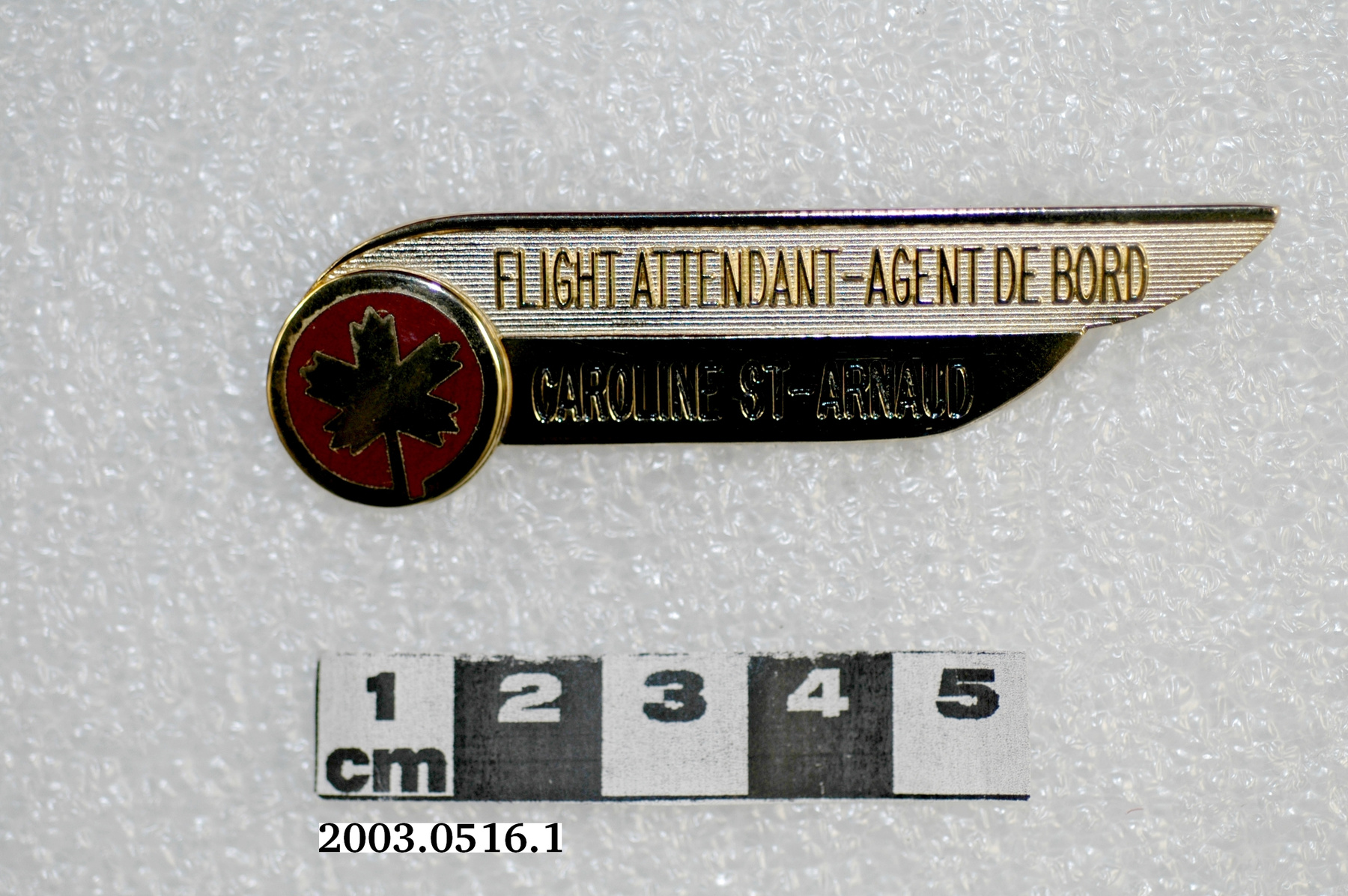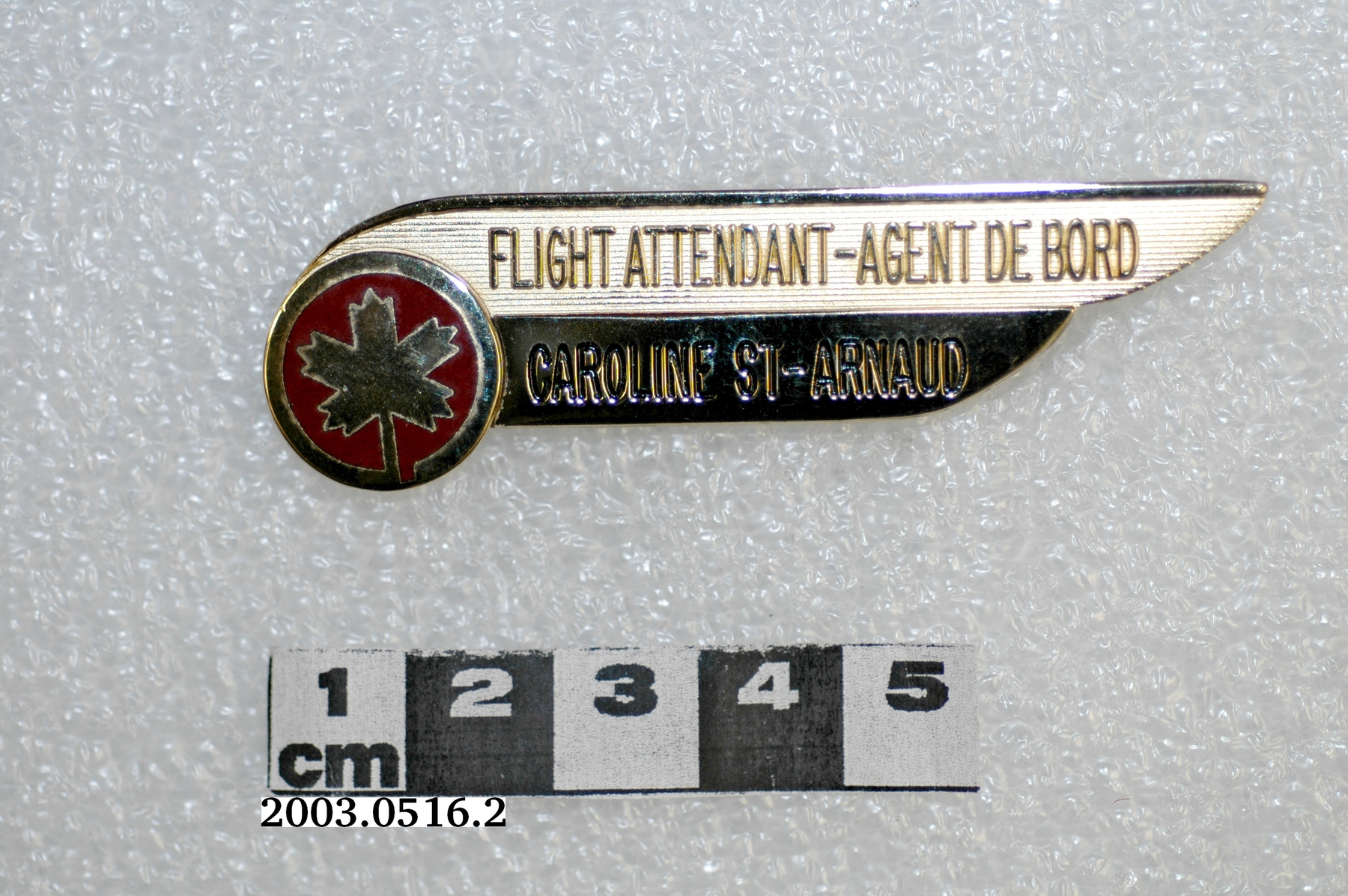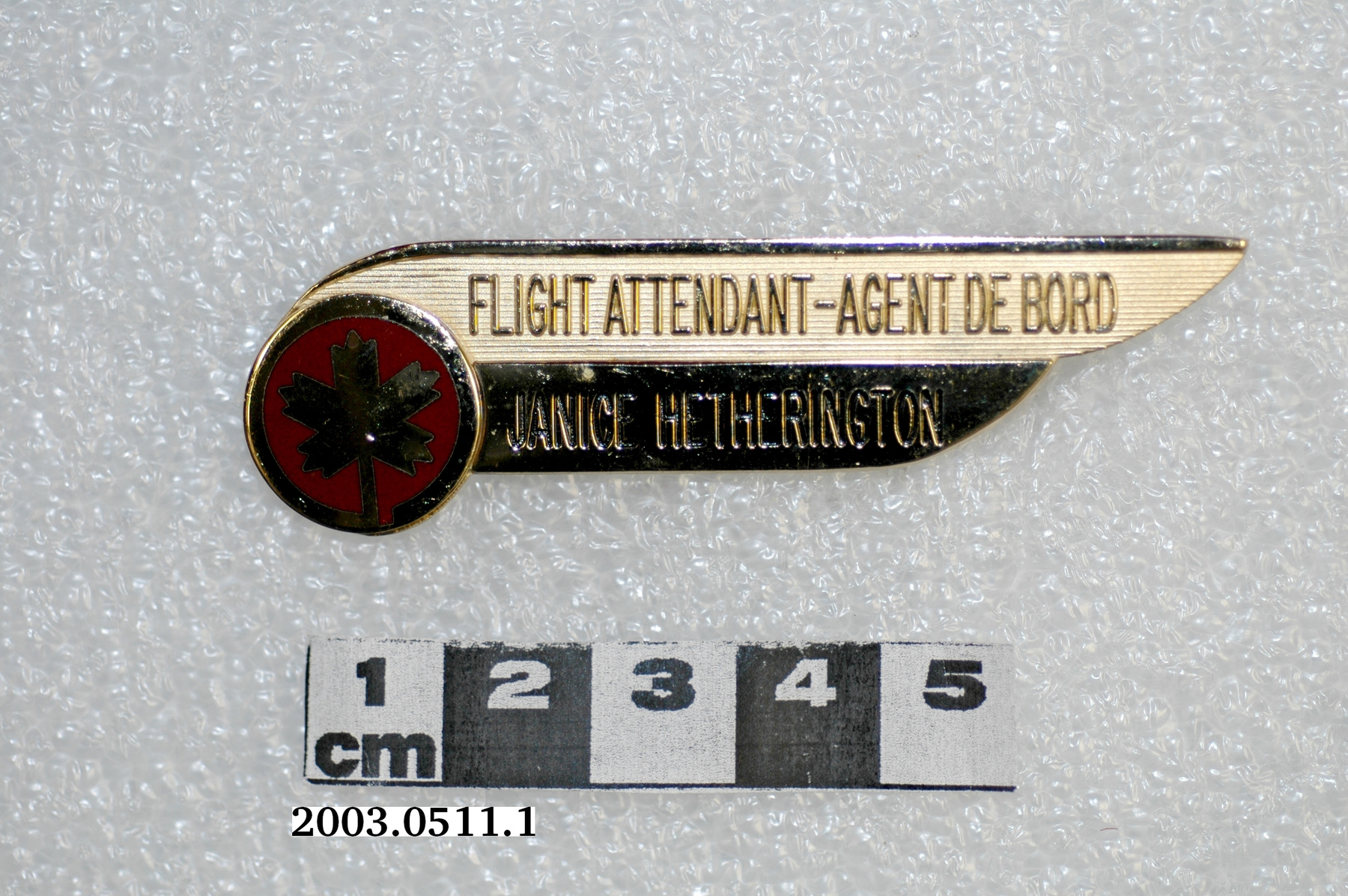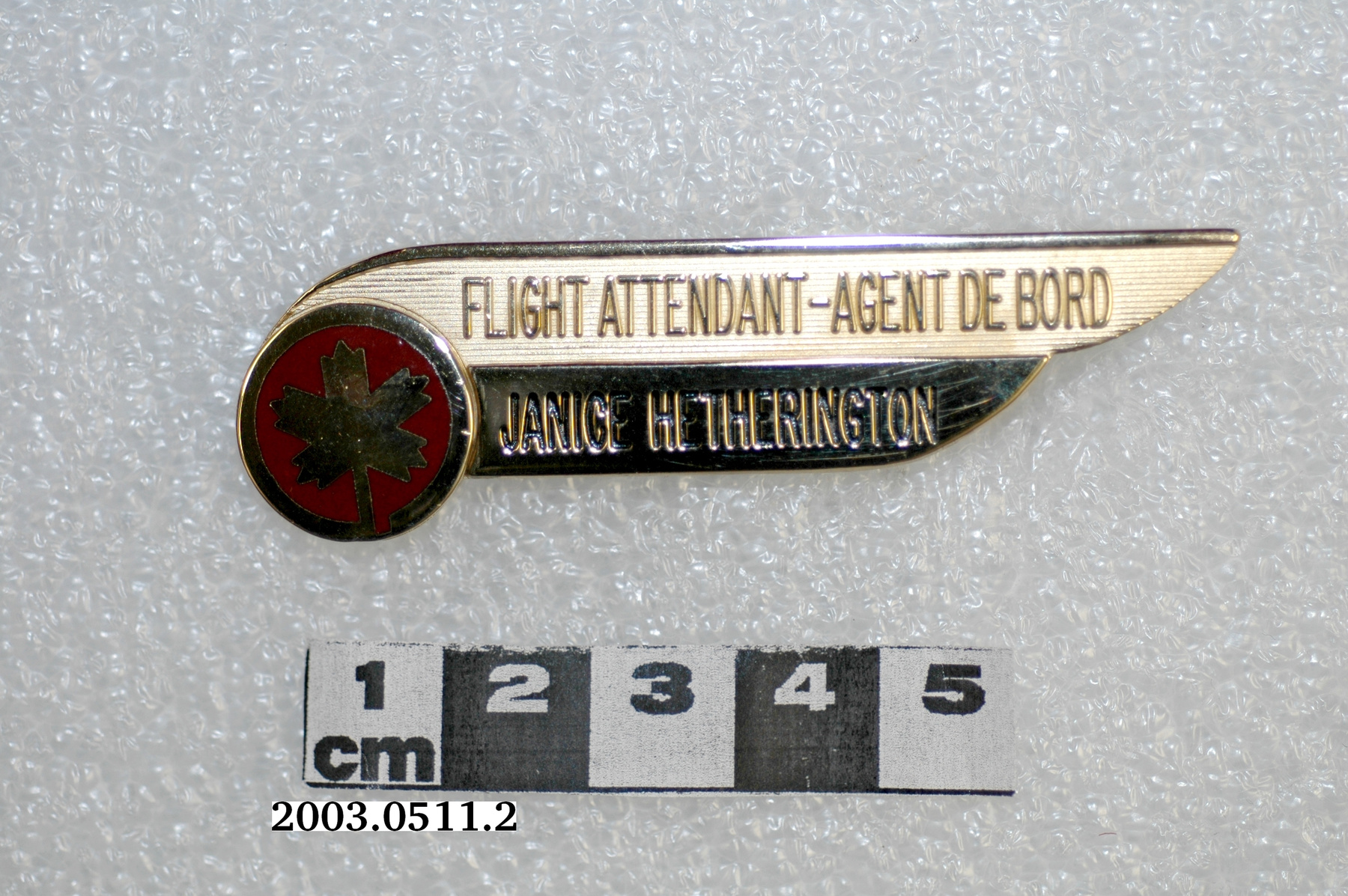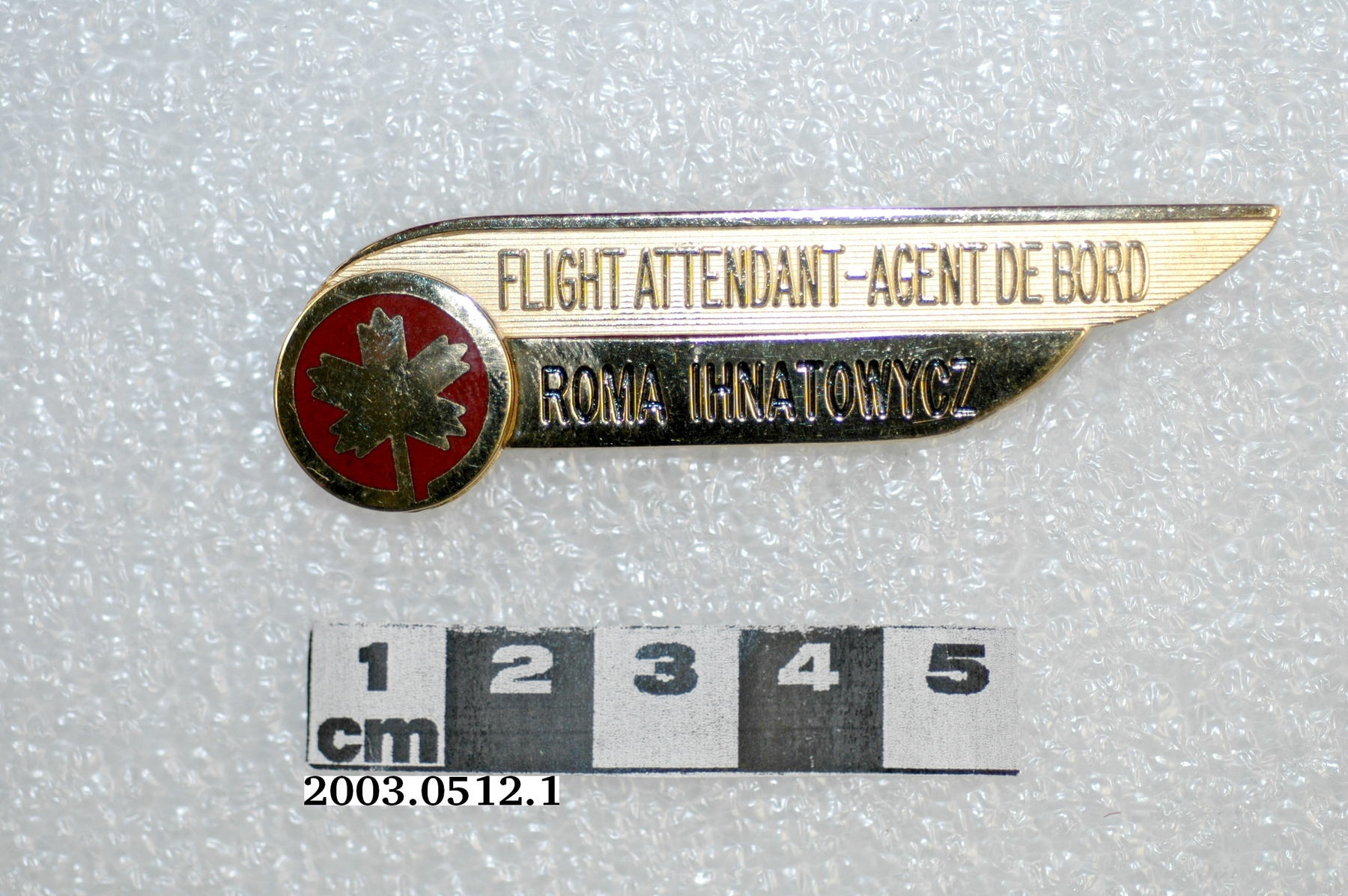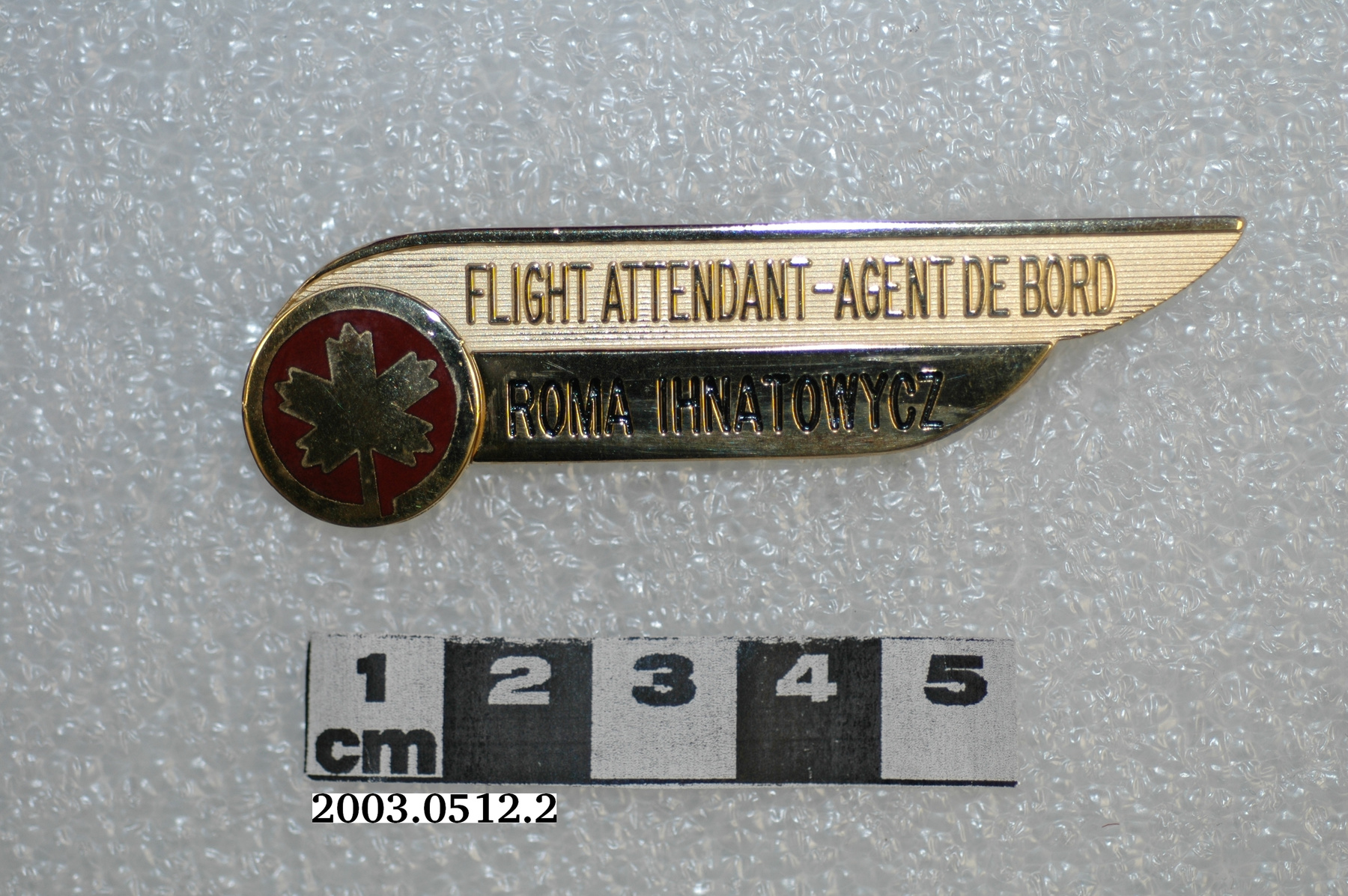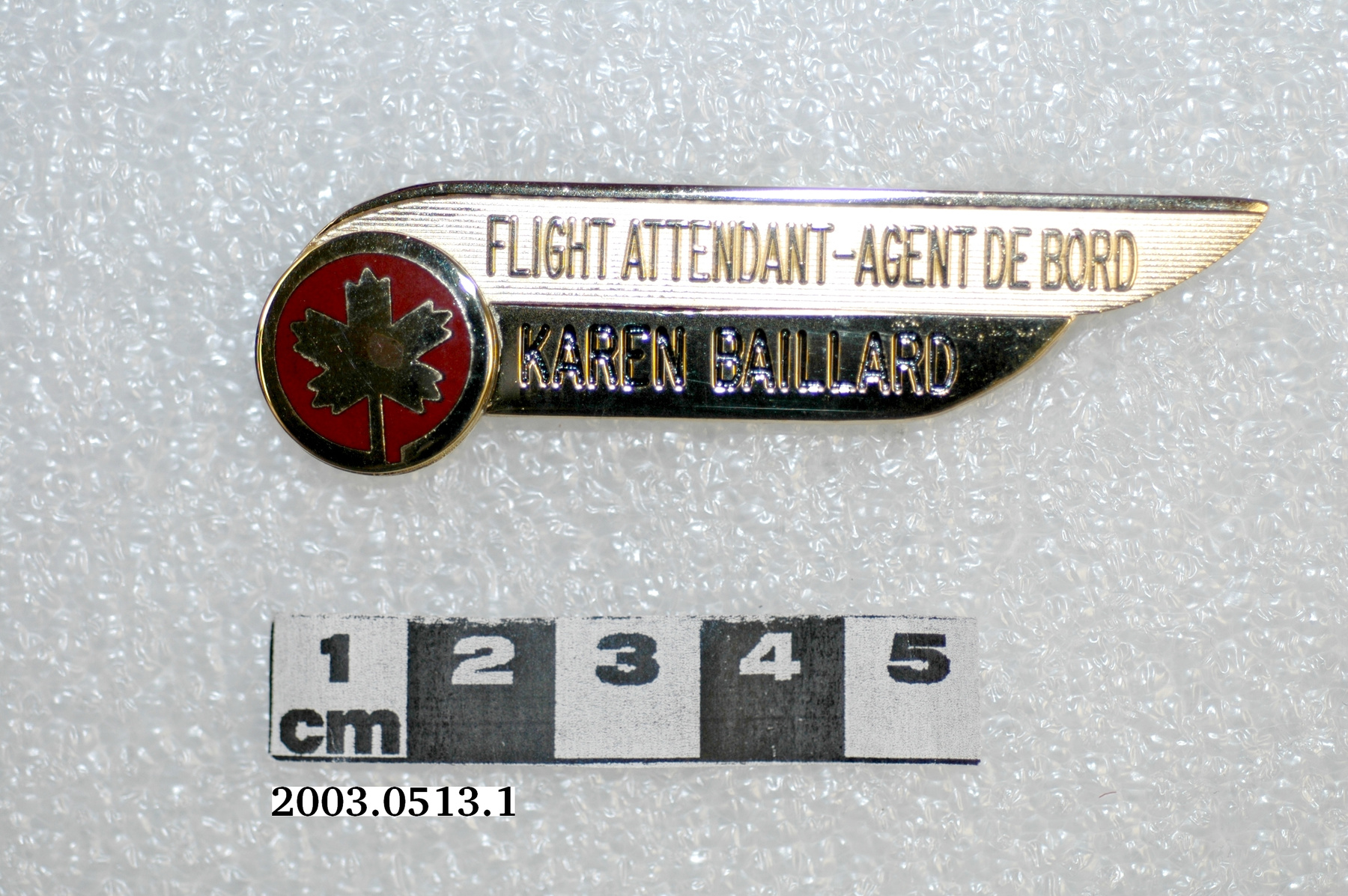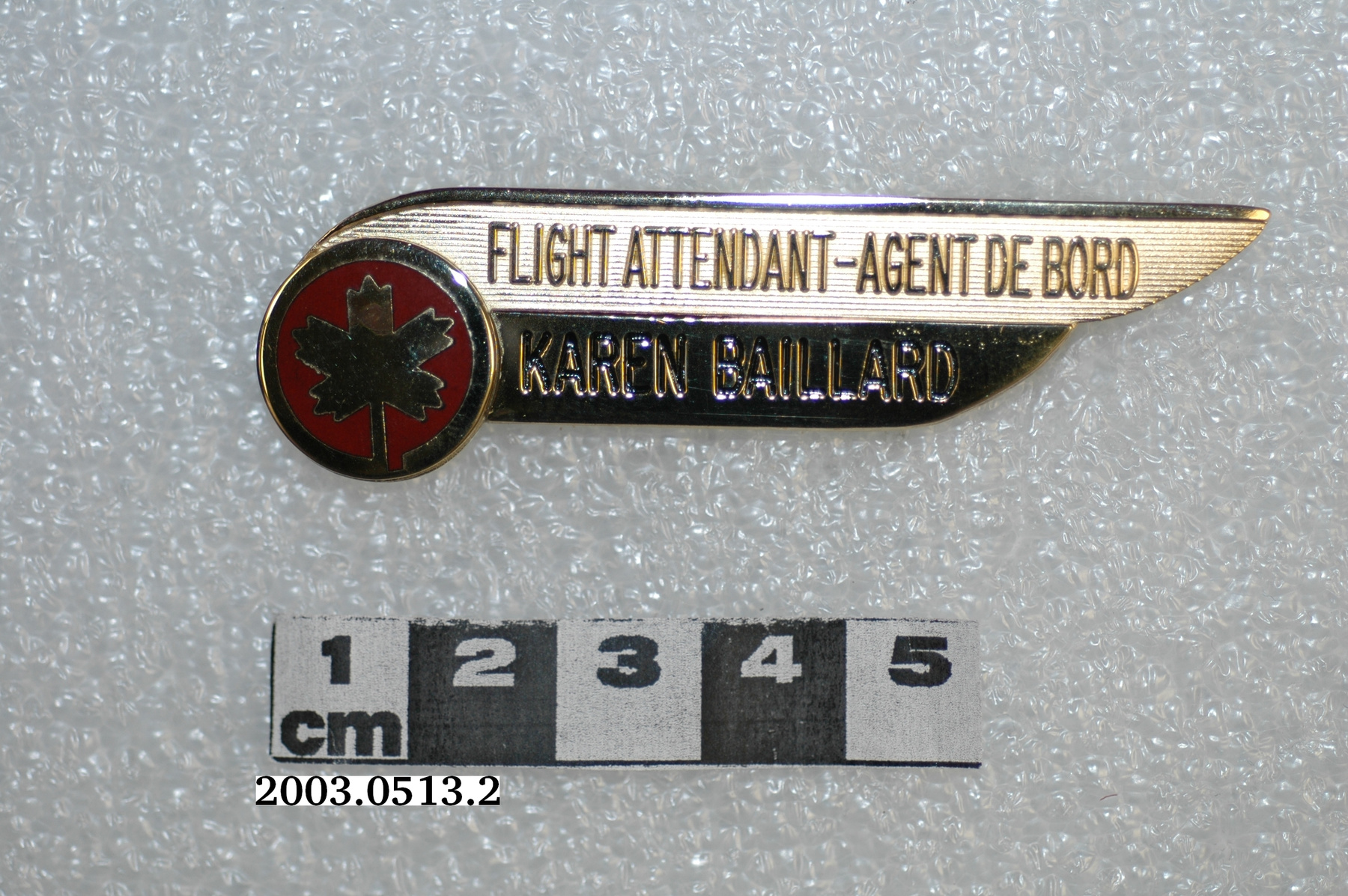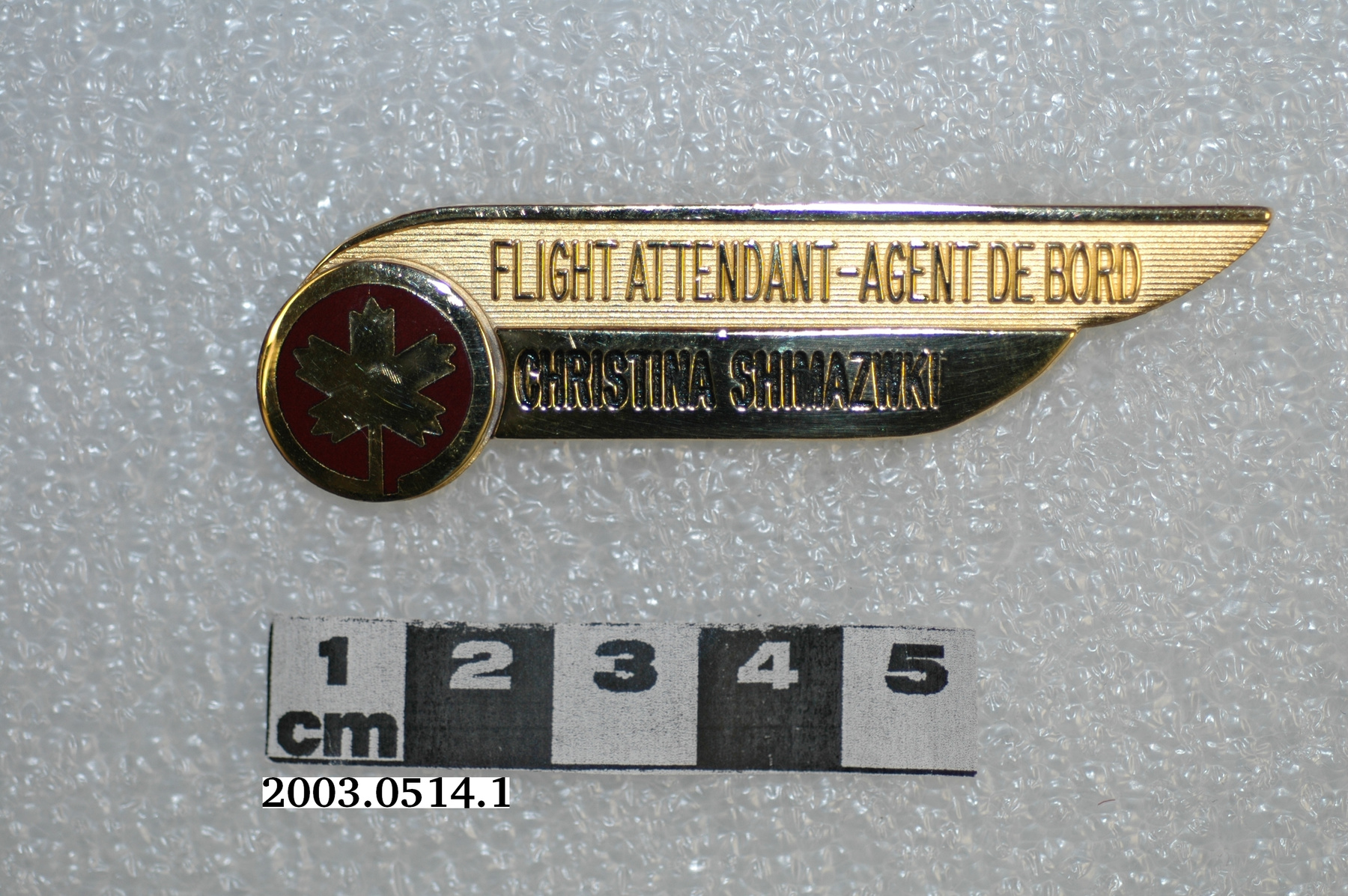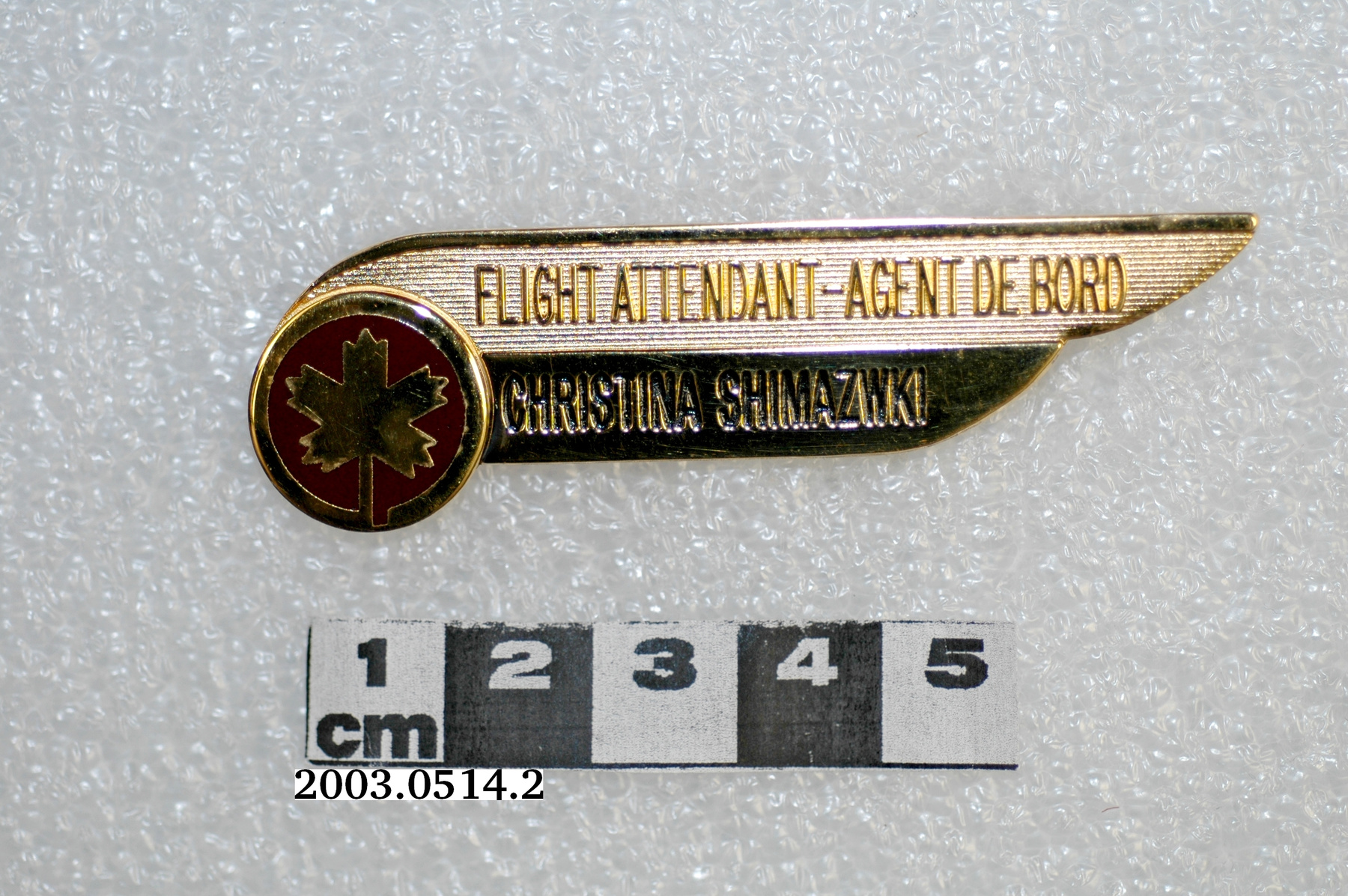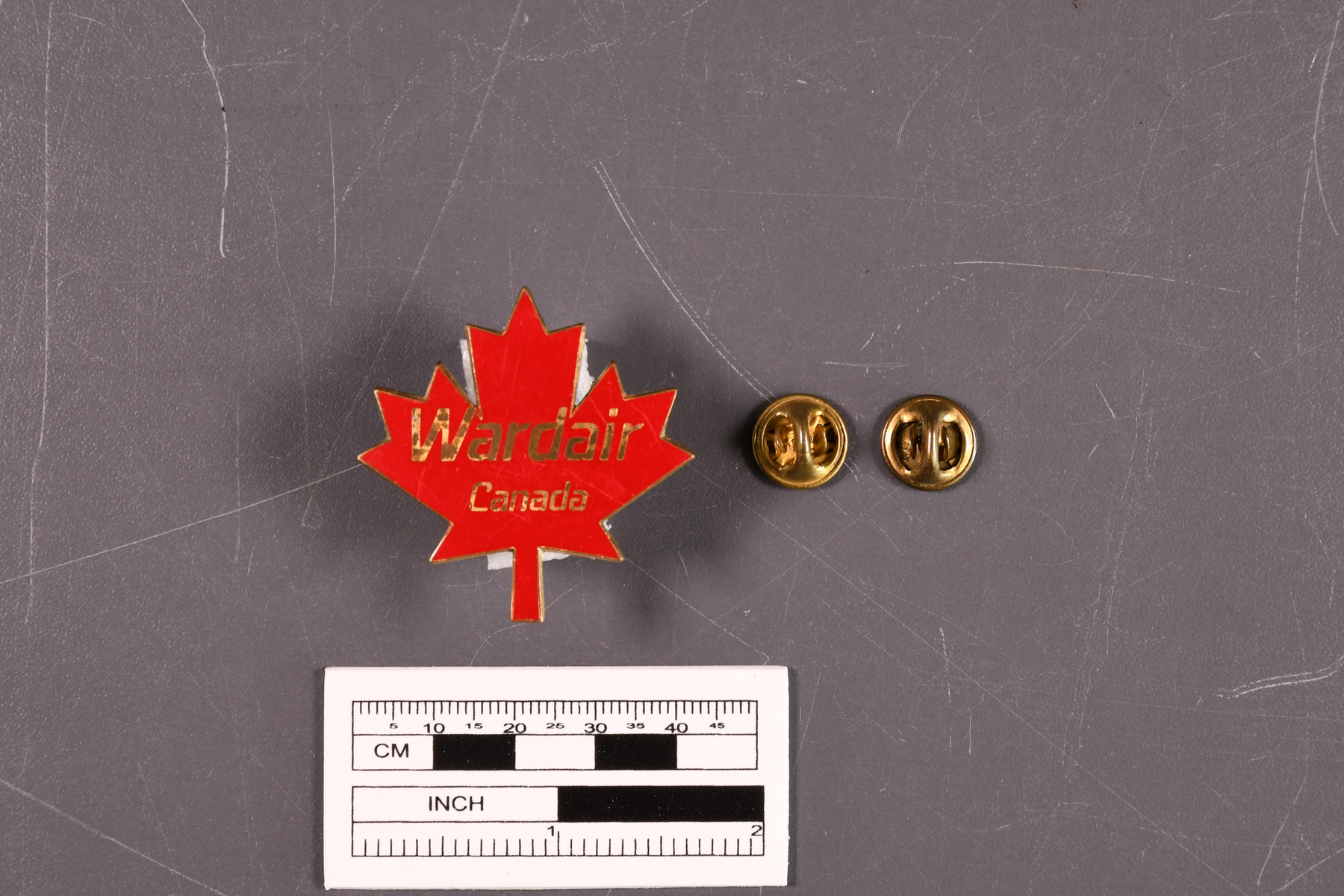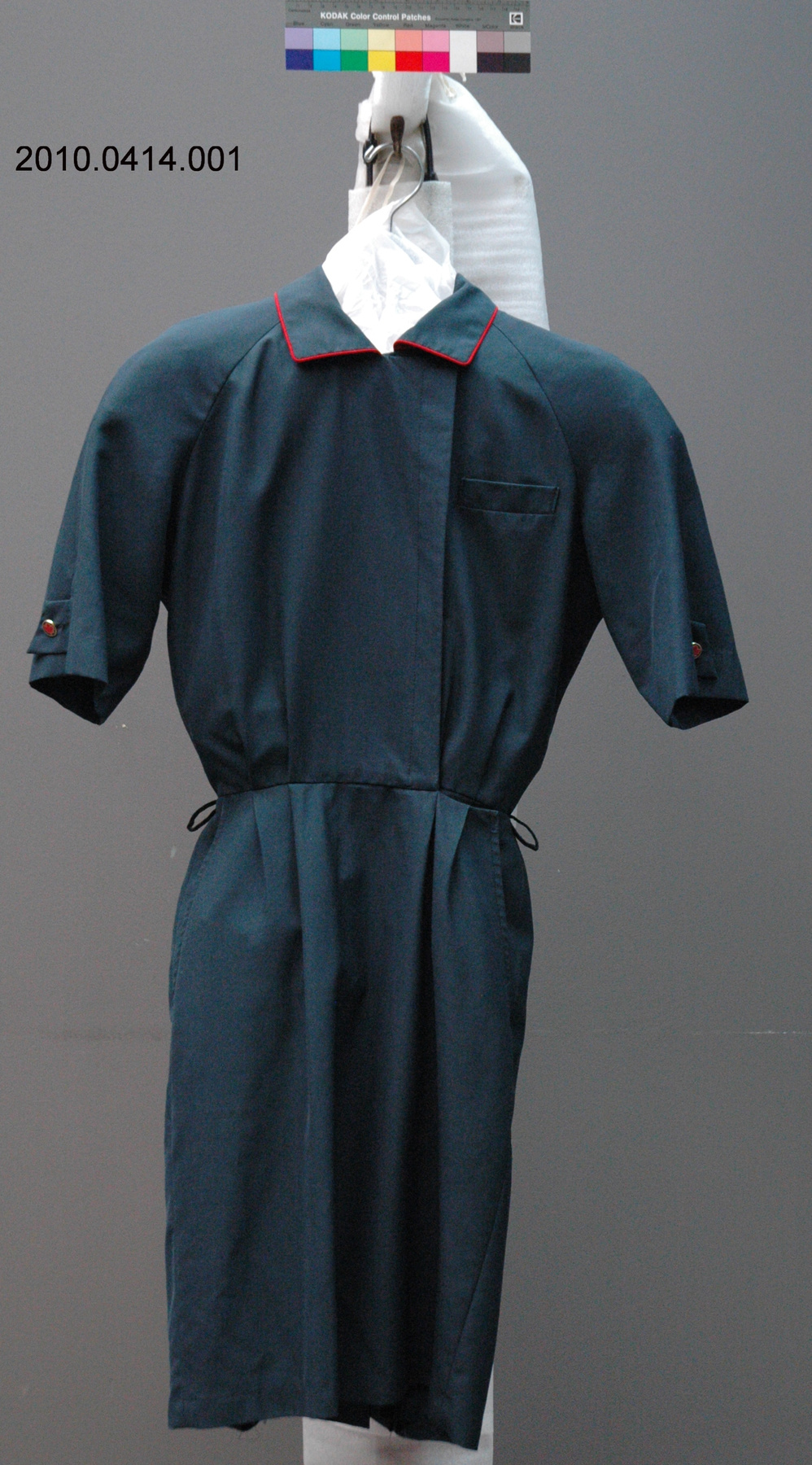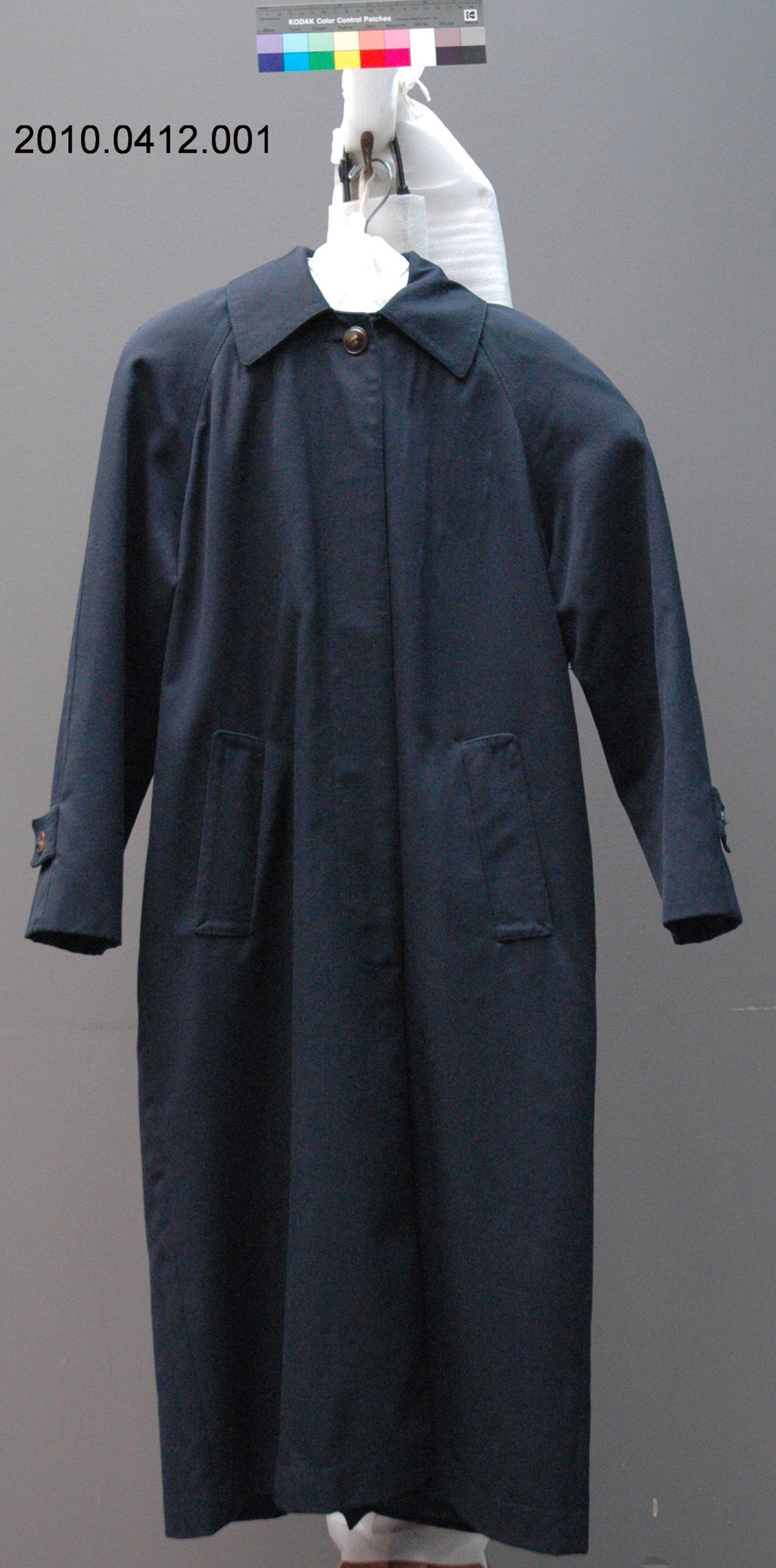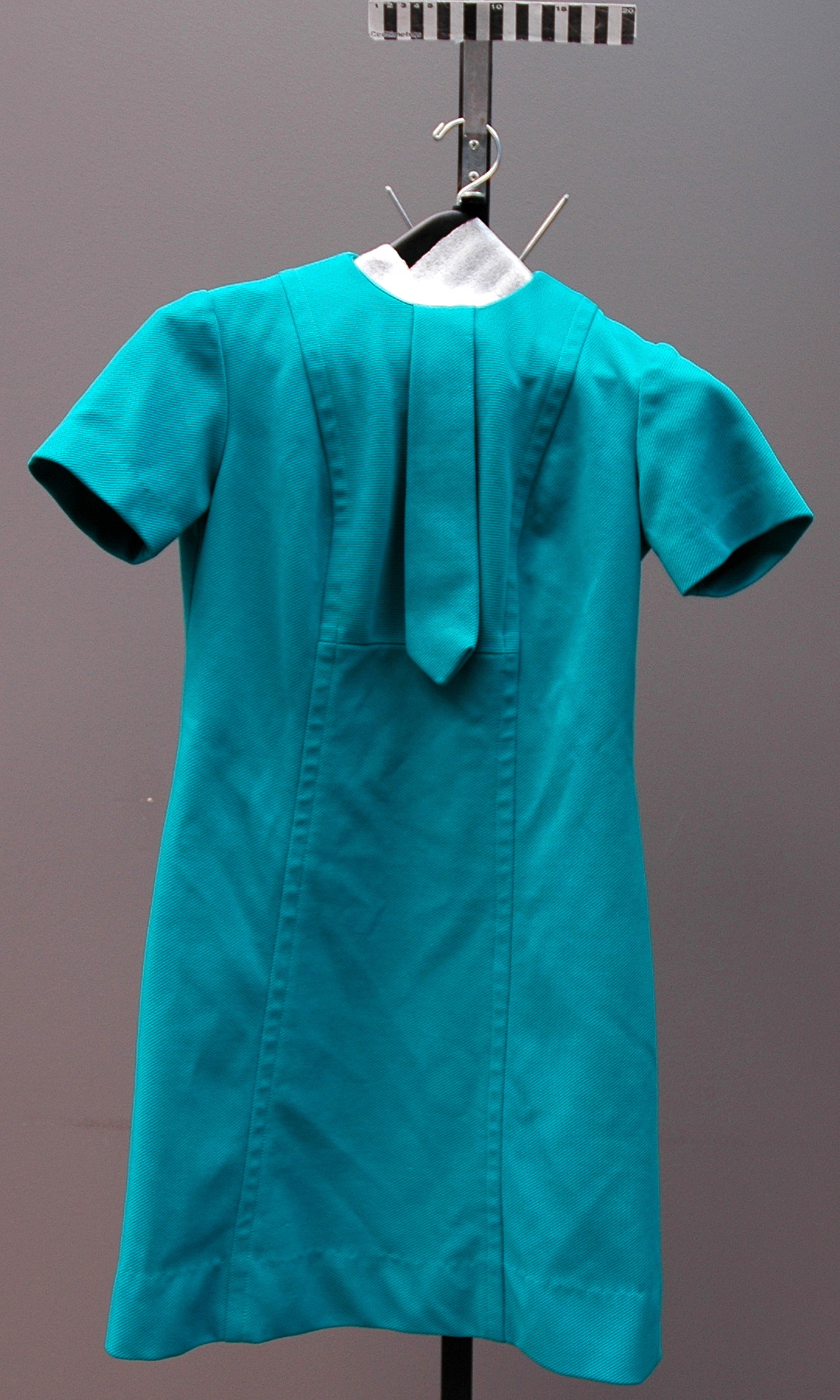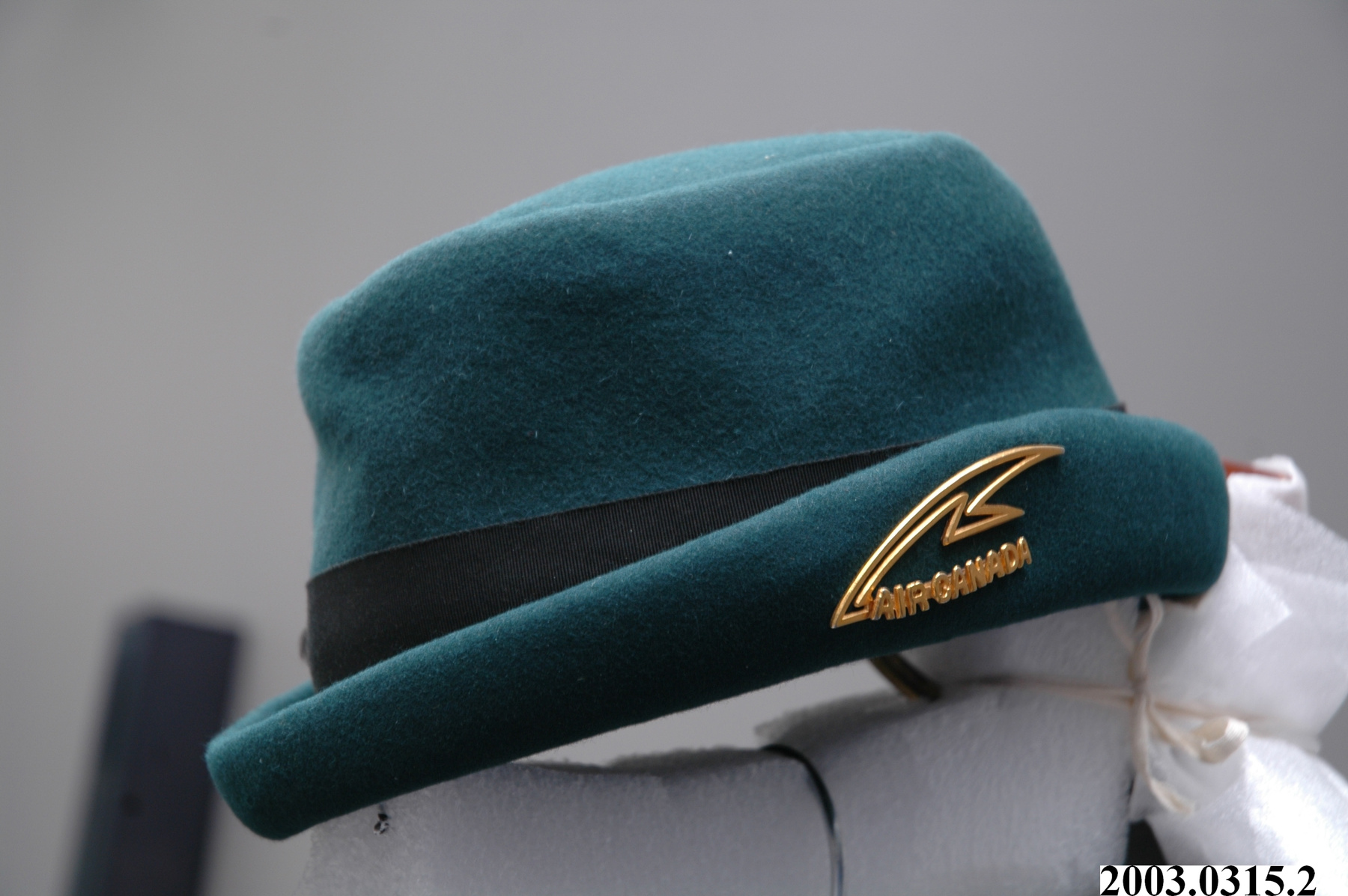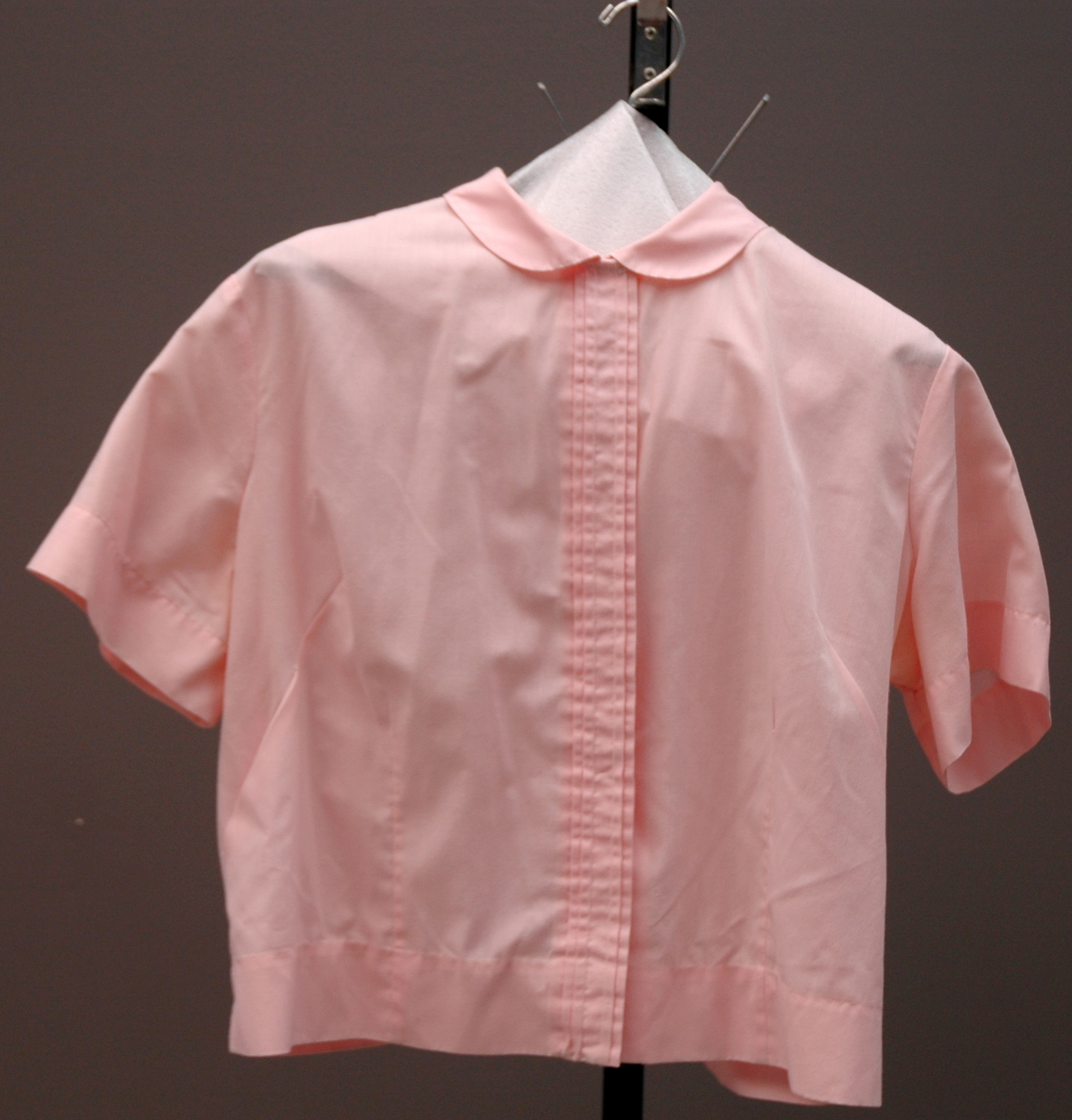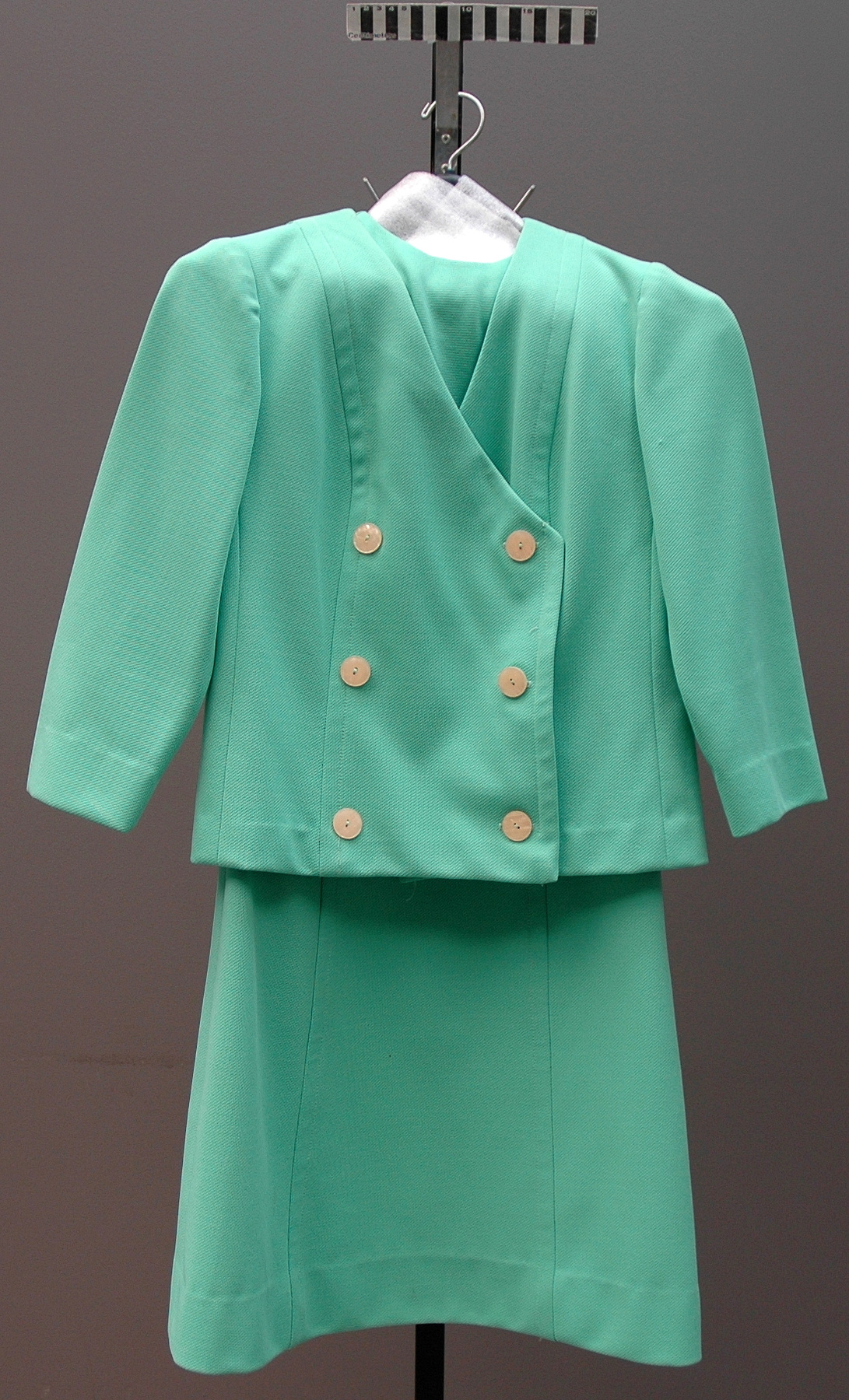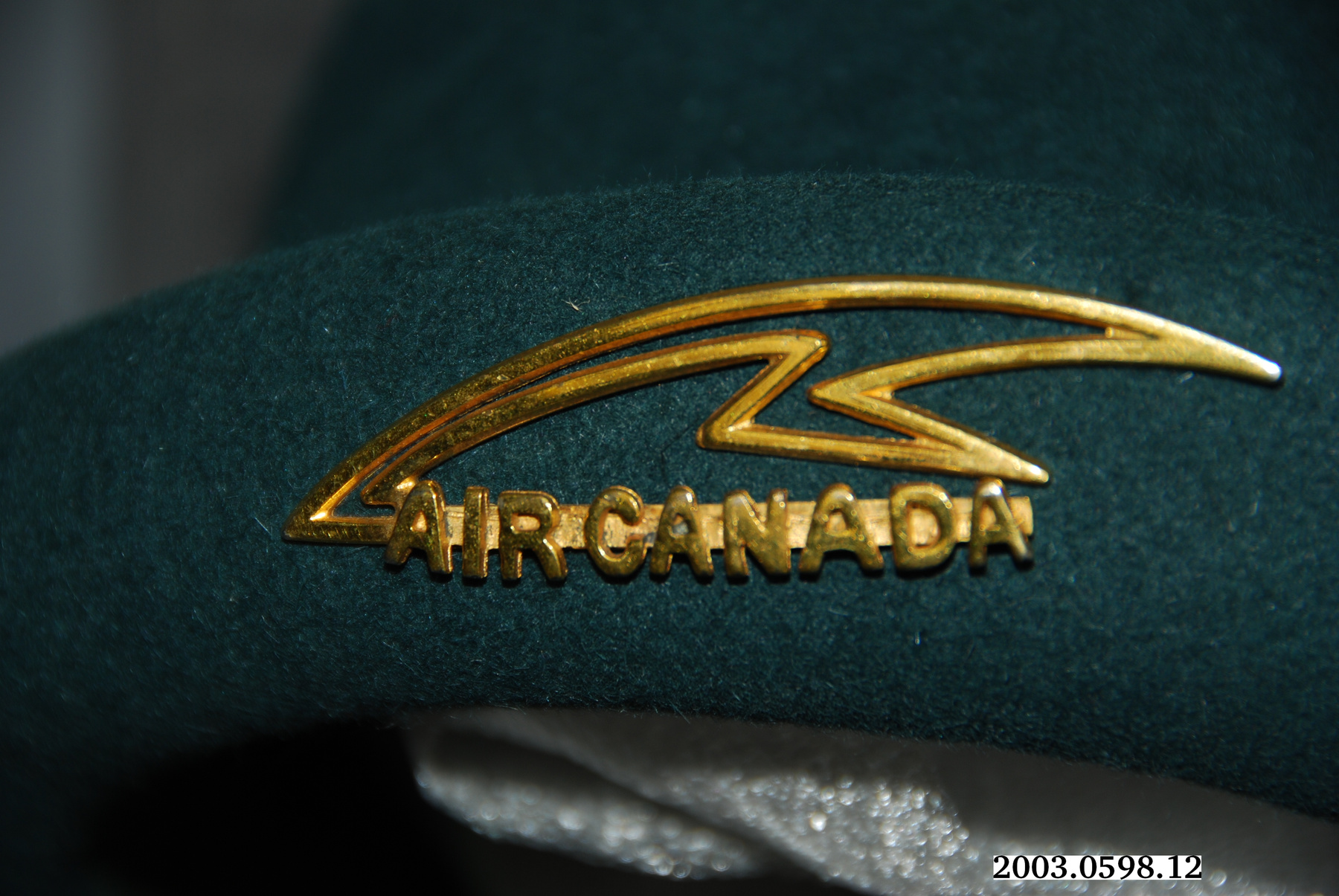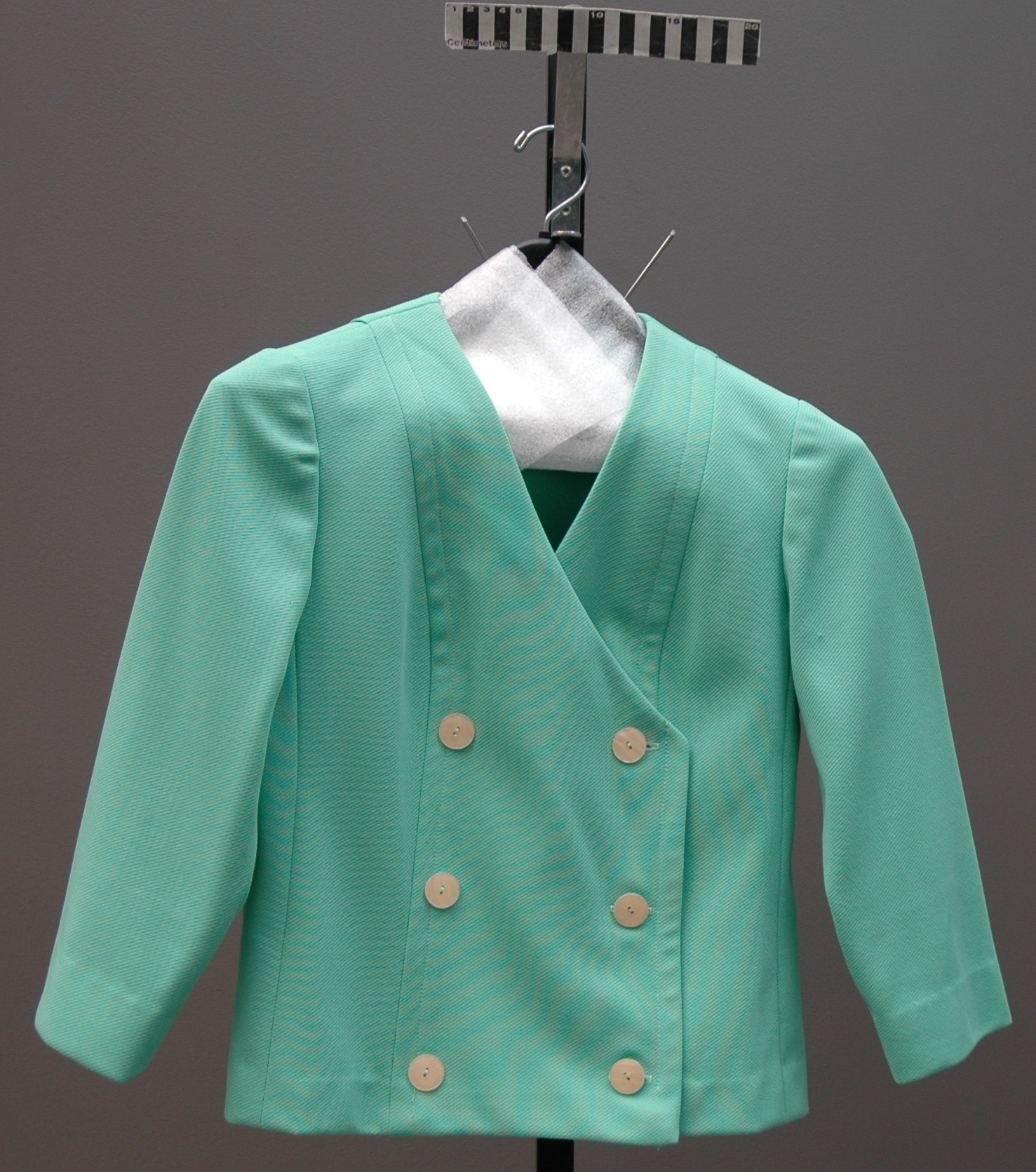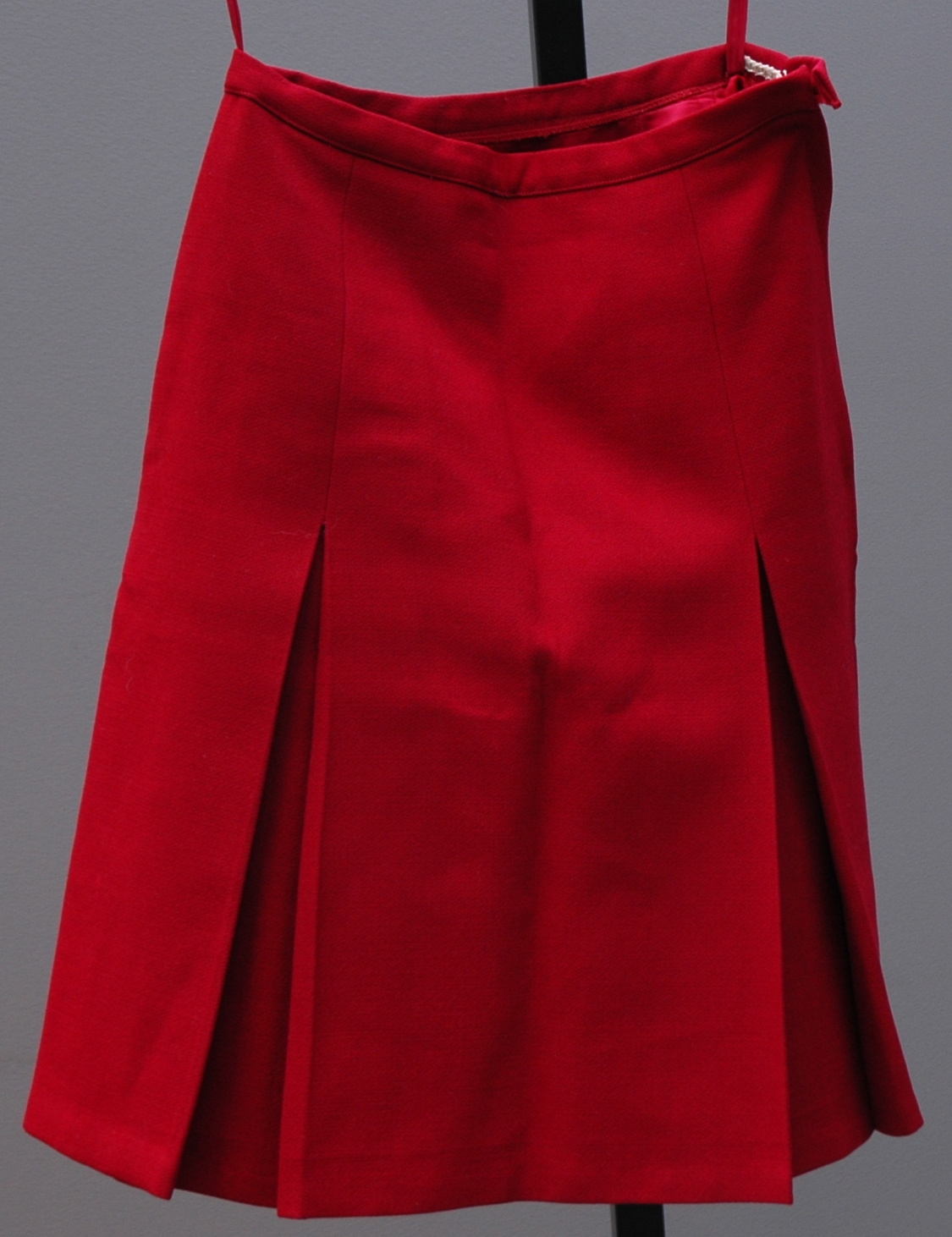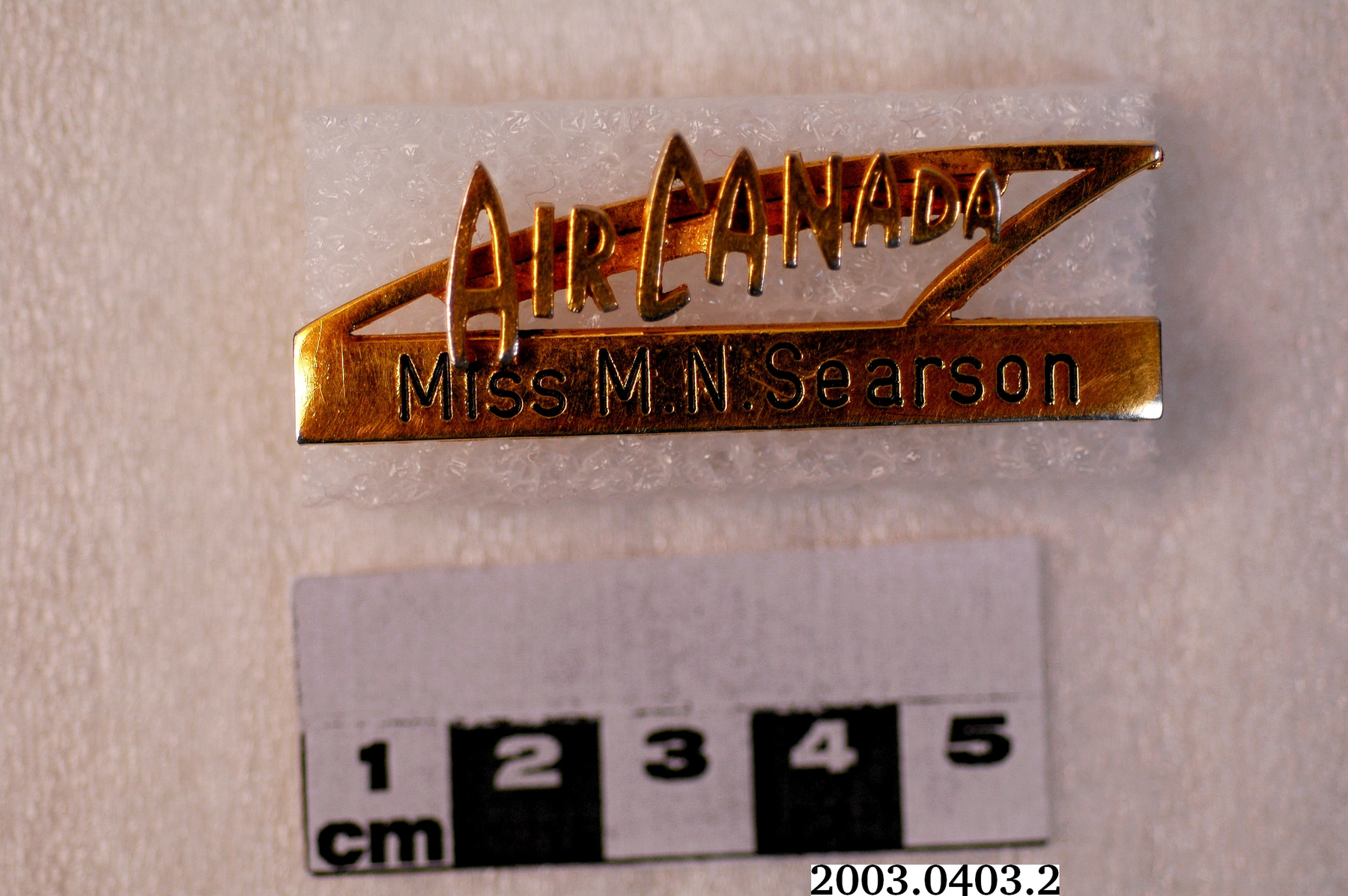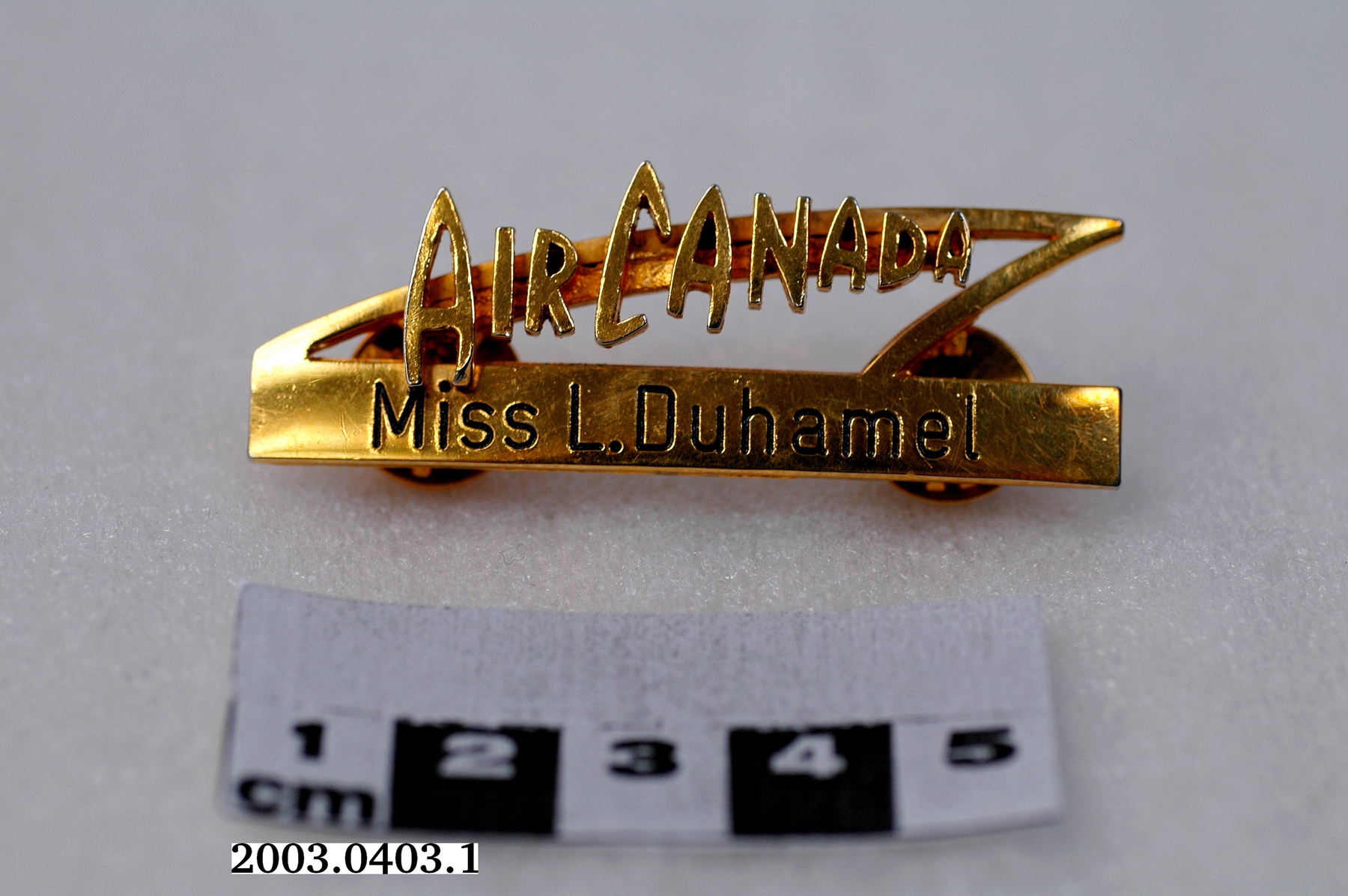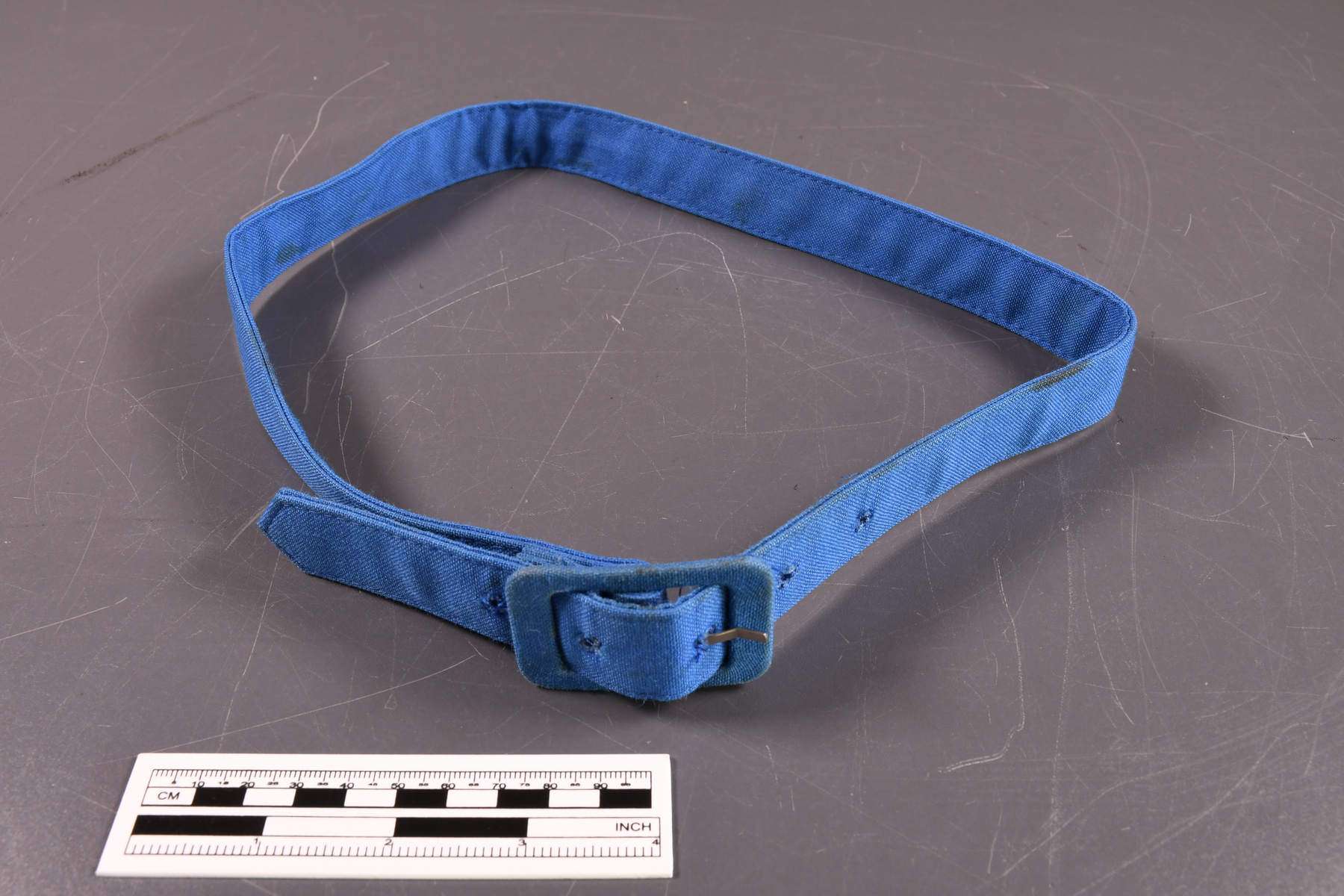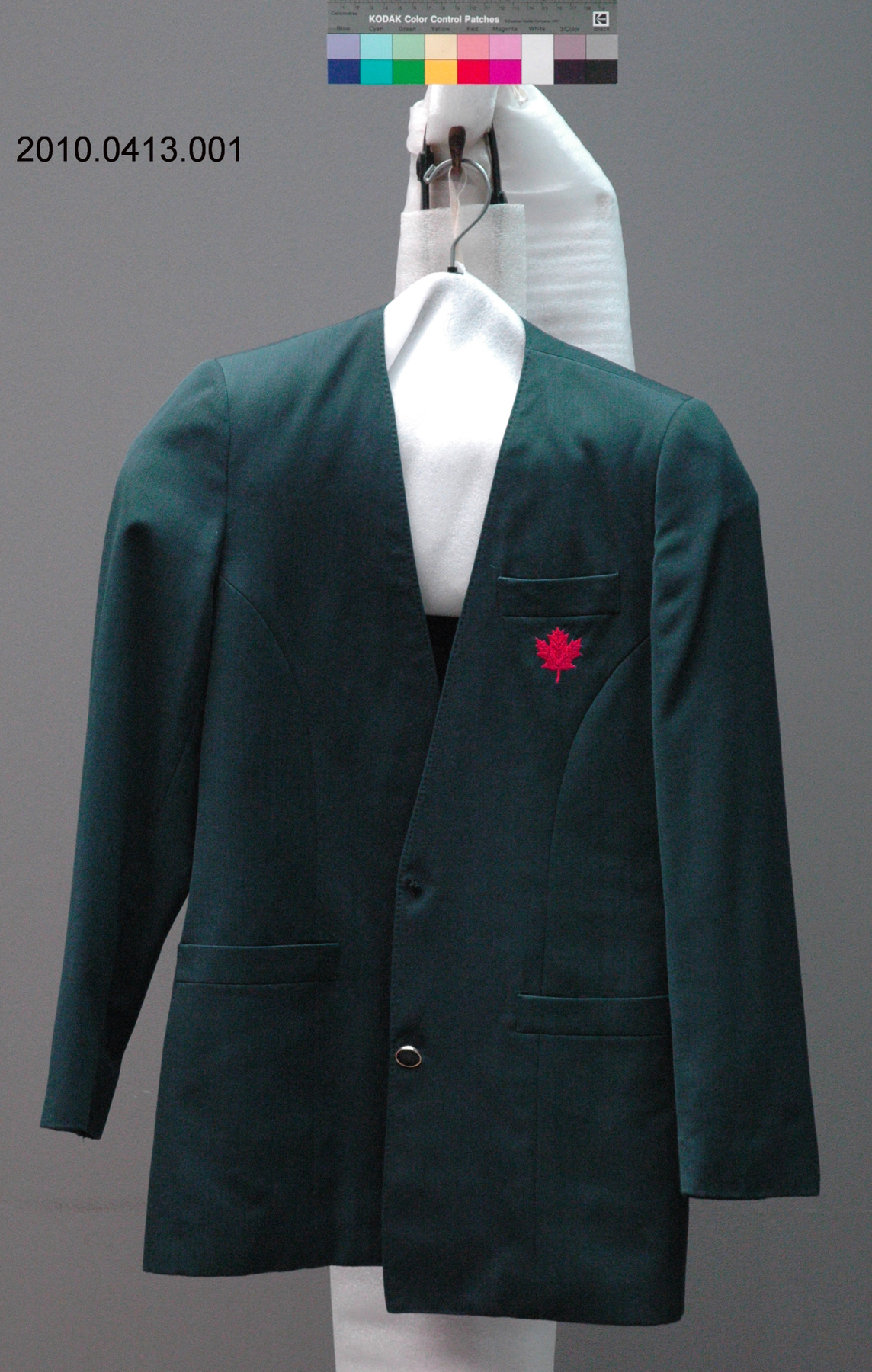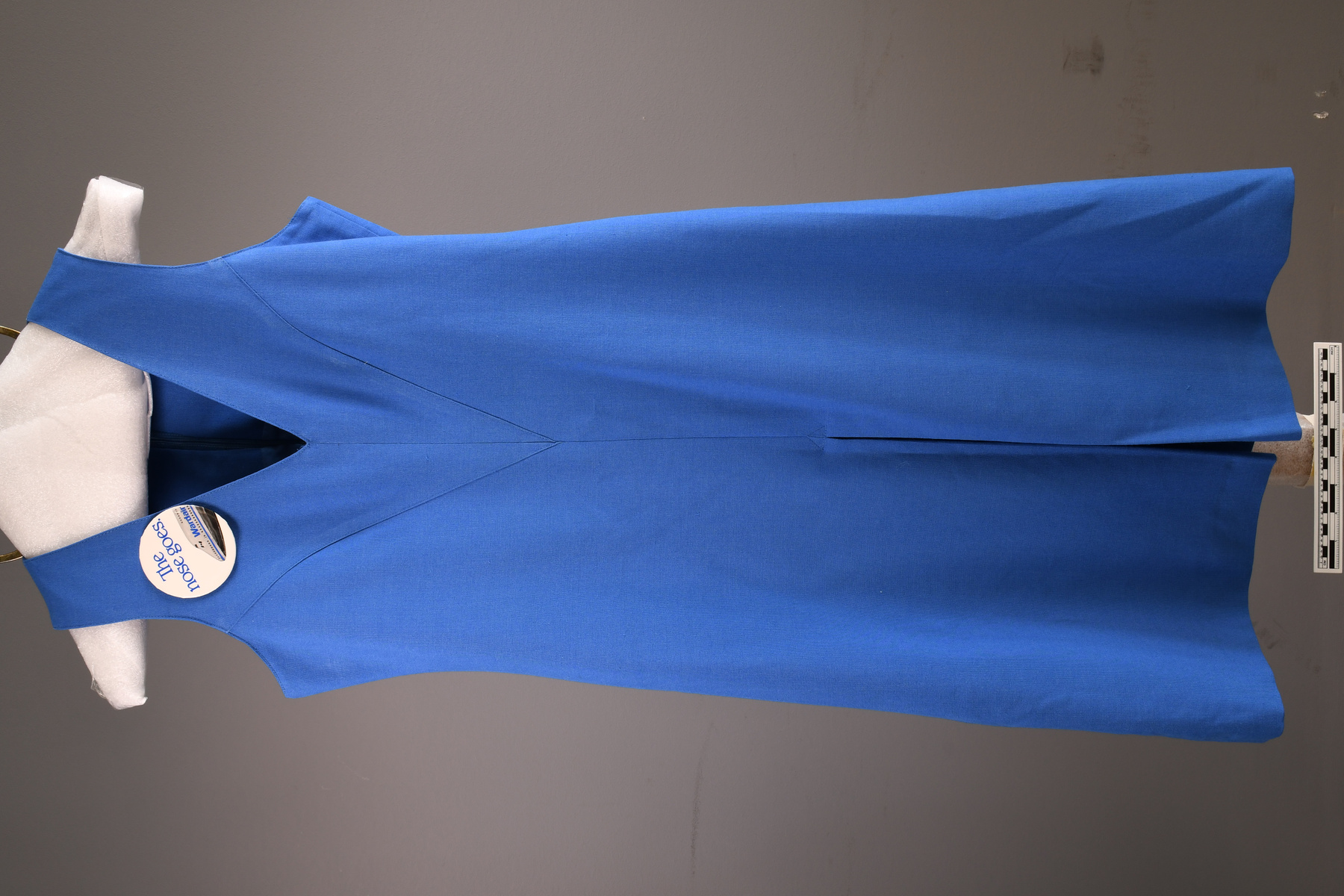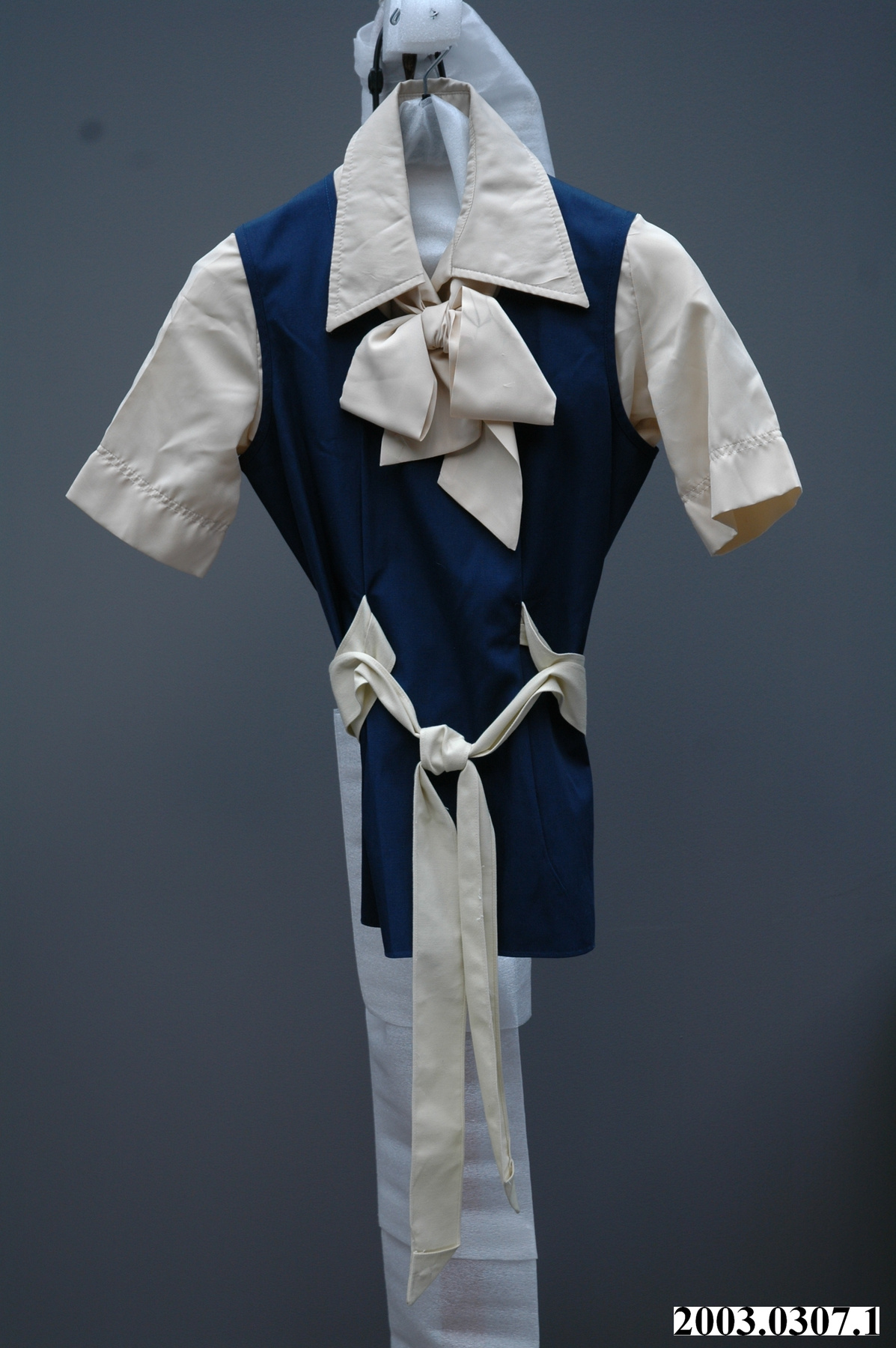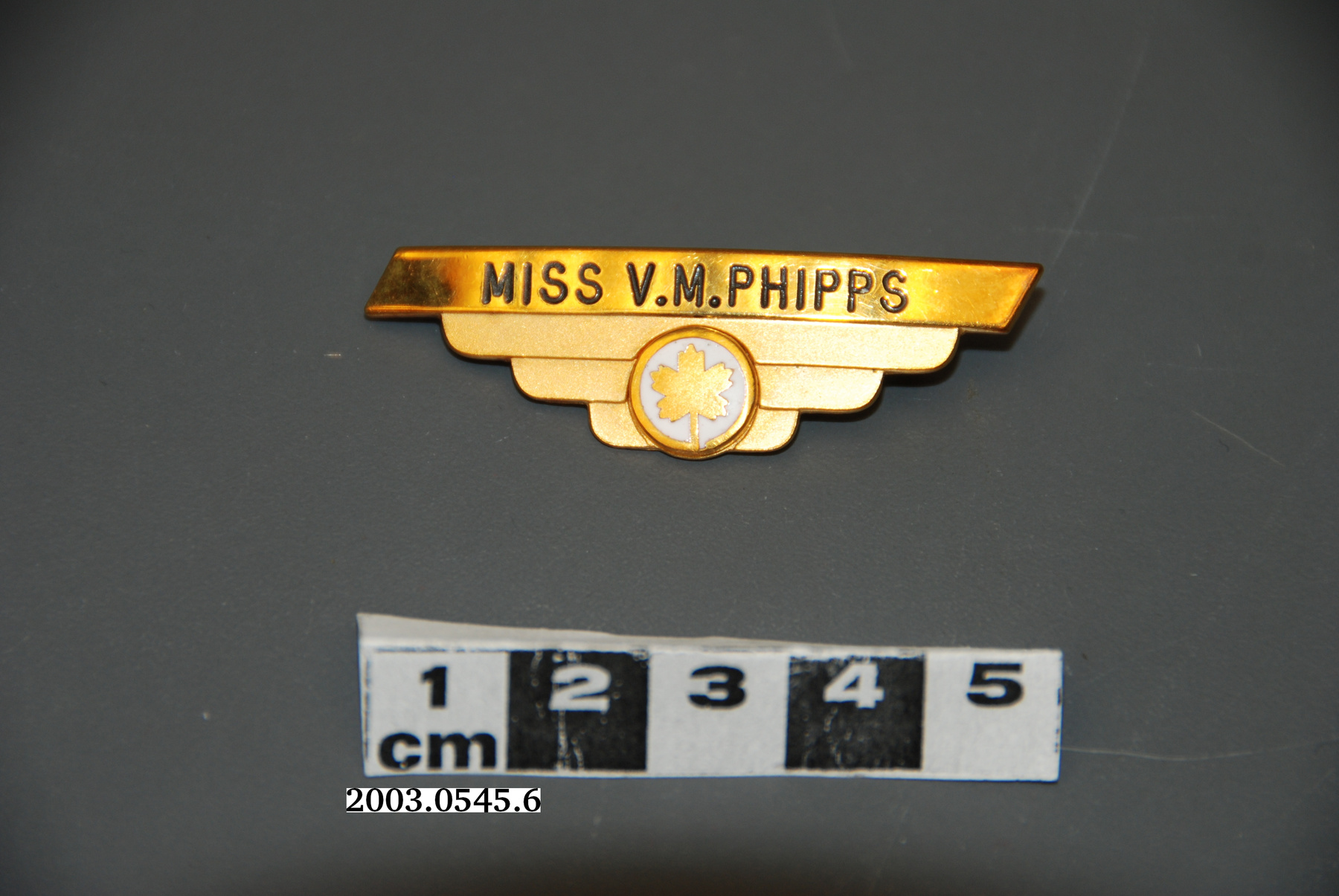Pin, lapel
Use this image
Can I reuse this image without permission? Yes
Object images on the Ingenium Collection’s portal have the following Creative Commons license:
Copyright Ingenium / CC BY-NC-ND (Attribution-NonCommercial 4.0 International (CC BY-NC 4.0)
ATTRIBUTE THIS IMAGE
Ingenium,
2013.0552.007
Permalink:
Ingenium is releasing this image under the Creative Commons licensing framework, and encourages downloading and reuse for non-commercial purposes. Please acknowledge Ingenium and cite the artifact number.
DOWNLOAD IMAGEPURCHASE THIS IMAGE
This image is free for non-commercial use.
For commercial use, please consult our Reproduction Fees and contact us to purchase the image.
- OBJECT TYPE
- airline/flight attendant
- DATE
- 2005–2013
- ARTIFACT NUMBER
- 2013.0552.007
- MANUFACTURER
- Bond Boyd
- MODEL
- Unknown
- LOCATION
- Toronto, Ontario, Canada
More Information
General Information
- Serial #
- N/A
- Part Number
- 7
- Total Parts
- 9
- AKA
- N/A
- Patents
- N/A
- General Description
- Metal.
Dimensions
Note: These reflect the general size for storage and are not necessarily representative of the object's true dimensions.
- Length
- 7.0 cm
- Width
- 2.0 cm
- Height
- 1.0 cm
- Thickness
- N/A
- Weight
- N/A
- Diameter
- N/A
- Volume
- N/A
Lexicon
- Group
- Aviation
- Category
- Clothing
- Sub-Category
- N/A
Manufacturer
- AKA
- Bond
- Country
- Canada
- State/Province
- Ontario
- City
- Toronto
Context
- Country
- Canada
- State/Province
- Unknown
- Period
- From 2005 to 2018.
- Canada
-
Air Canada was originally called Trans Canada Airlines and was formed by the Canadian National Railways. The company launched its first flight on September 1, 1937, between Vancouver and Seattle. It has been Canada’s national airline since the mid-twentieth century. On January 1, 1965, its name was changed to Air Canada. In 2004, as part of a large-scale rebranding, Air Canada introduced a new design and colour scheme for the airplanes, new on-board entertainment systems, lie-flat seats, and a new uniform. Air Canada retired its large 747s and purchased smaller jets that used less fuel and would be easier to fill. This new image accompanied the airline’s restructuration after having filed for bankruptcy protection in 2003. This is an example of a flight attendant uniform worn by an employee of Air Canada. It was issued in 2005 and its variations were designed by Debbie Shuchat. Celine Dion launched the new brand with a performance of the song “You and I”. All front-line staff wears the same basic uniforms with scarves, ties, or brevets denoting different ranks or jobs. Customer services agents and flight attendants wear a red scarf while in-flight service managers, service directors, customer service managers, and lead customer service agents wear a blue scarf. Concierges – cabin crew on business class and first class – wear a silver/grey scarf. The full uniform for female flight attendants and service directors offers a few options: the jacket and the scarf can be worn with a dress, belted trousers, or a skirt, with a choice of a long or short sleeve blouse if applicable. Cabin crew working in economy class are allowed to wear a short sleeve shell and a light or heavy cardigan. This full uniform has to be worn in the airport and during boarding, safety demonstrations, taxiing, takeoff, landing, deplaning, and emergency situations. The uniform has a number of additional components: an all-weather coat, a topper coat, a parka, a winter scarf, gloves, a maternity blouse, three pieces of luggage, and two types of purses. A special scarf was worn during the 2010 Winter Olympic games, which Air Canada sponsored. - Function
-
To identify the wearer as an Air Canada flight attendant. - Technical
-
This uniform has many features that suggest it was designed to be functional, as well as stylish. Most parts of the uniform can be machine washed and dried. The skirt and the dress are both quite long but feature back slits, which make it easier for the wearer to move about. The shirt is long enough that it will remain tucked if the wearer has to reach up into the overhead compartment. A flight attendant might work in a variety of environments from day to day as well as over the course of one day. The range of clothing options allows the wearer to tailor her dress to suit the destination of the flight or to add or remove layers during the day. The options also recognize that different flight attendants will be comfortable in different types of clothes and that women have different body types suited to different styles. - Area Notes
-
Unknown
Details
- Markings
- Lettering embossed on back reads: “MADE IN CANADA/BY/BOND-BOYD/TORONTO”.
- Missing
- The artefact appears complete.
- Finish
- Silver-colored; matte.
- Decoration
- Embossed Air Canada maple leaf inside circle logo; 3 embossed lines ending at different lengths on the proper left side.
CITE THIS OBJECT
If you choose to share our information about this collection object, please cite:
Bond Boyd, Pin, lapel, circa 2005–2013, Artifact no. 2013.0552, Ingenium – Canada’s Museums of Science and Innovation, http://collections.ingeniumcanada.org/en/item/2013.0552.007/
FEEDBACK
Submit a question or comment about this artifact.
More Like This
